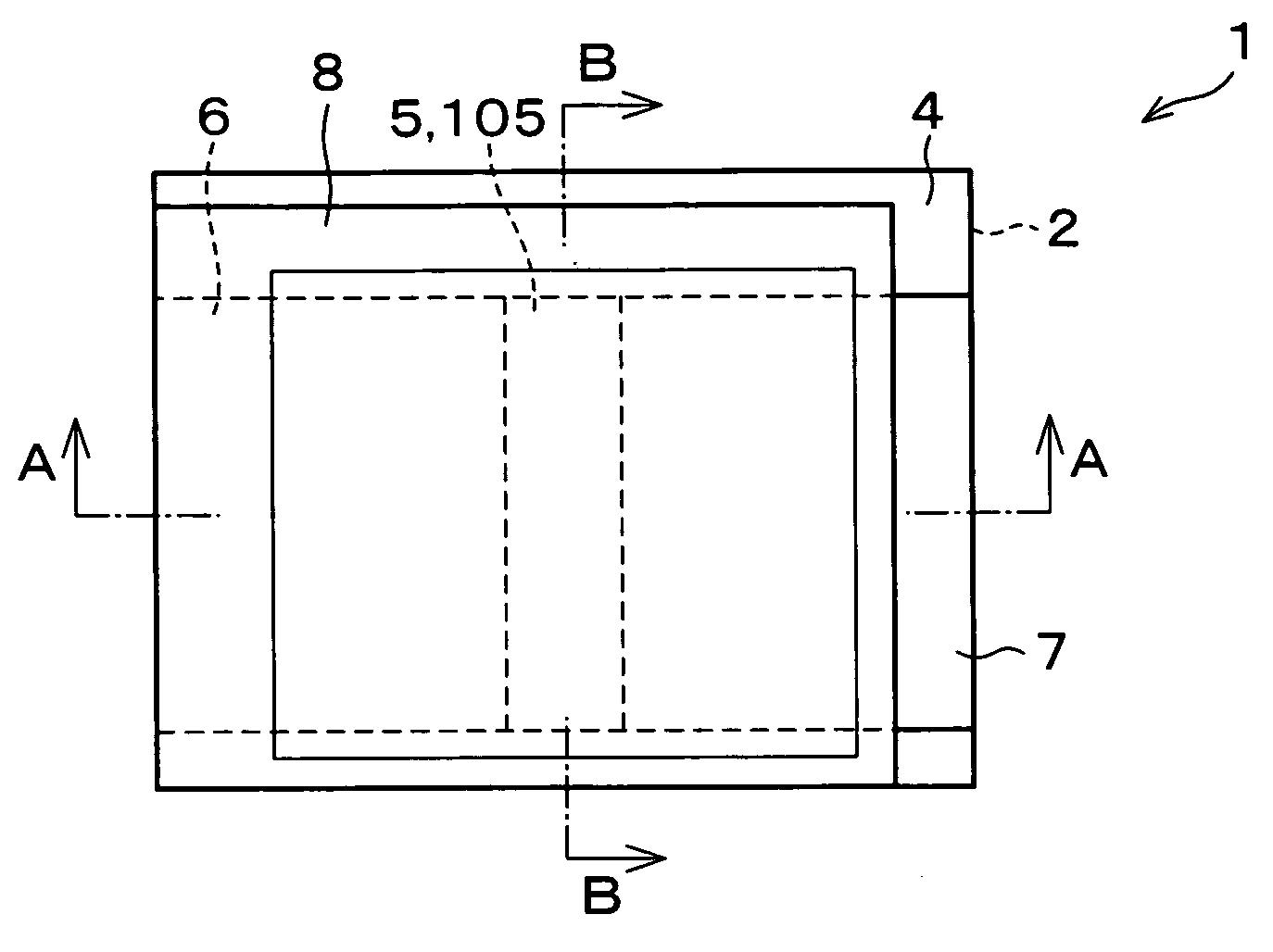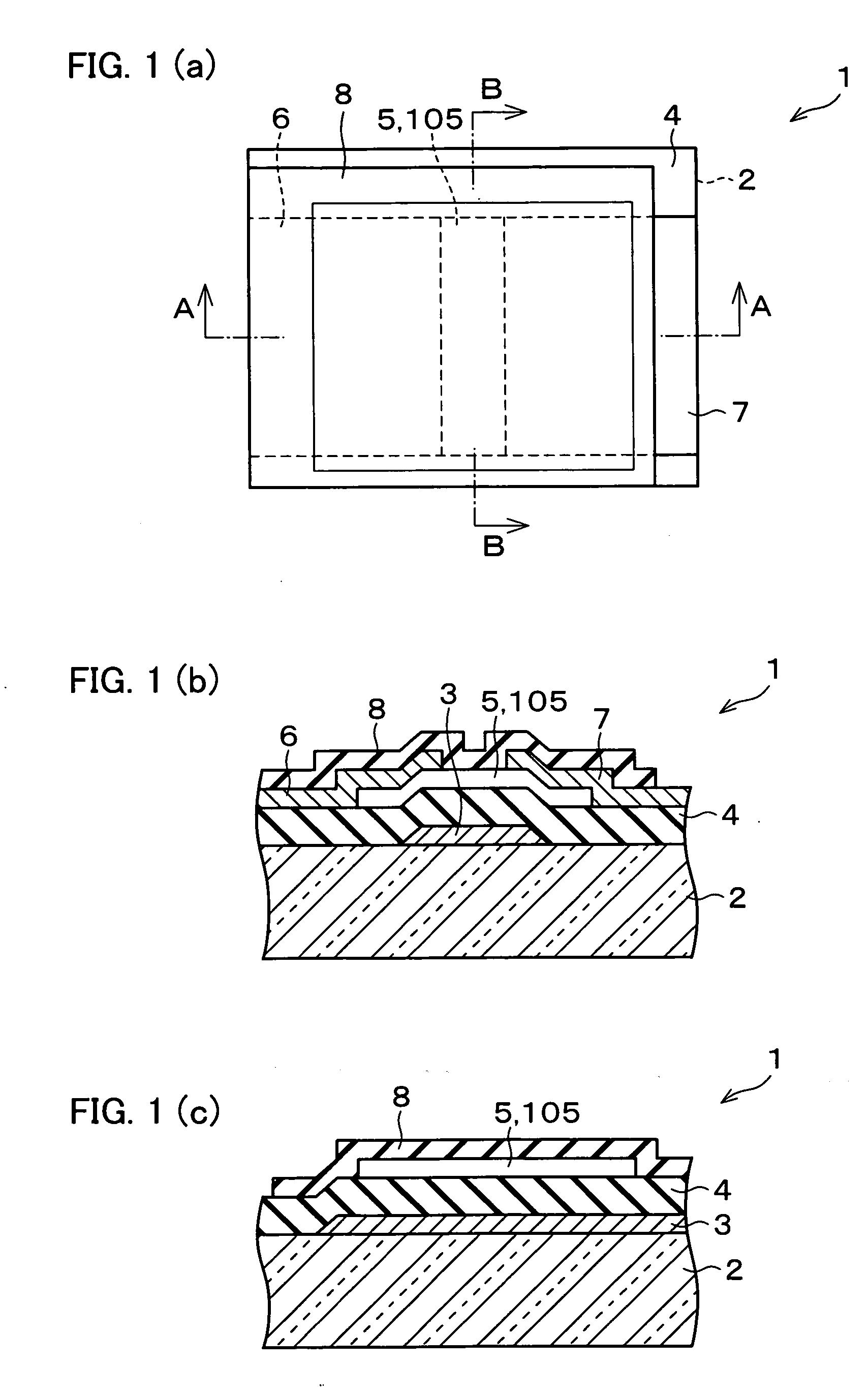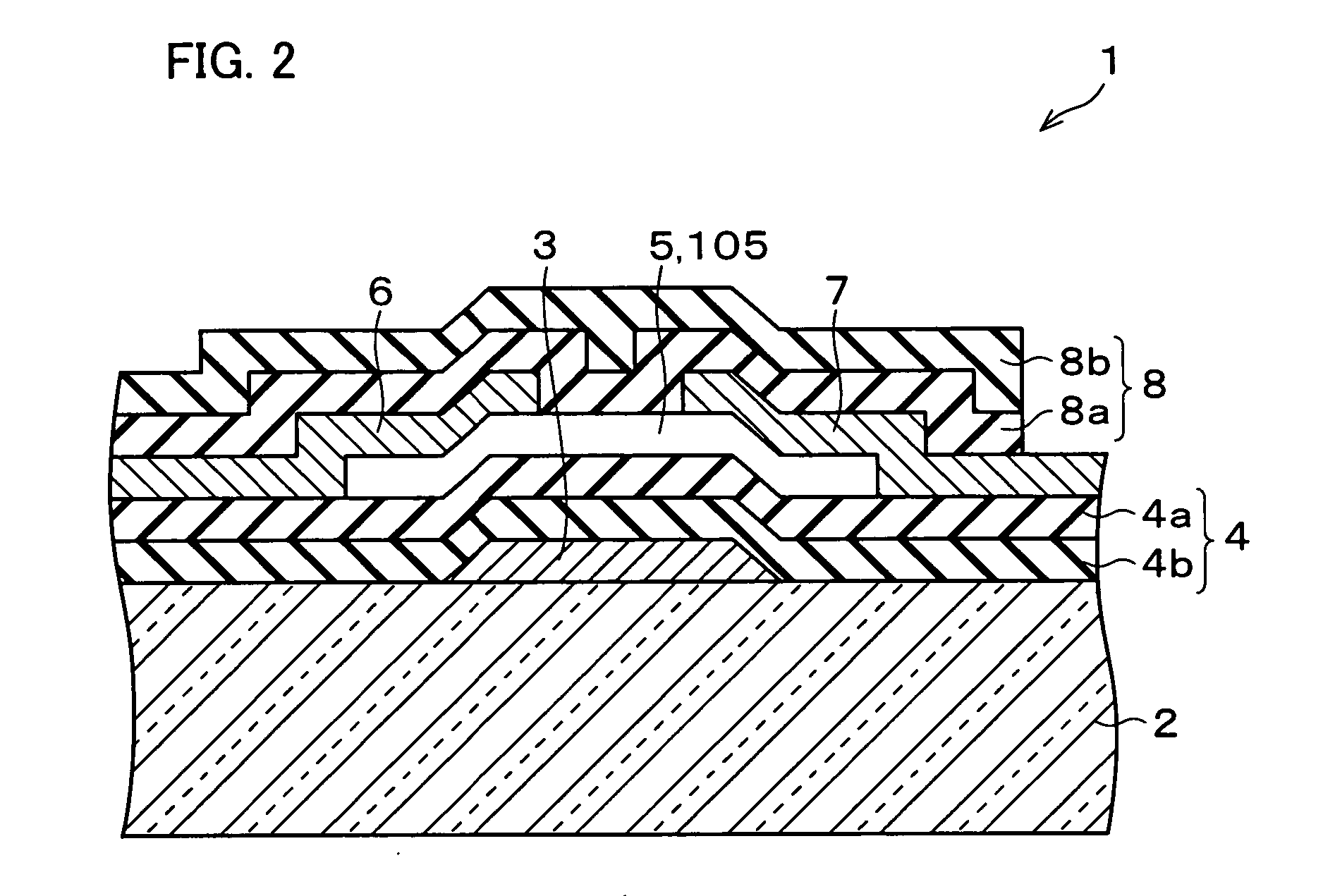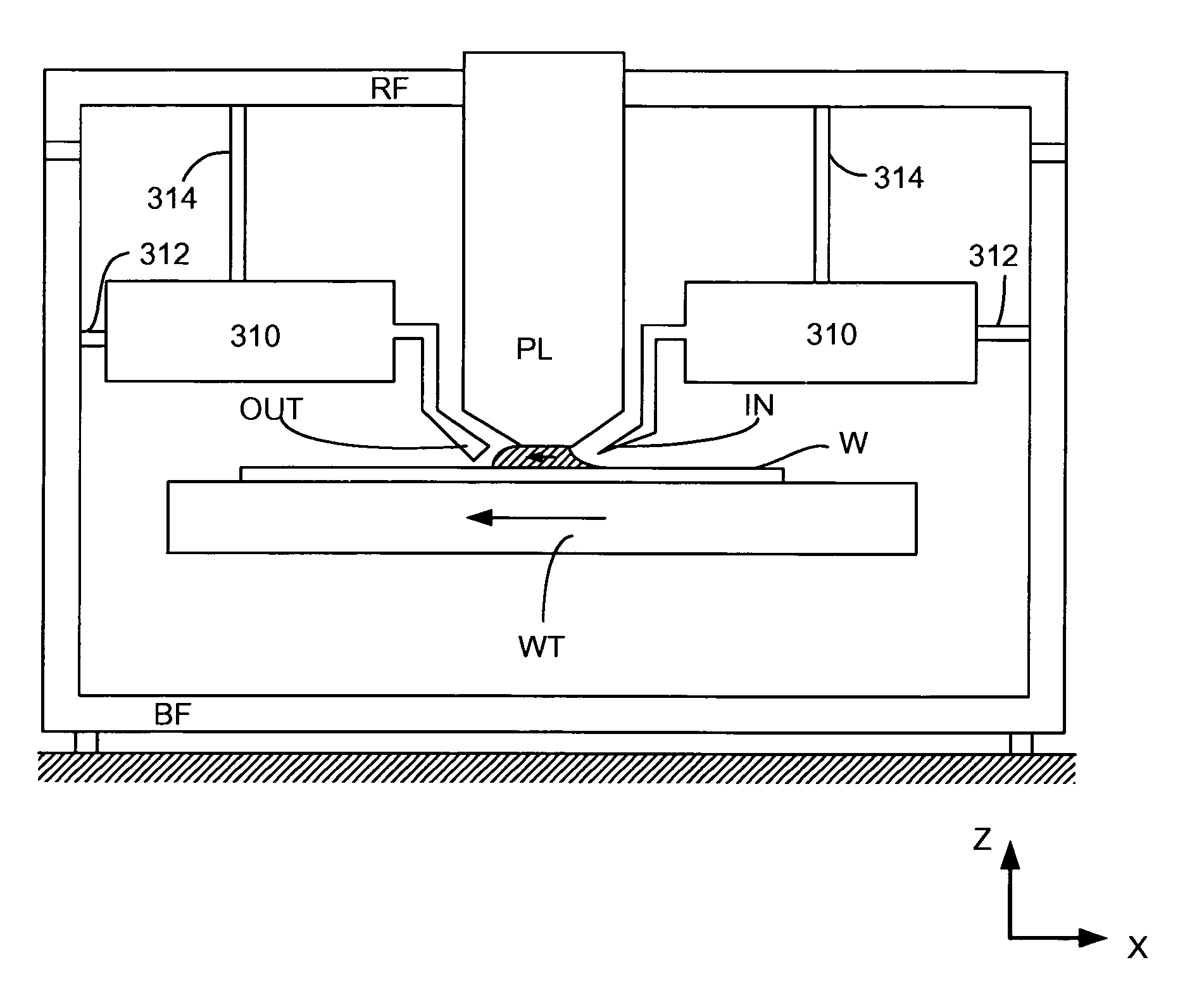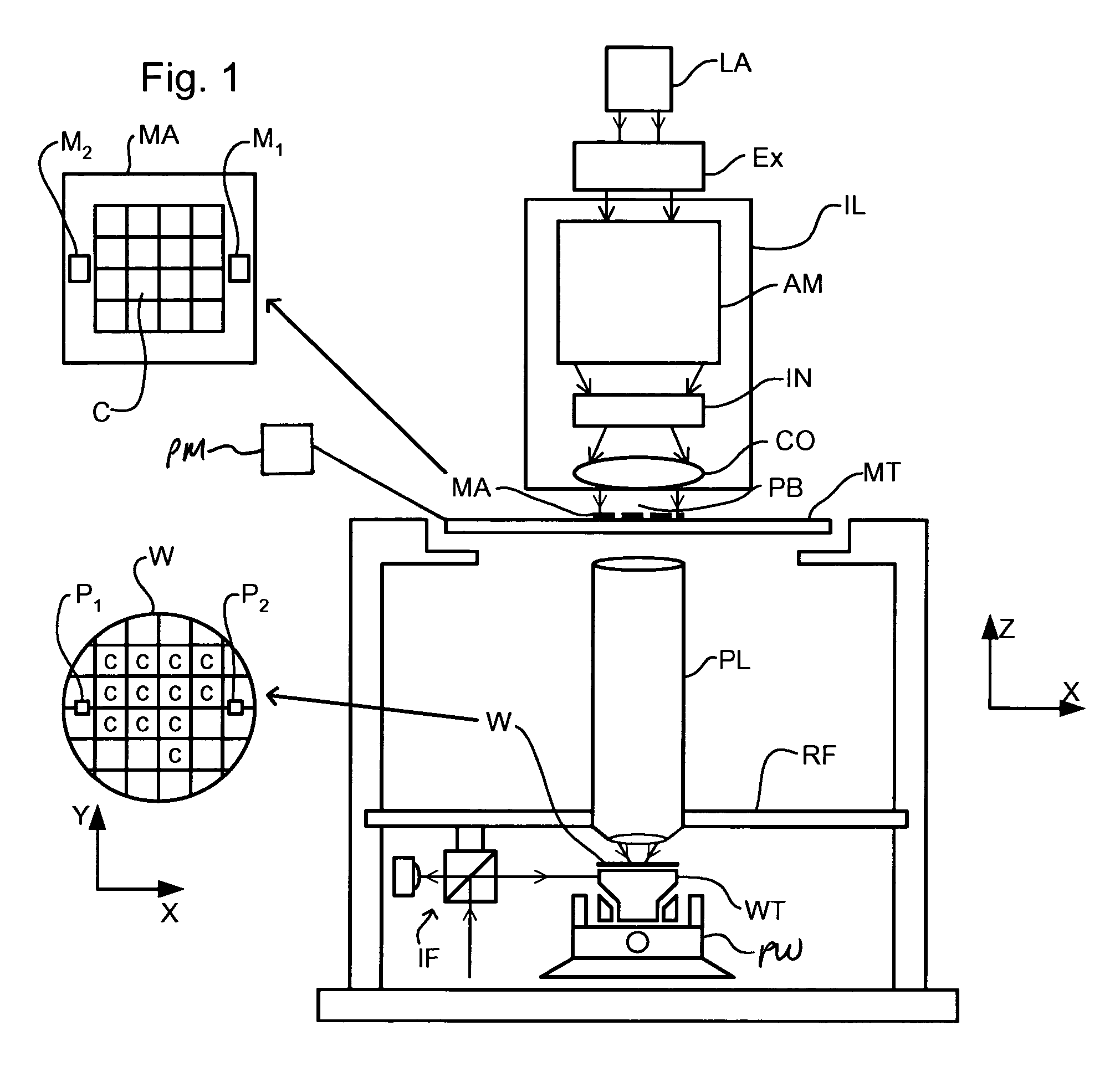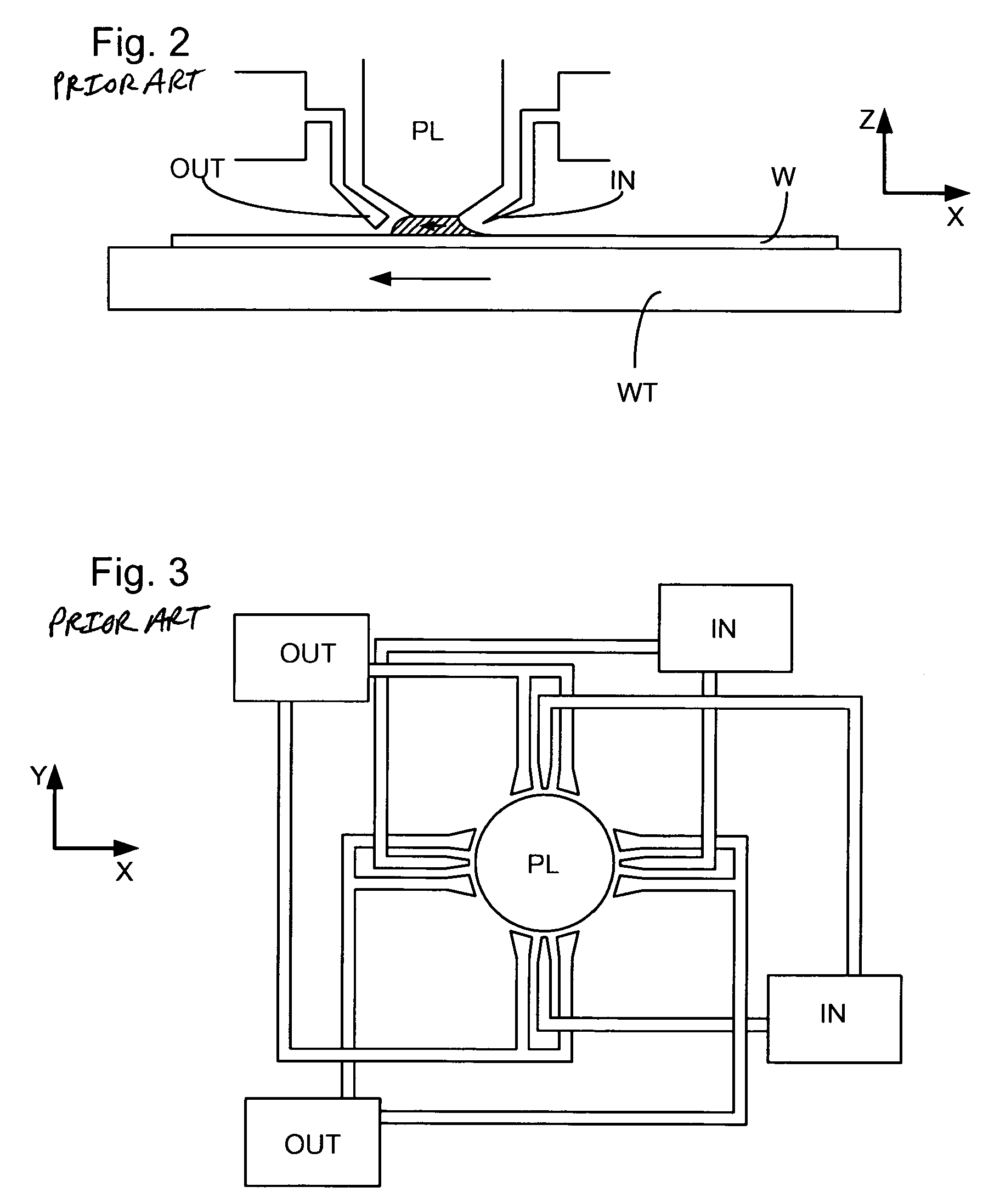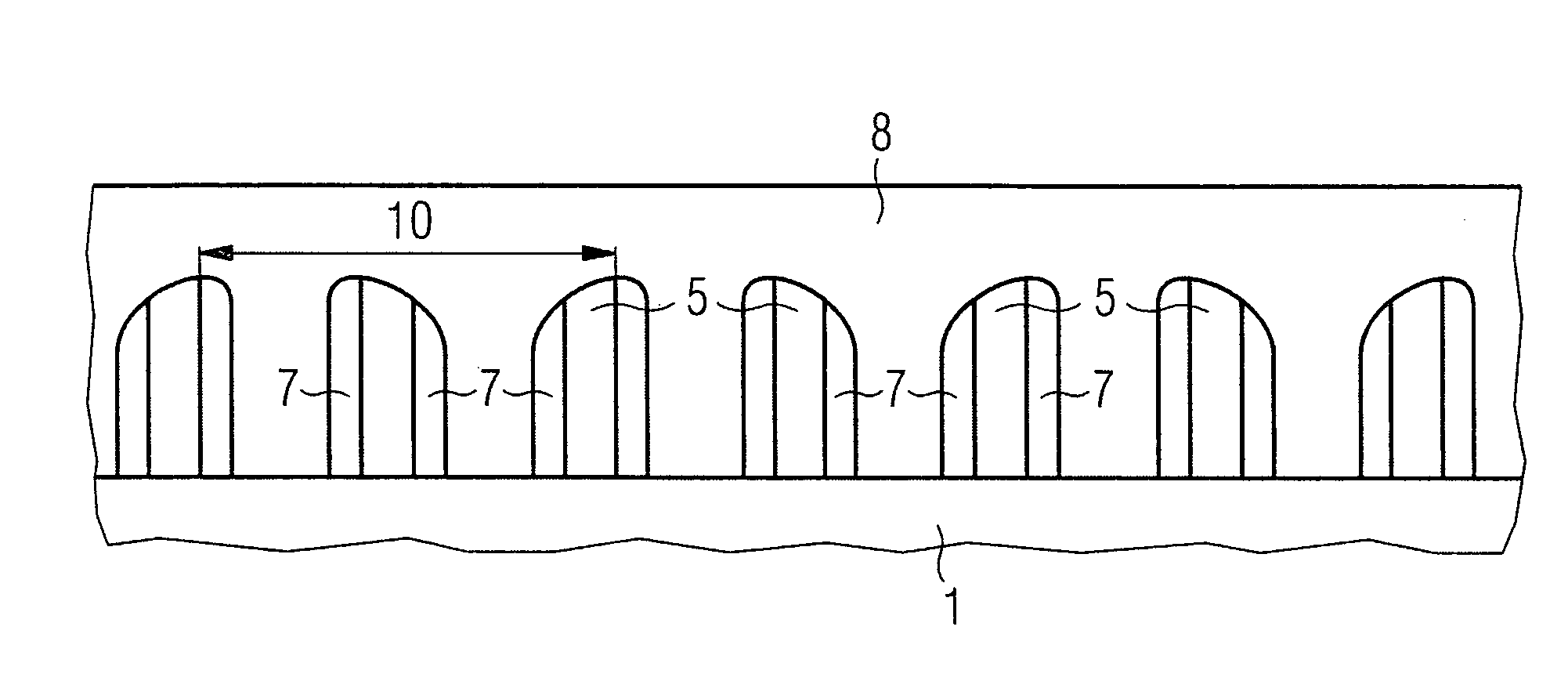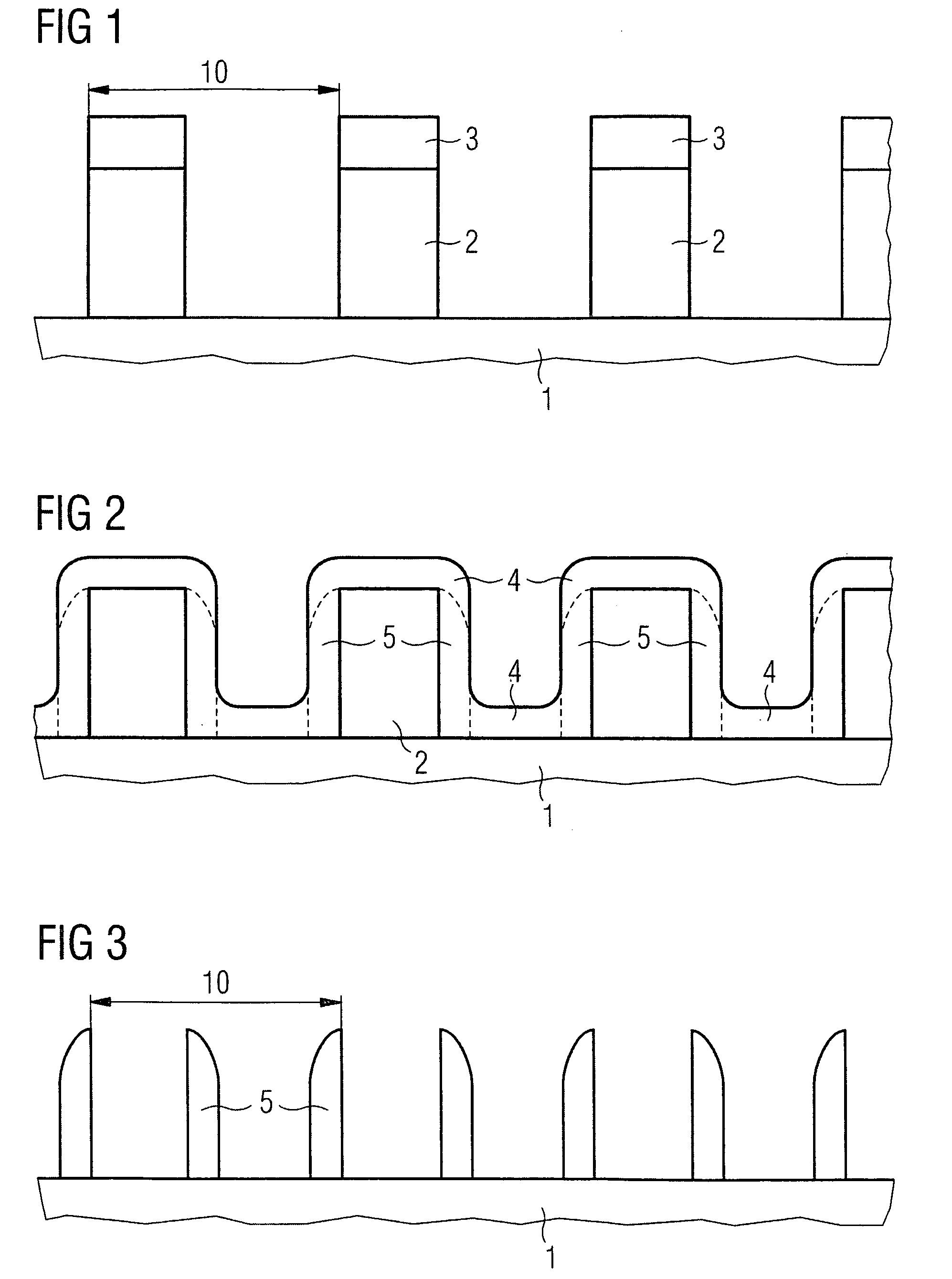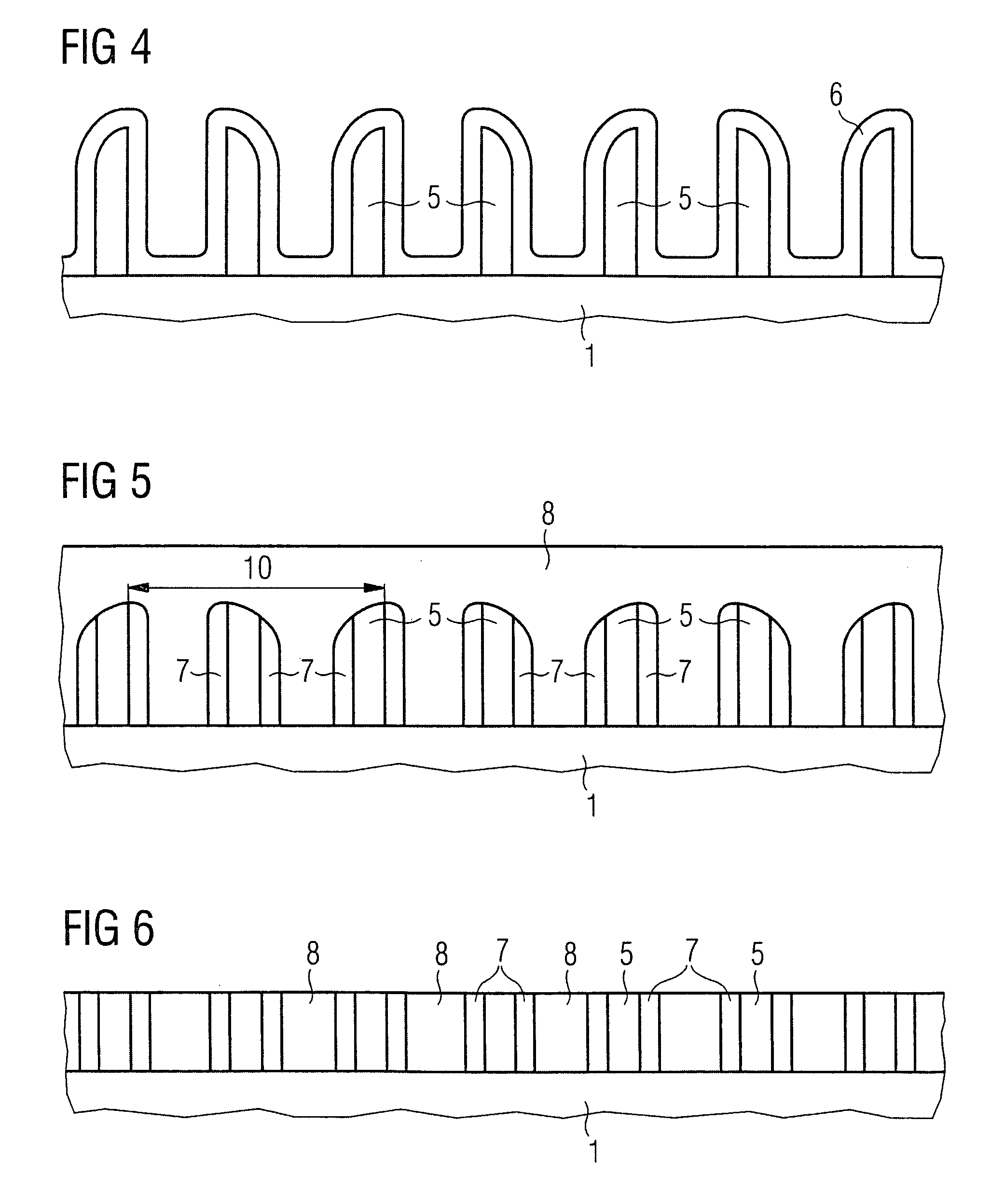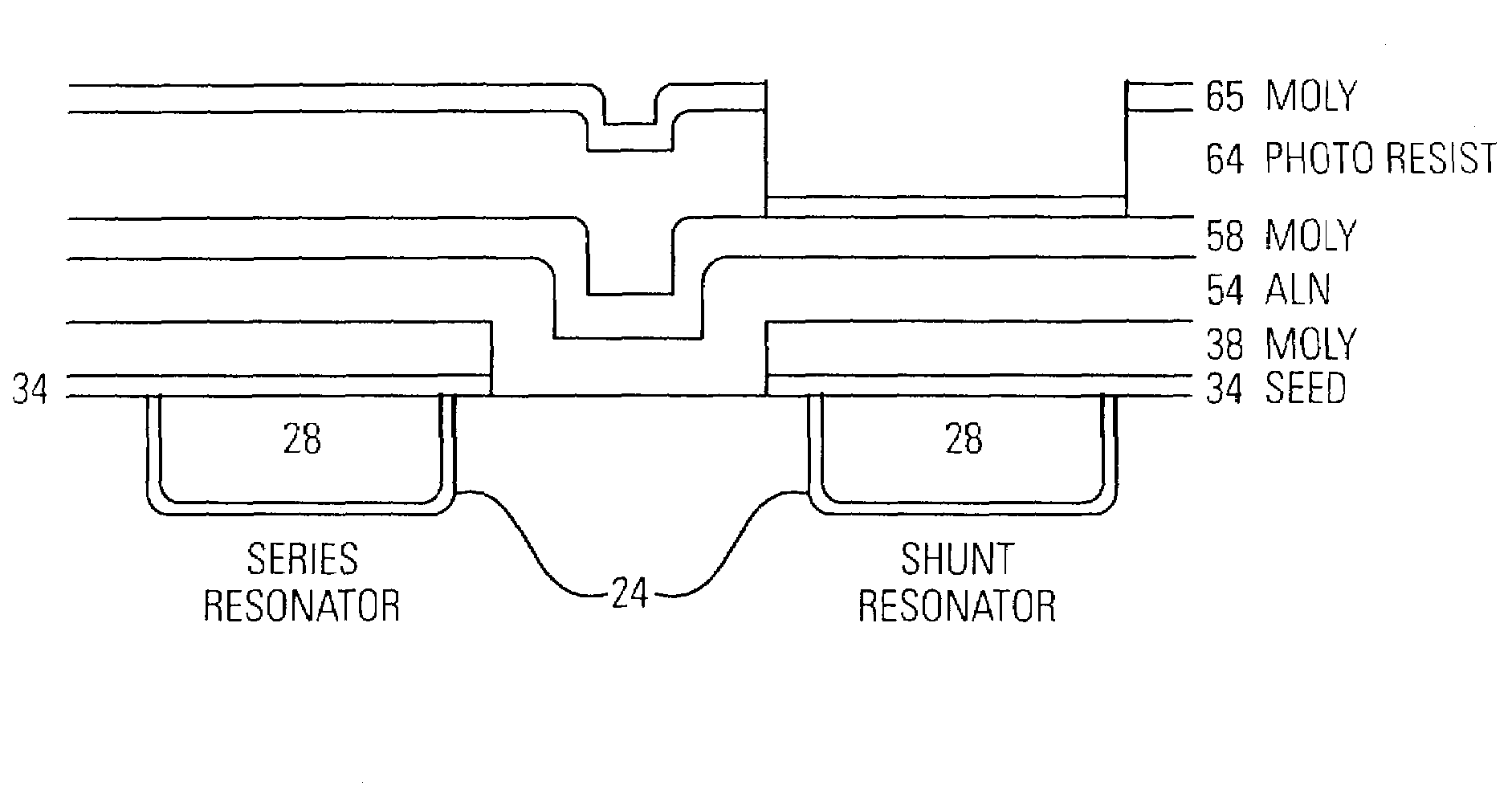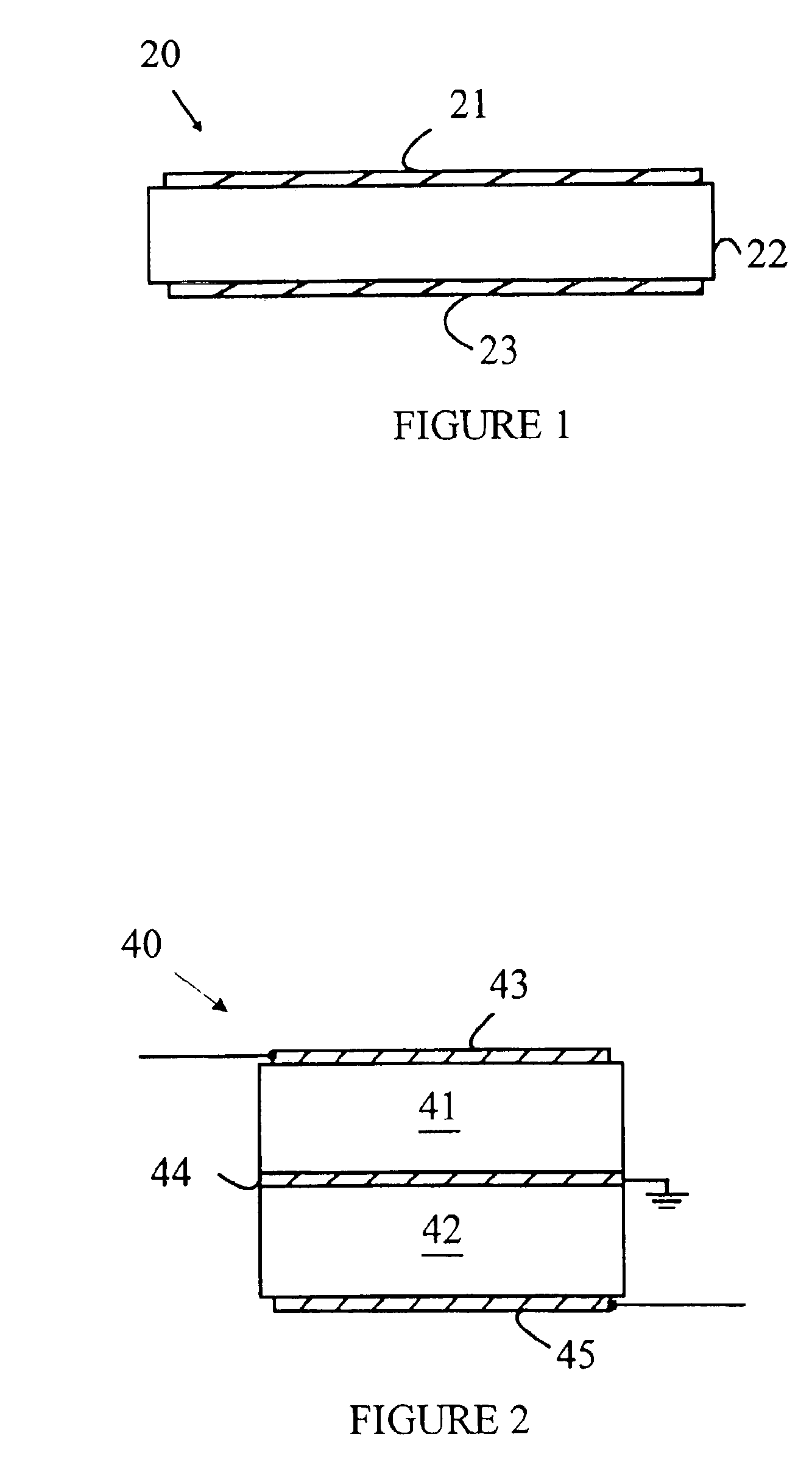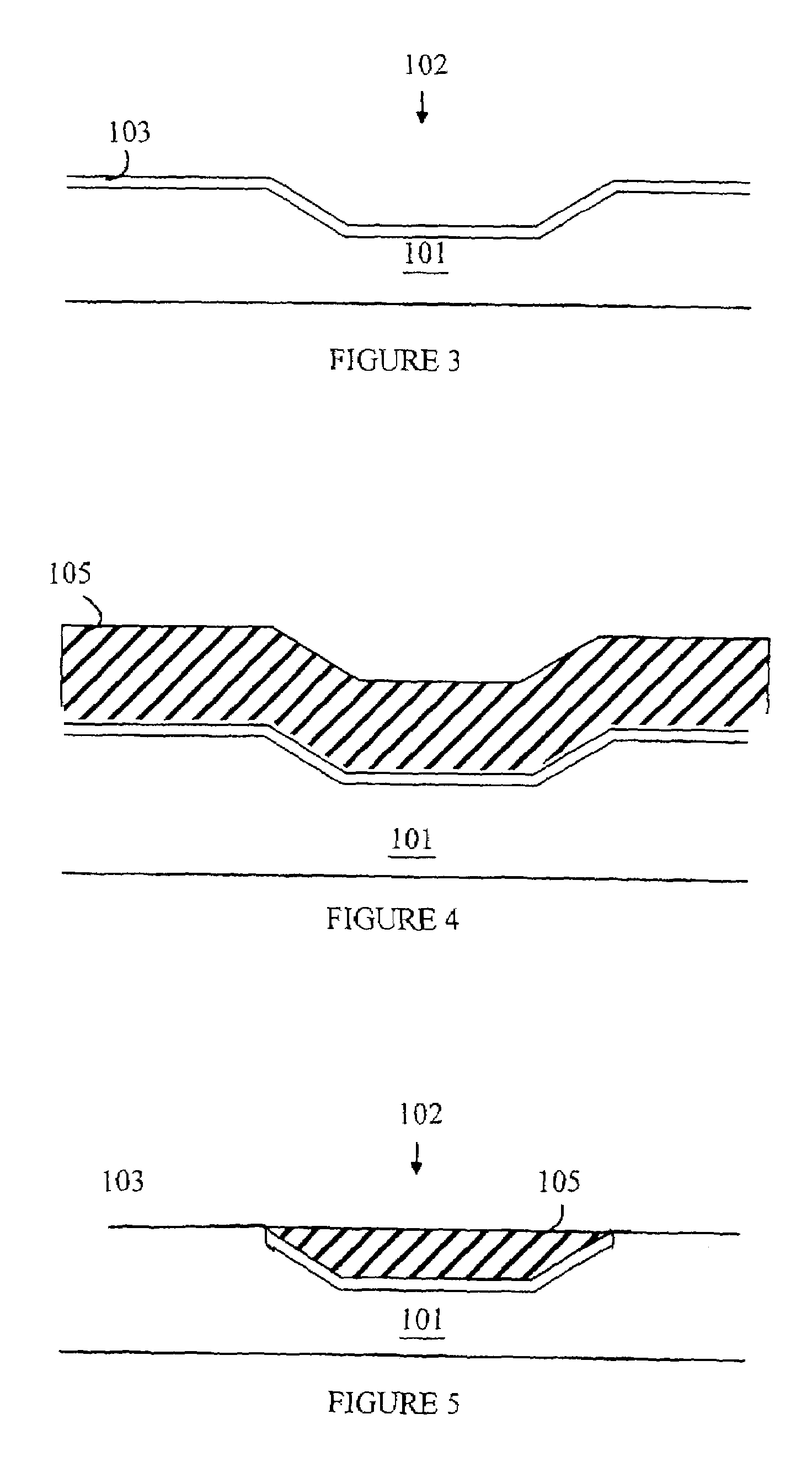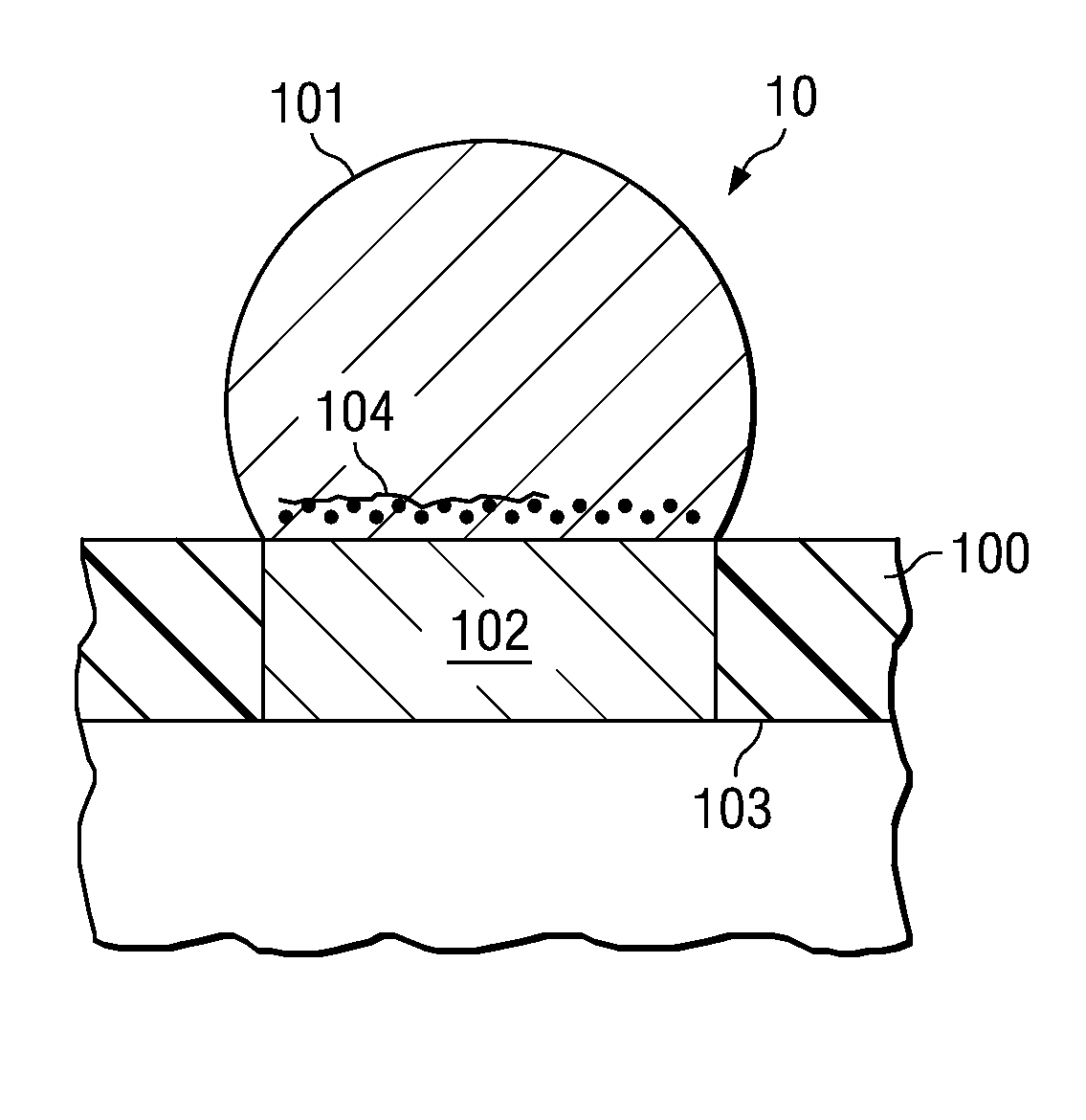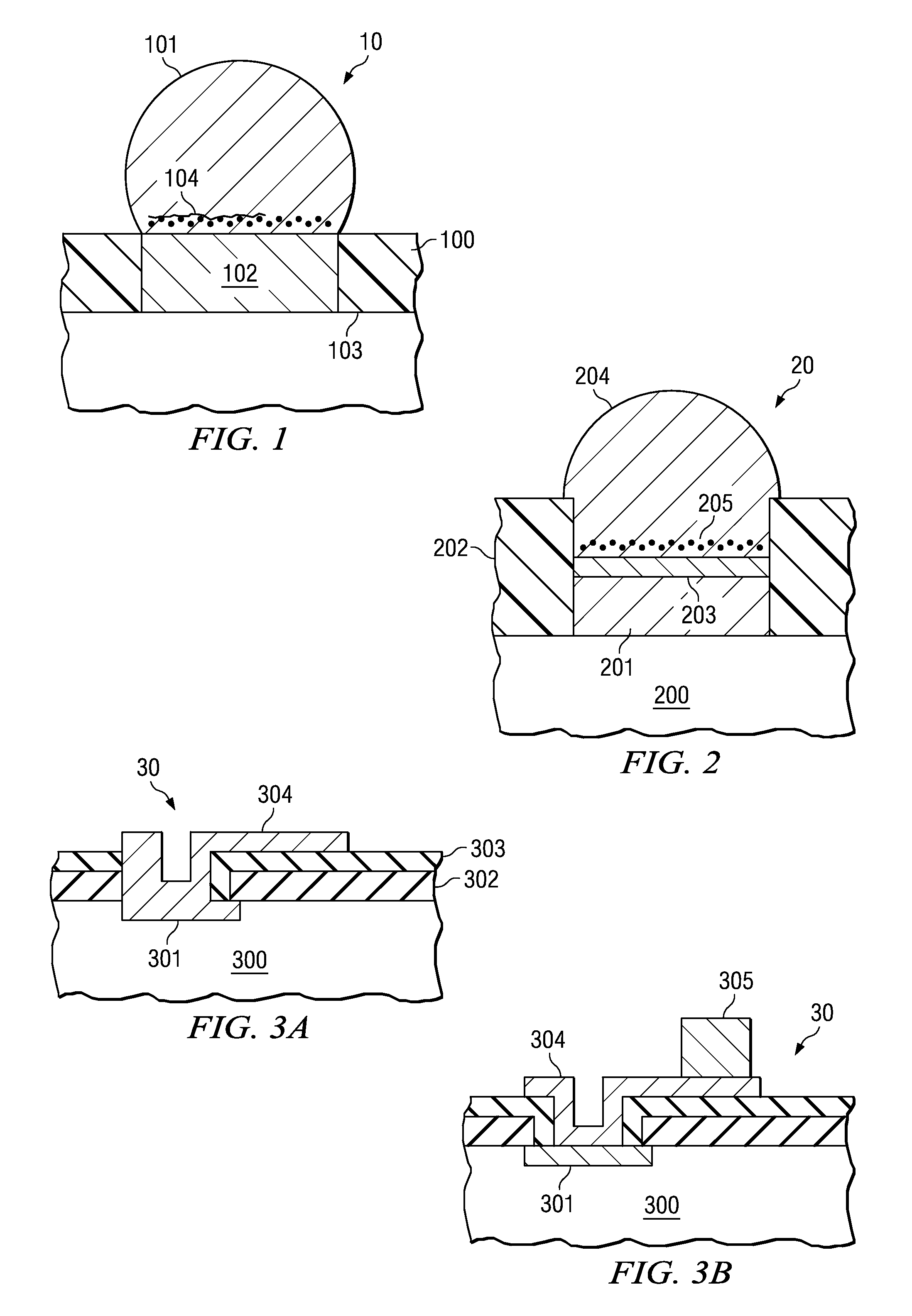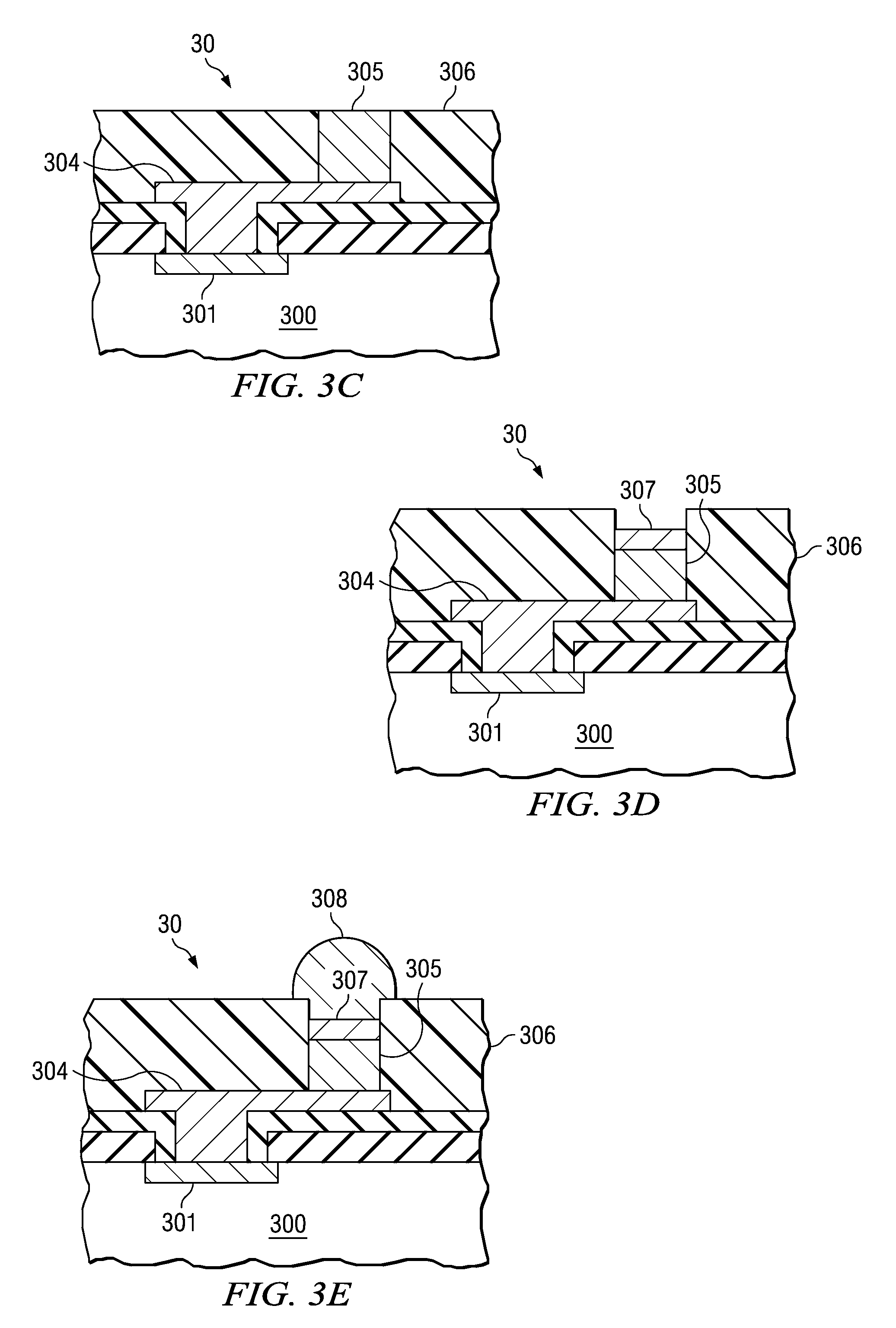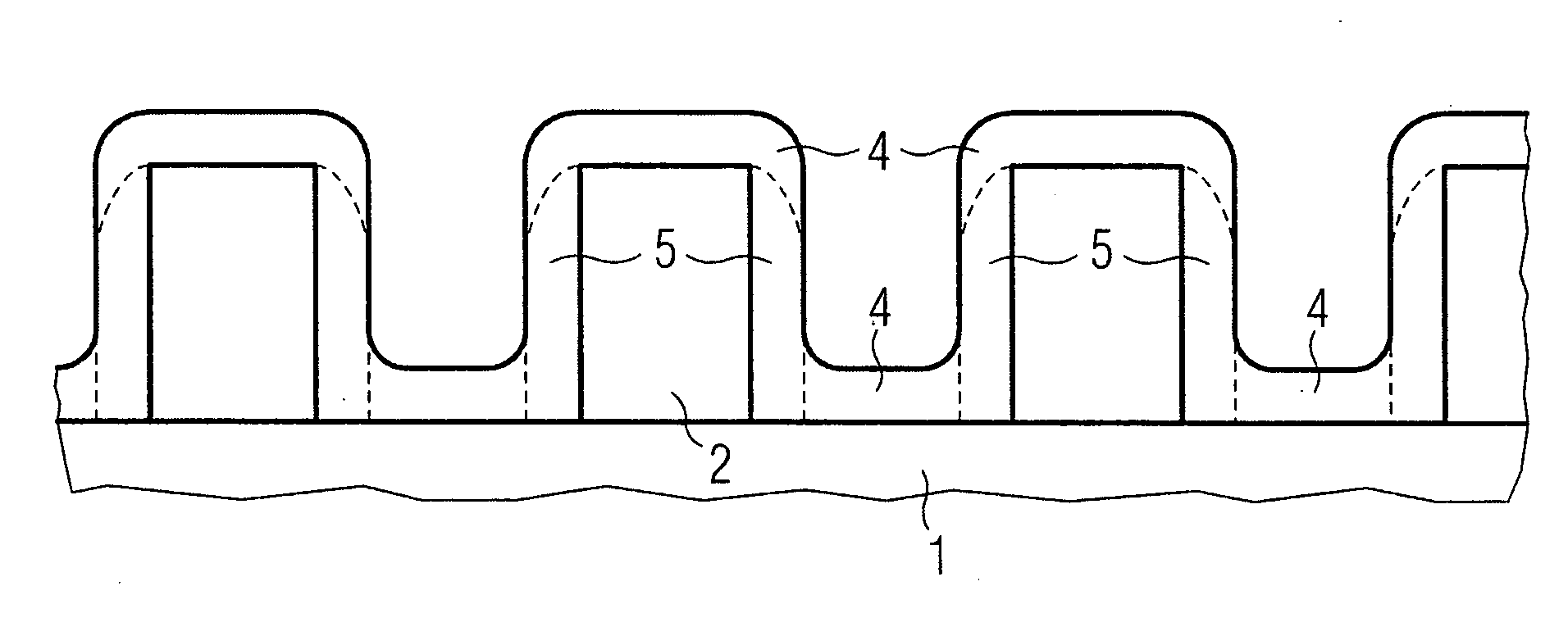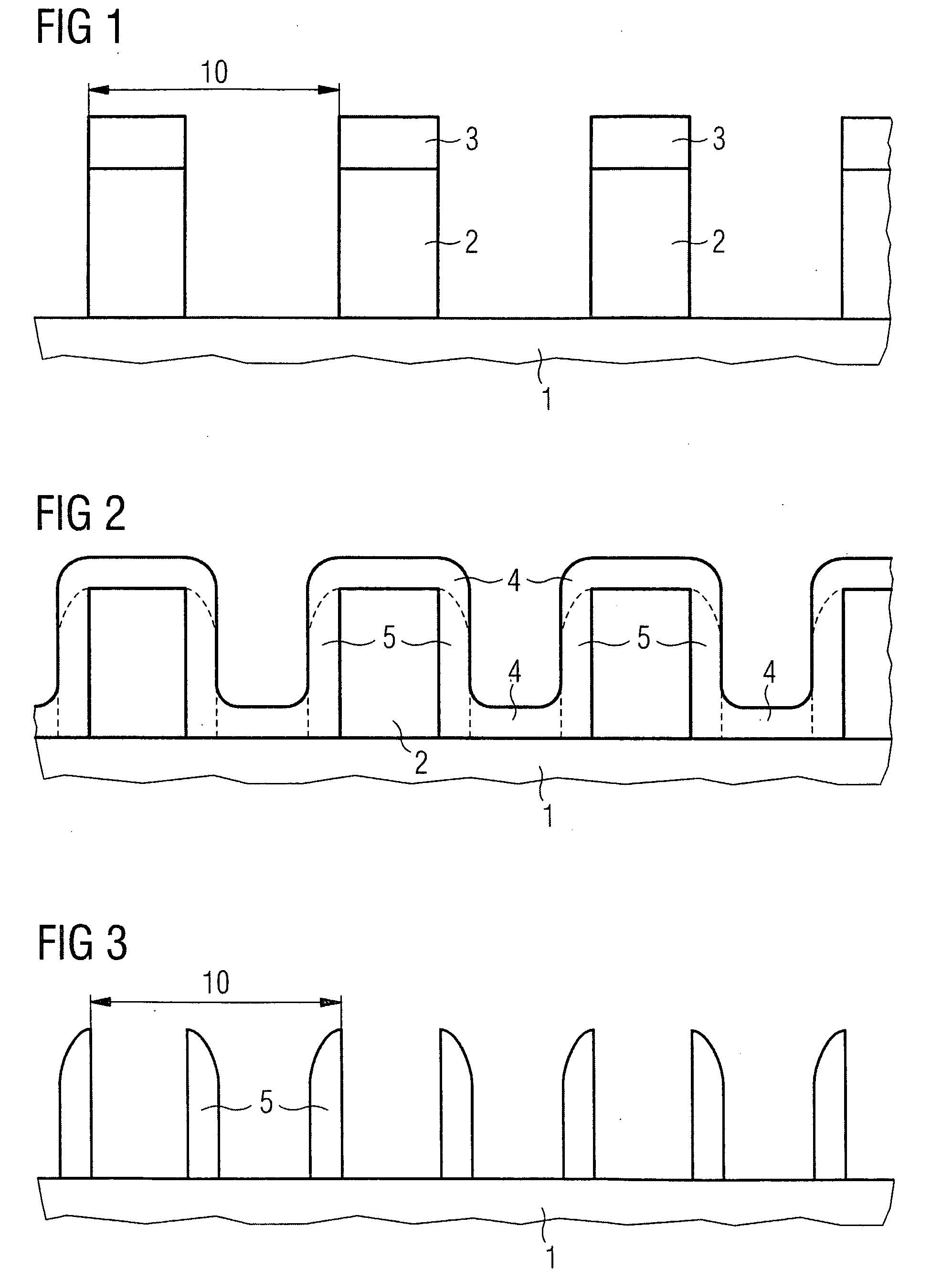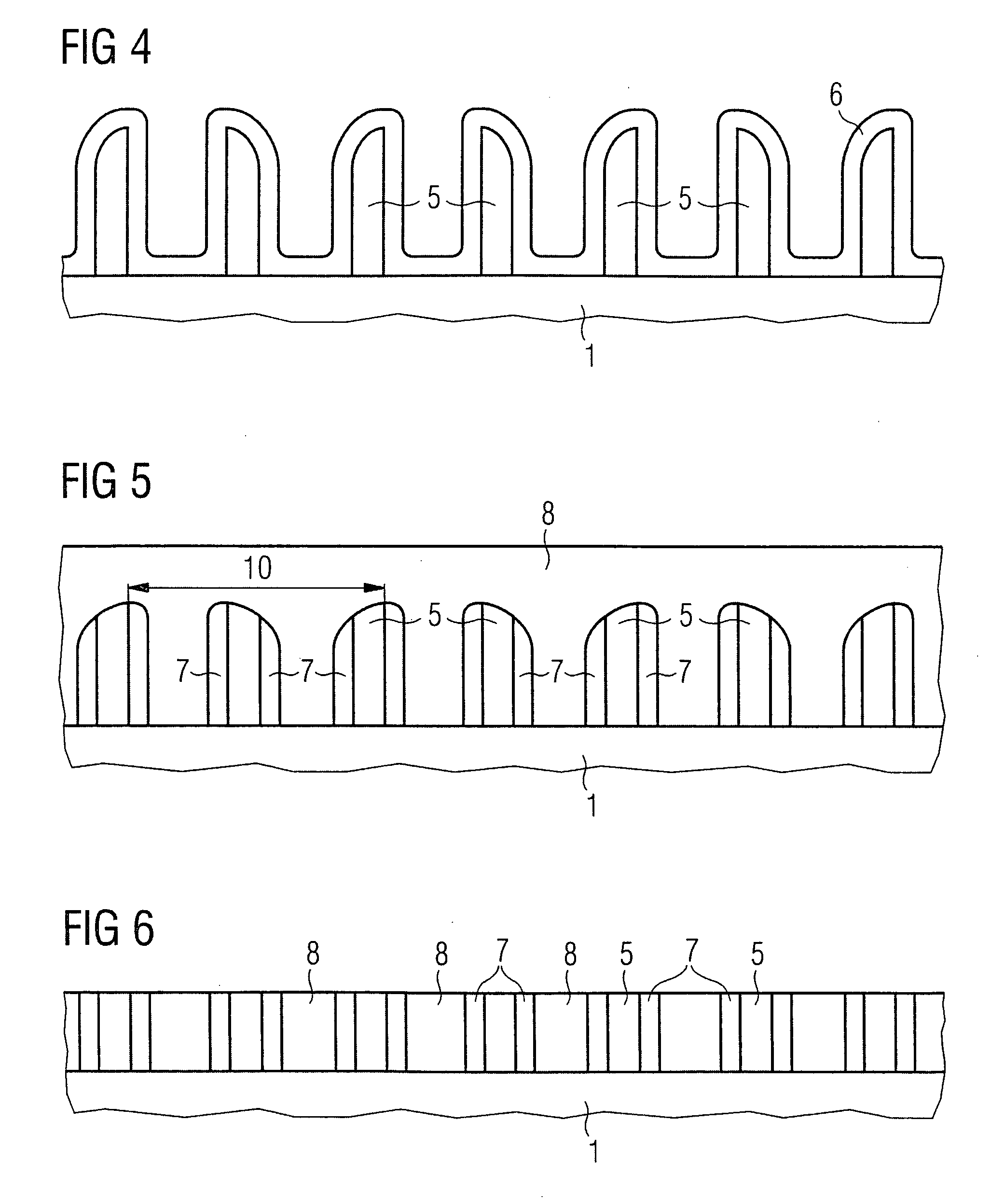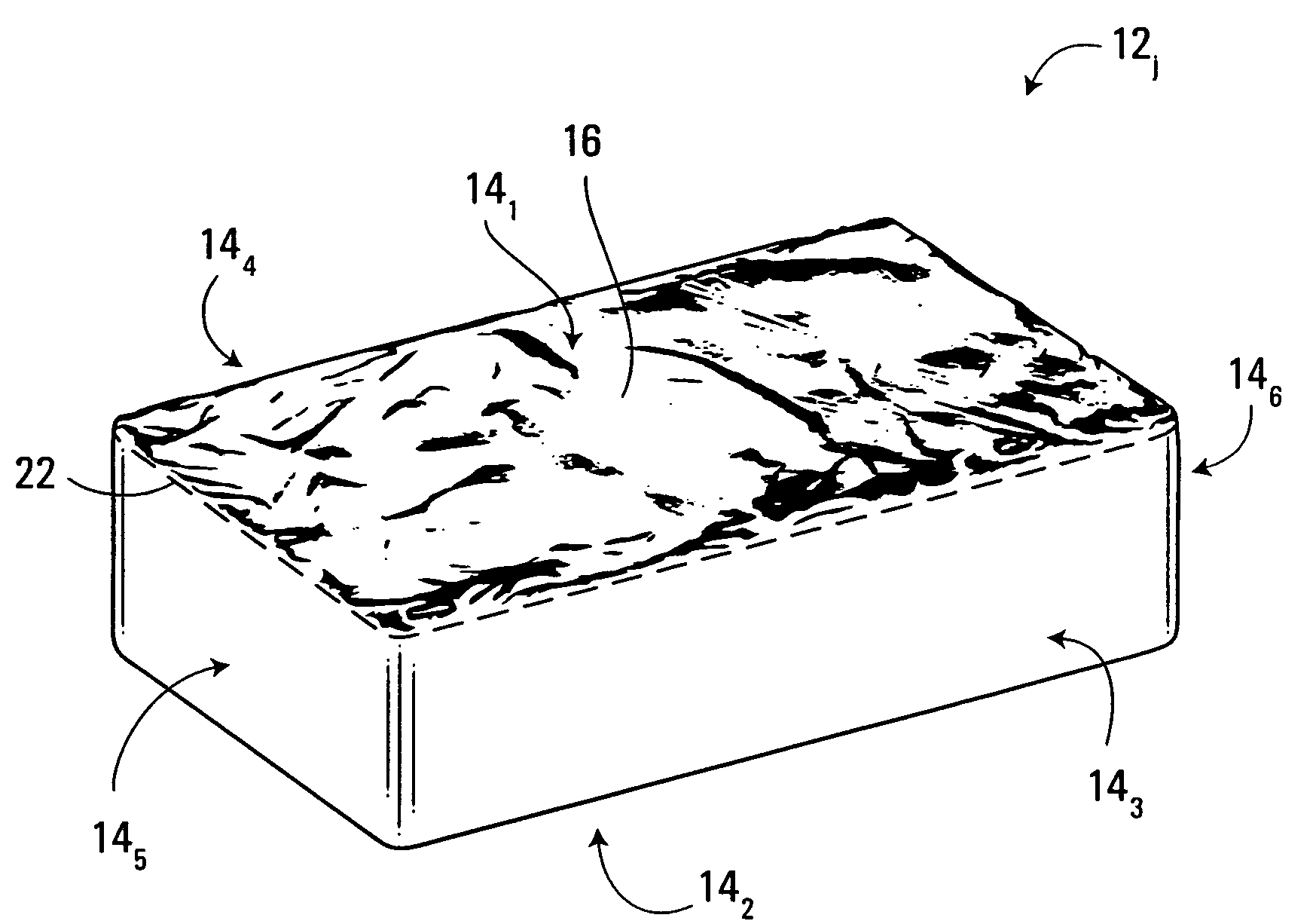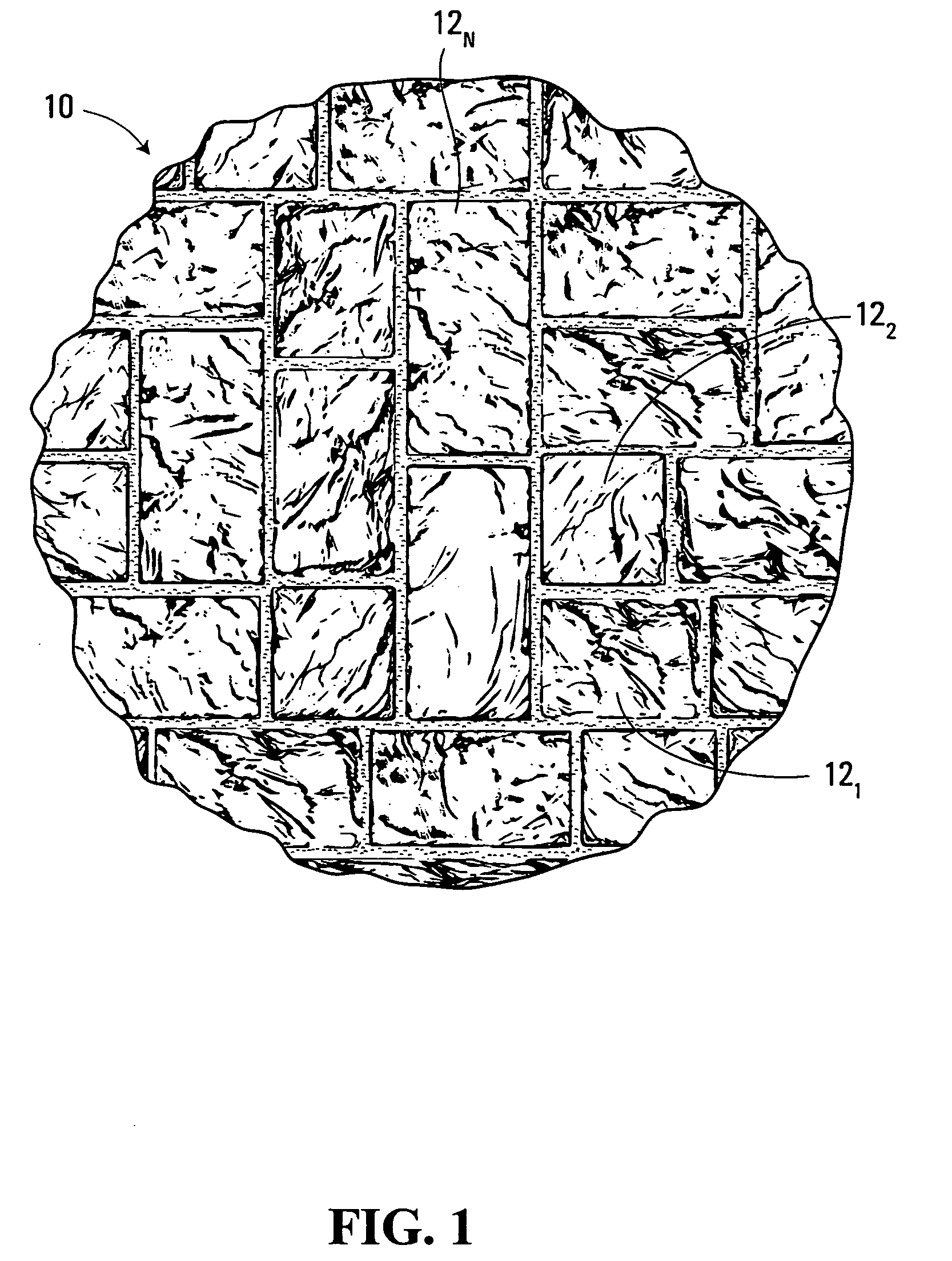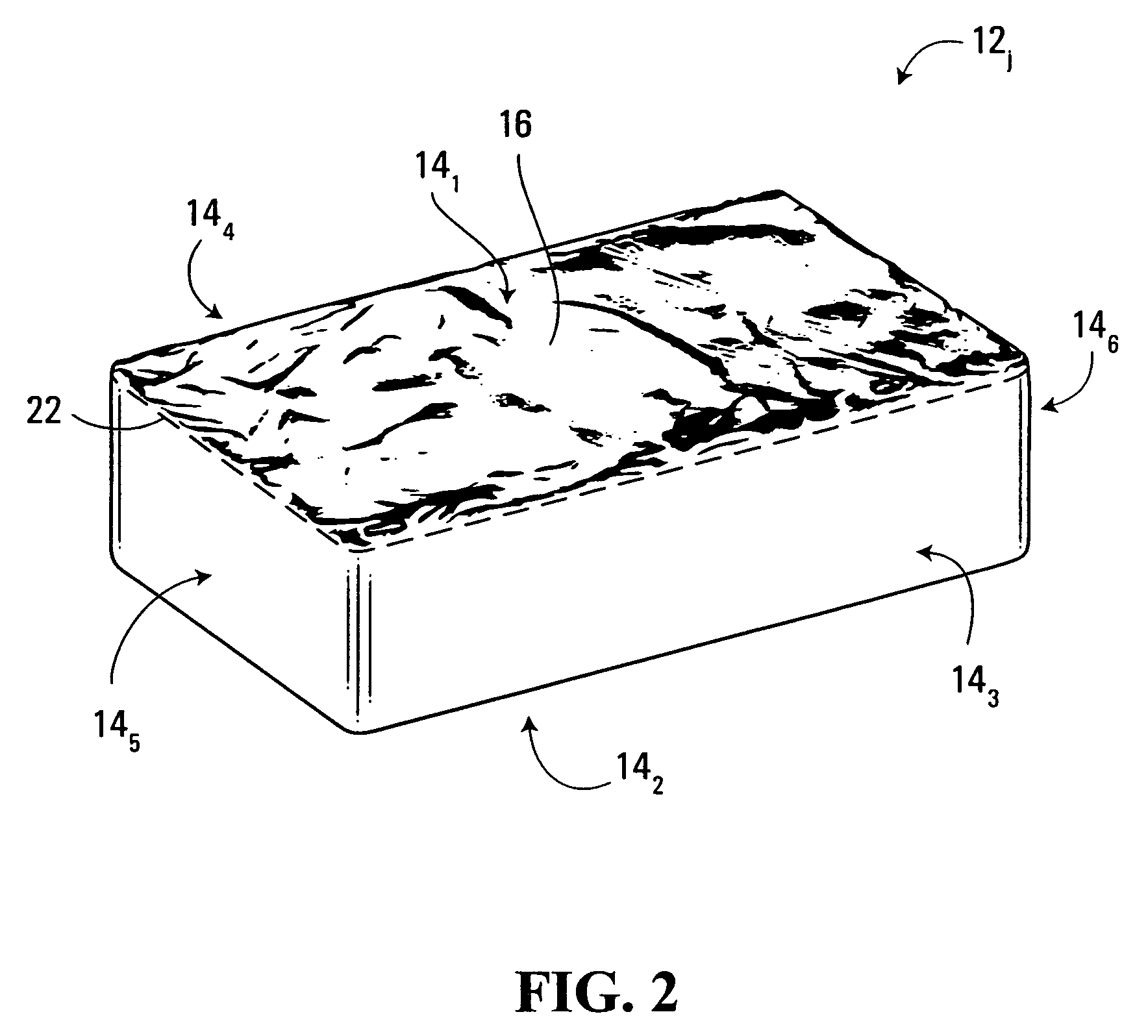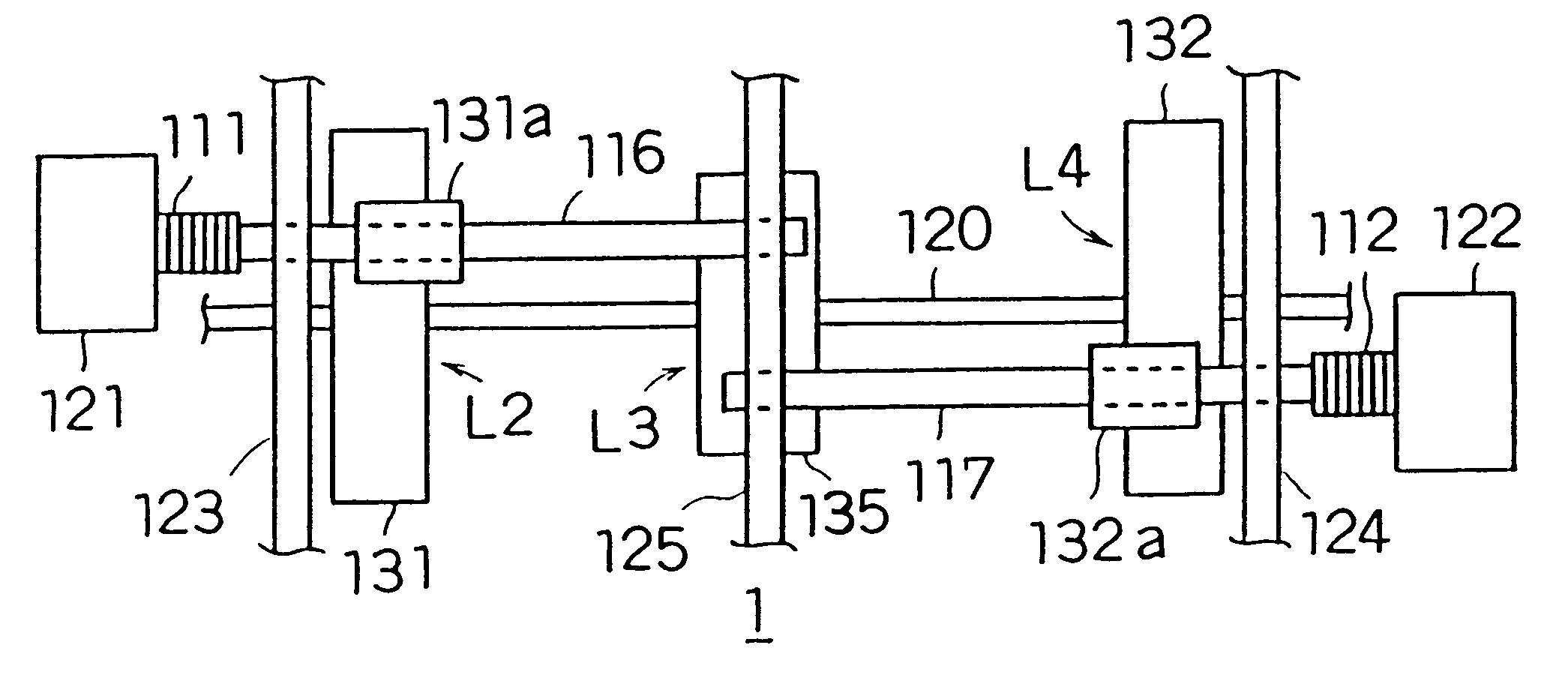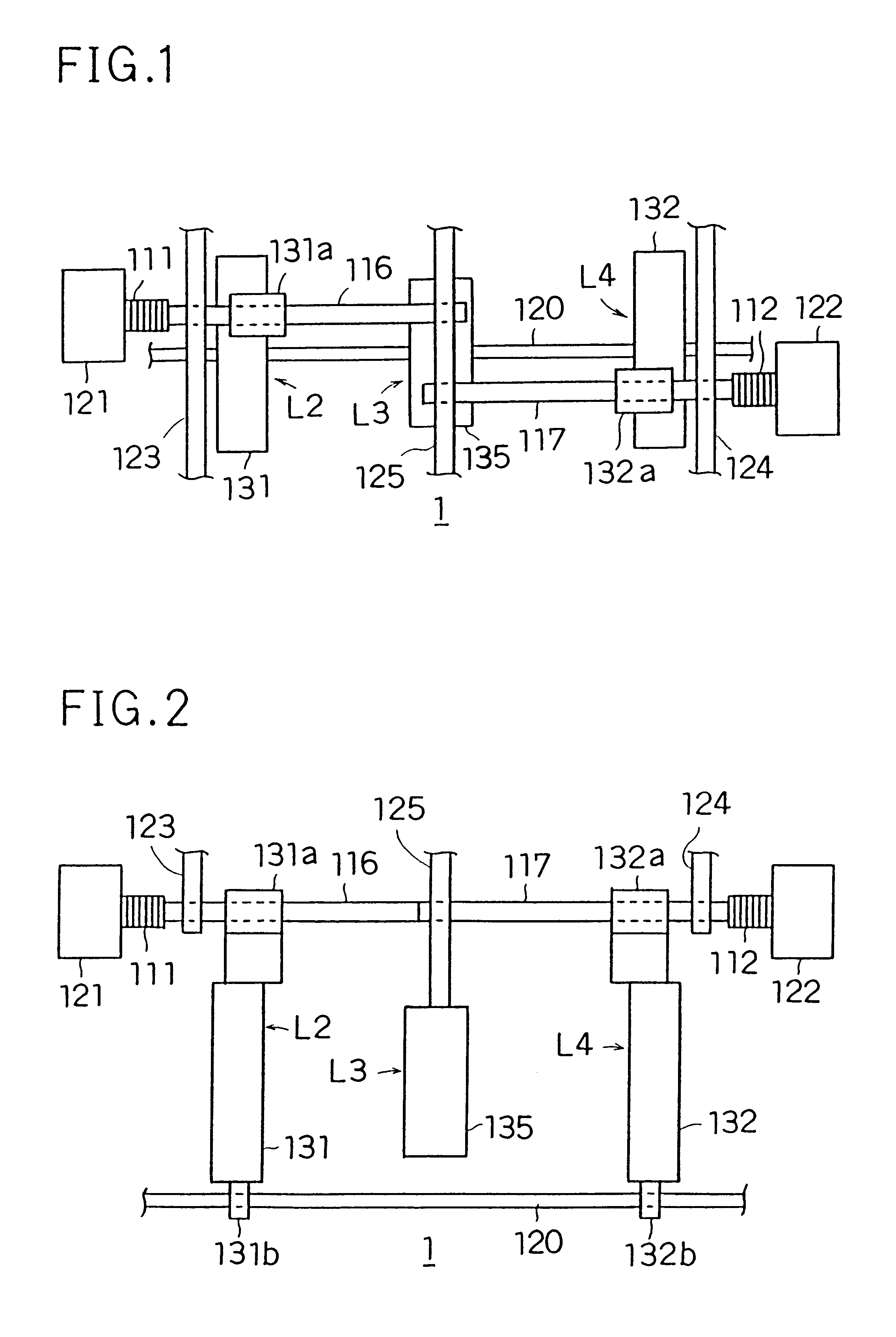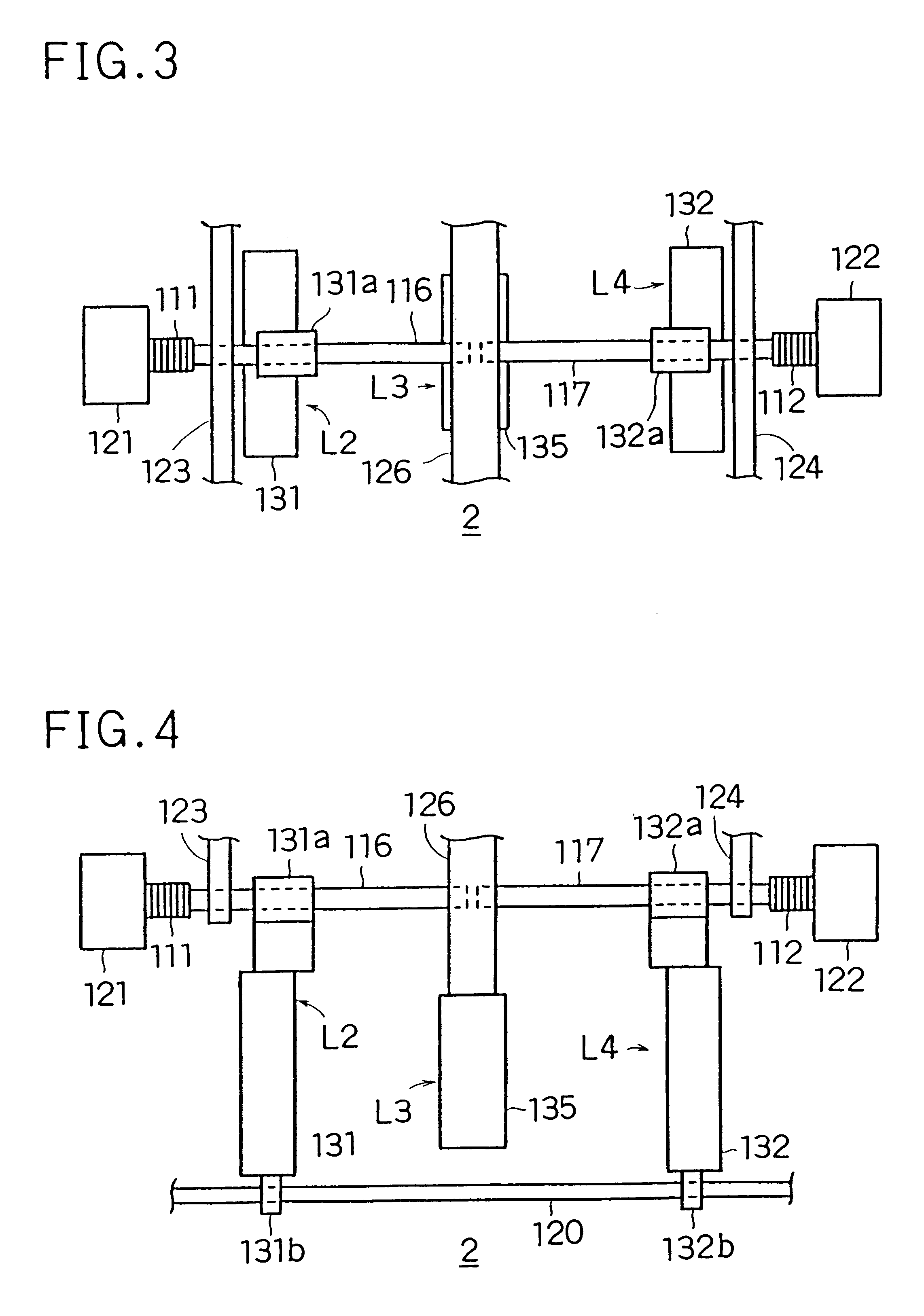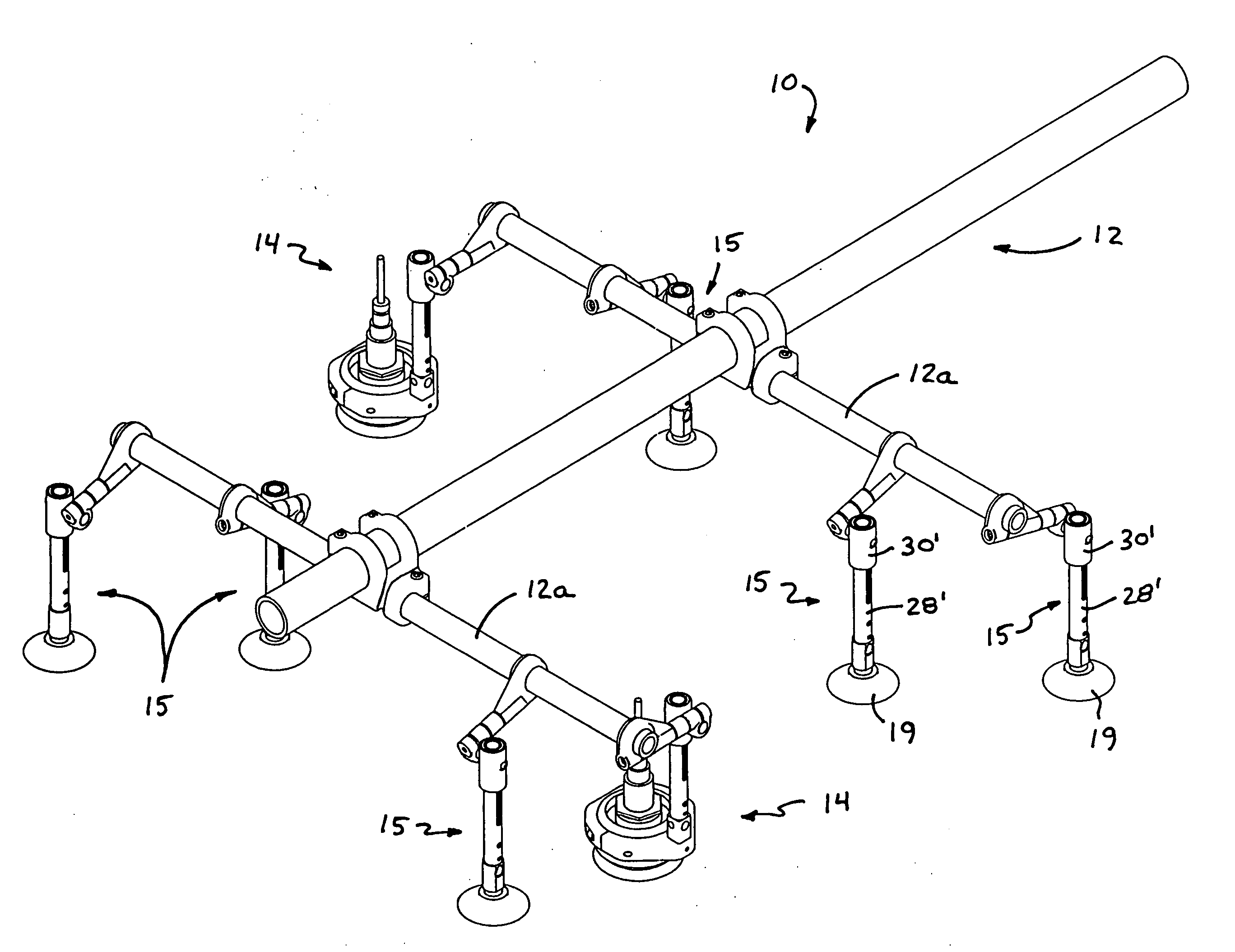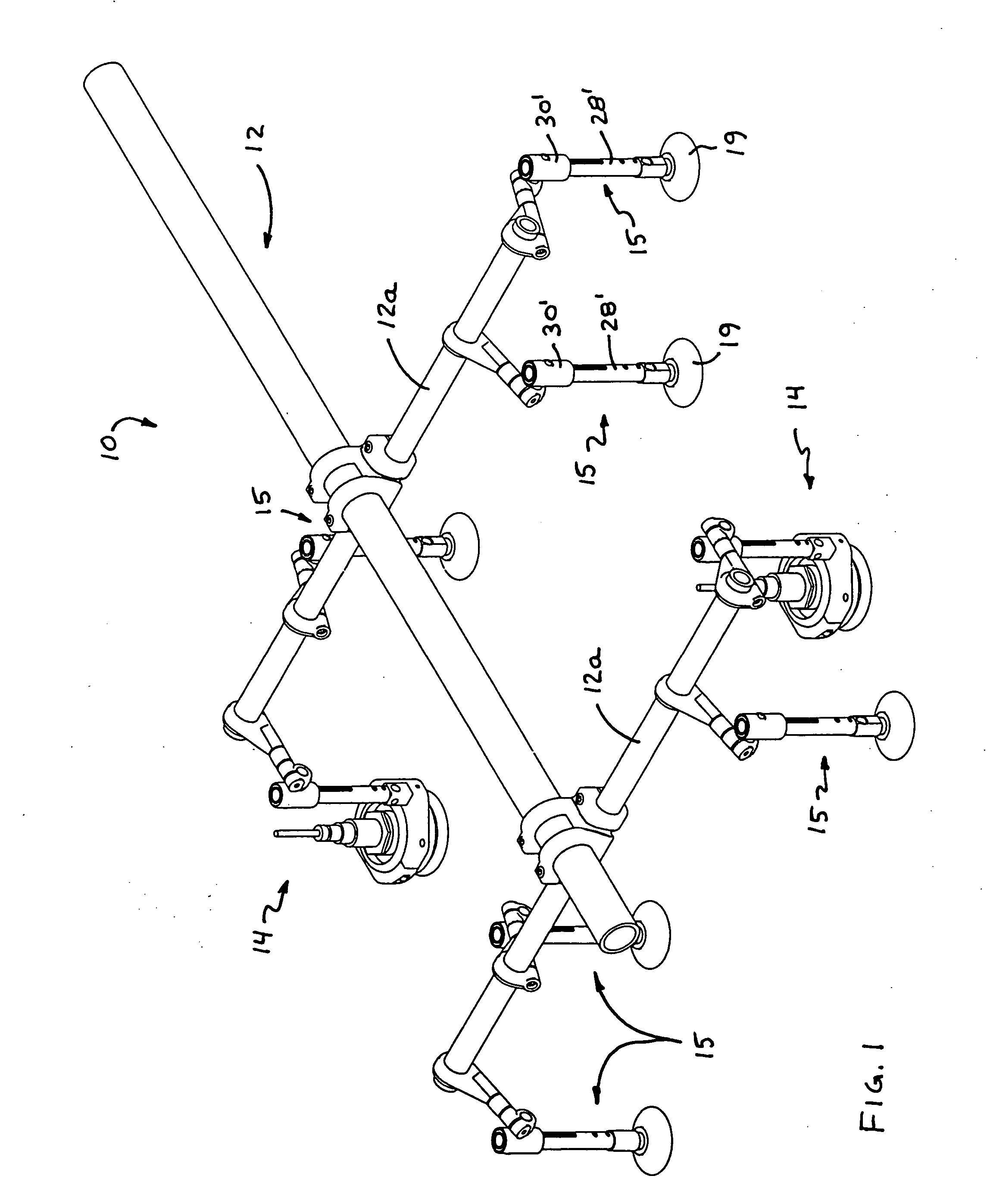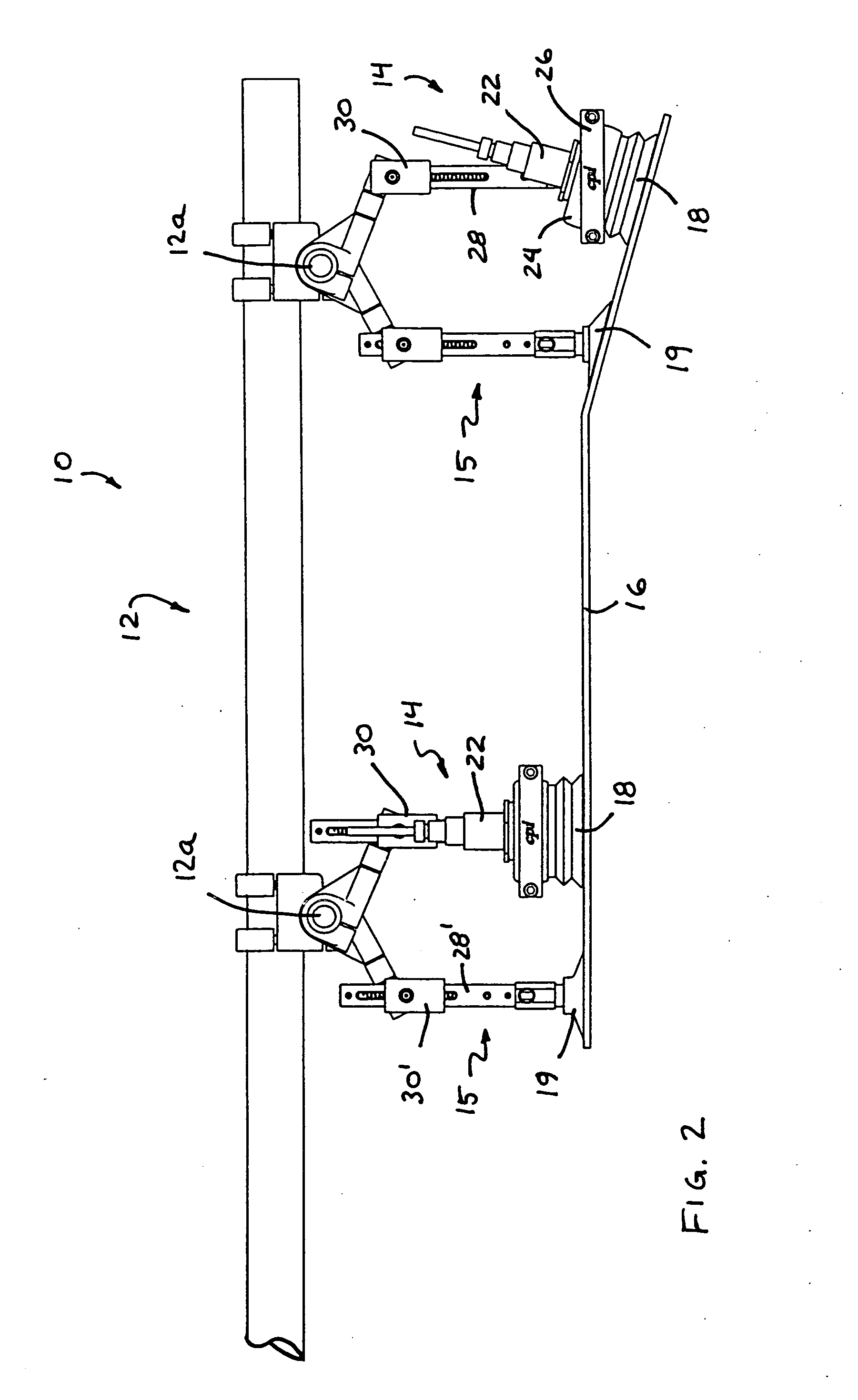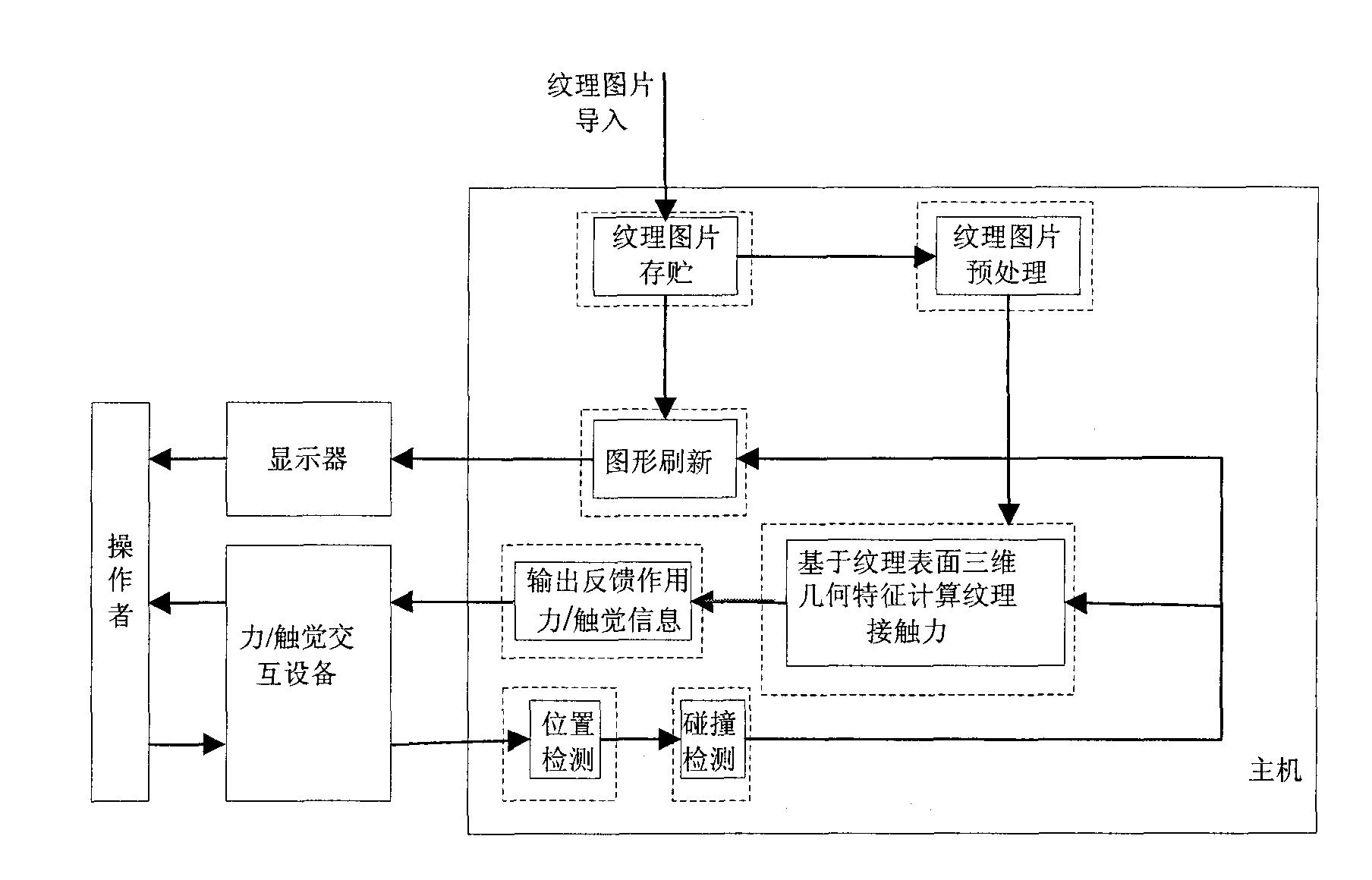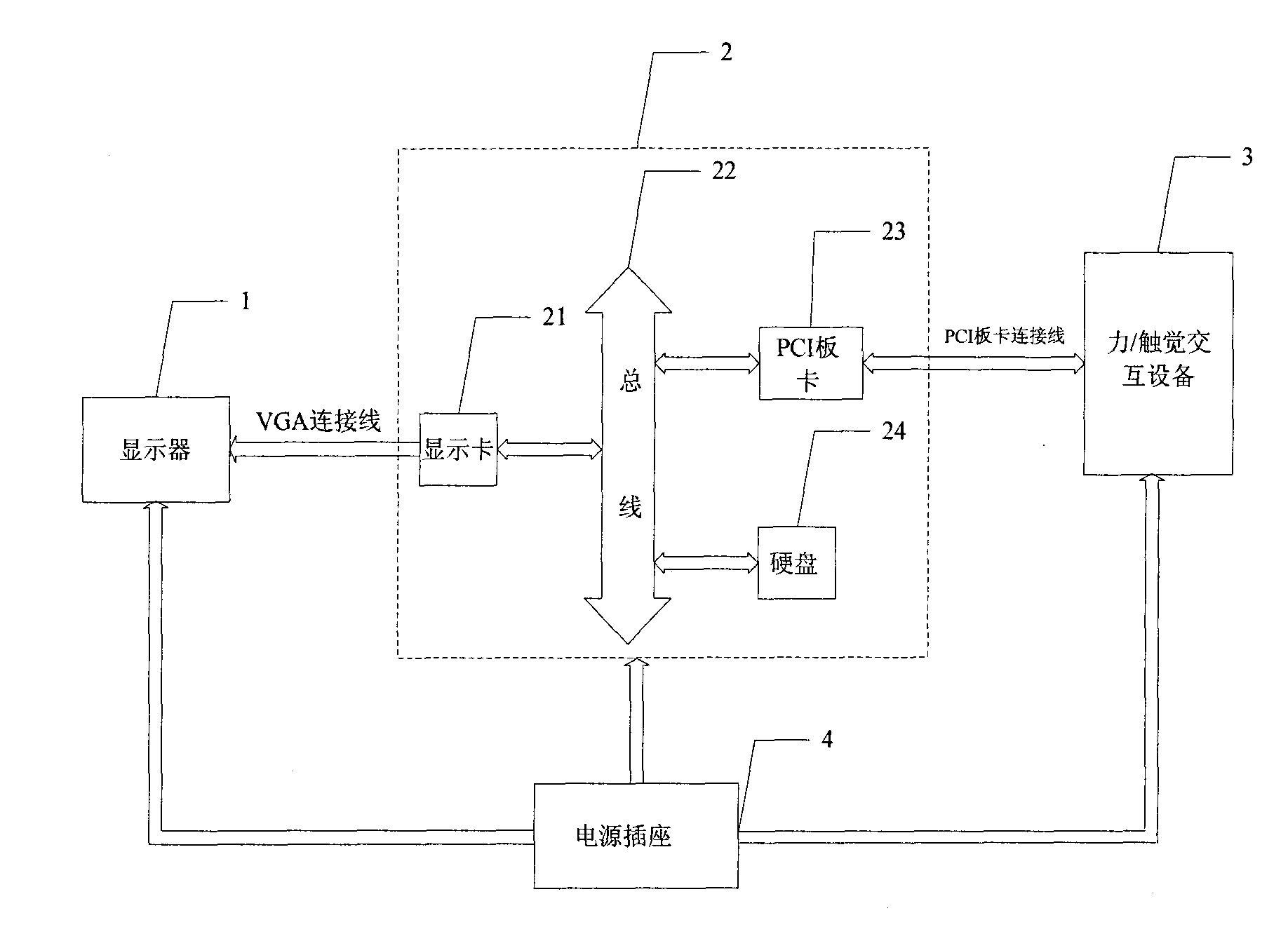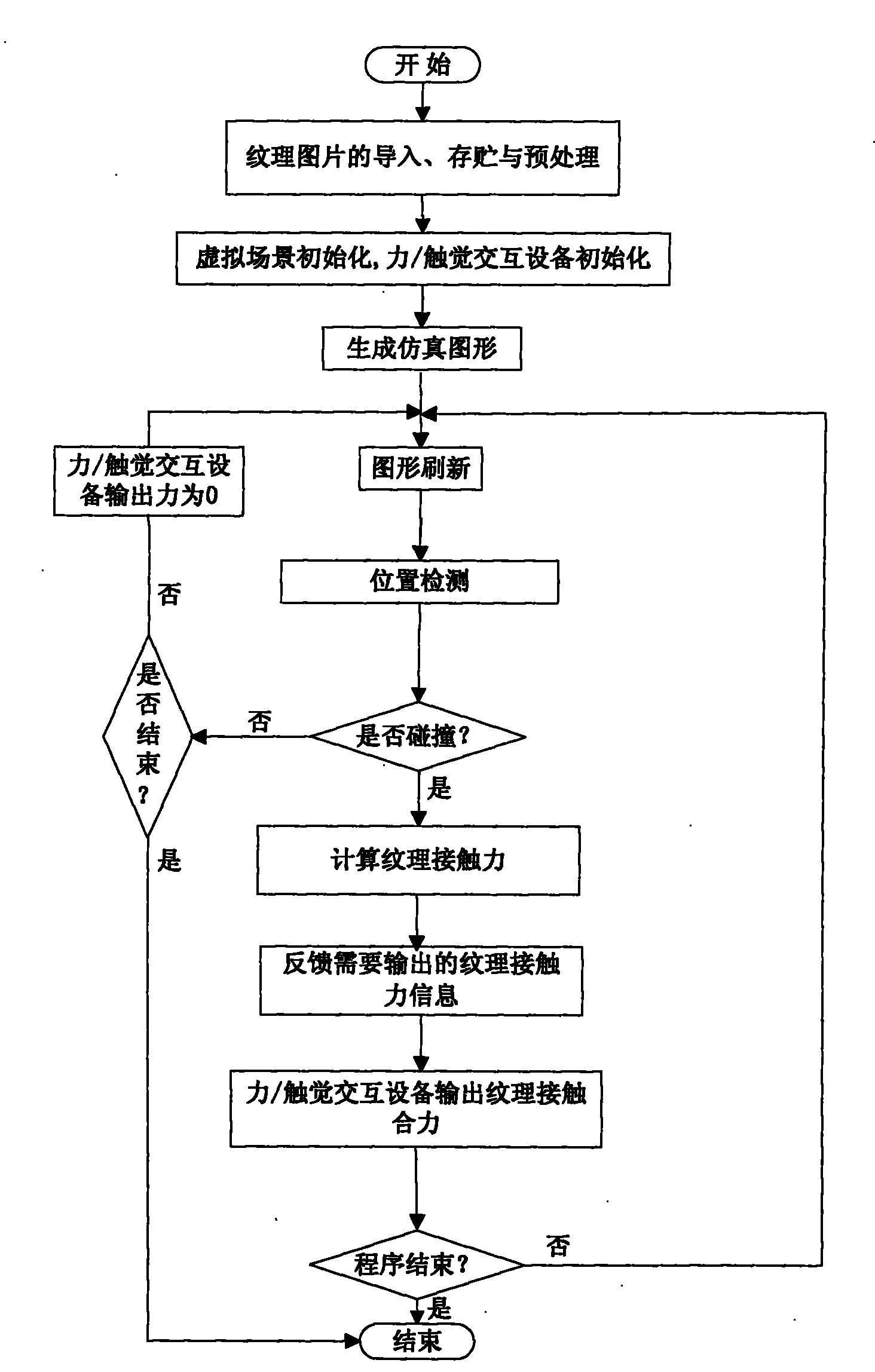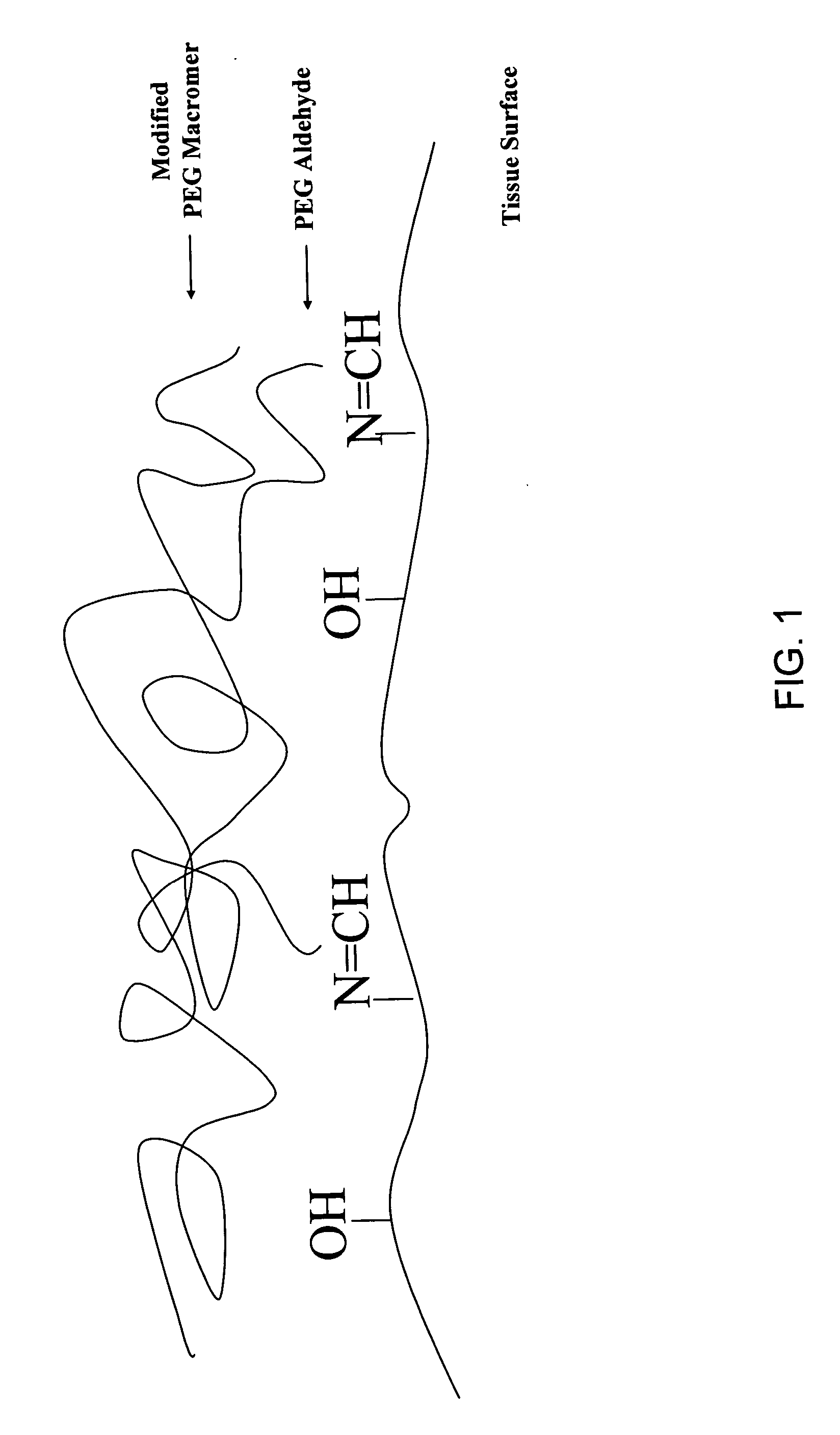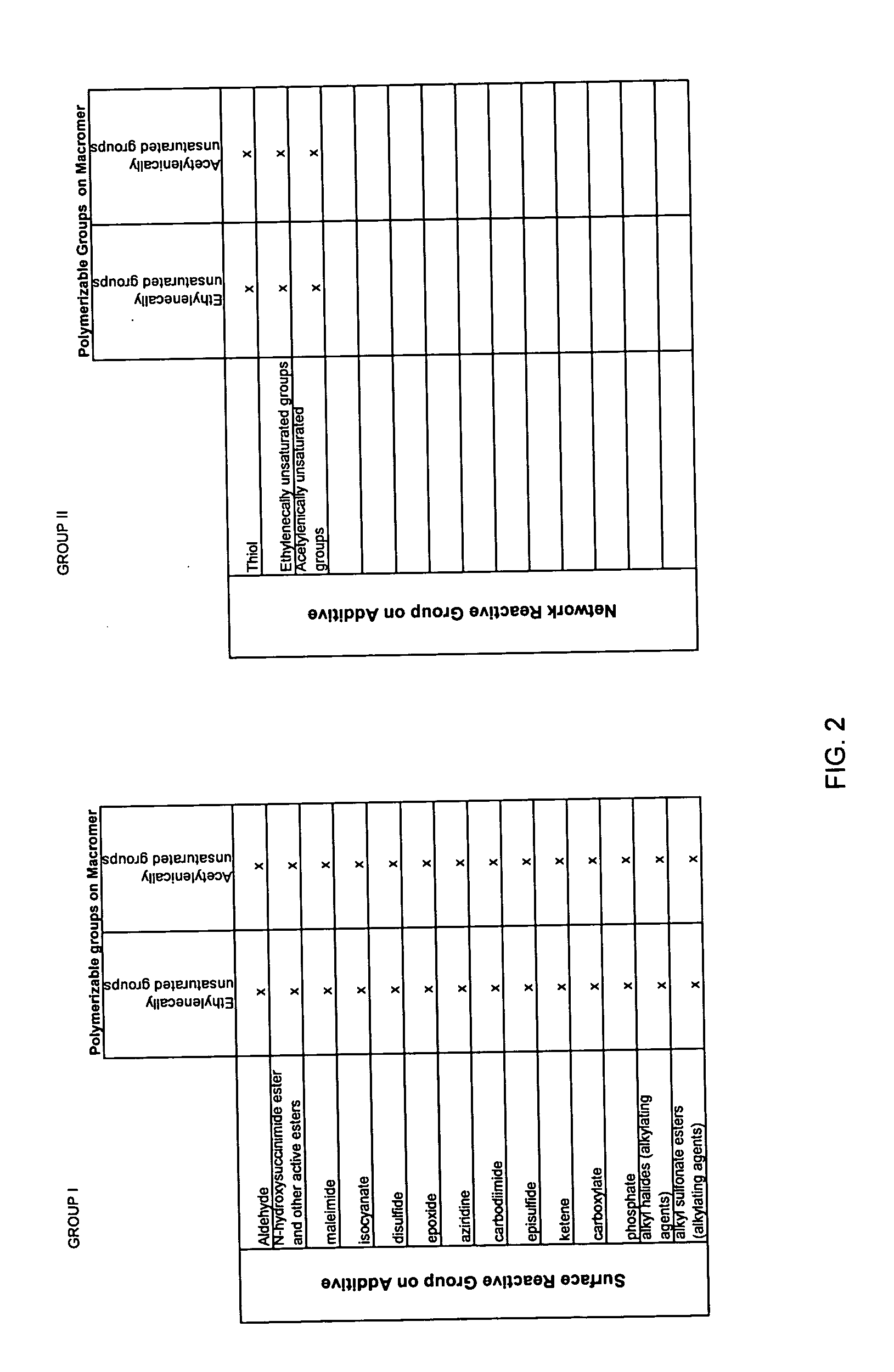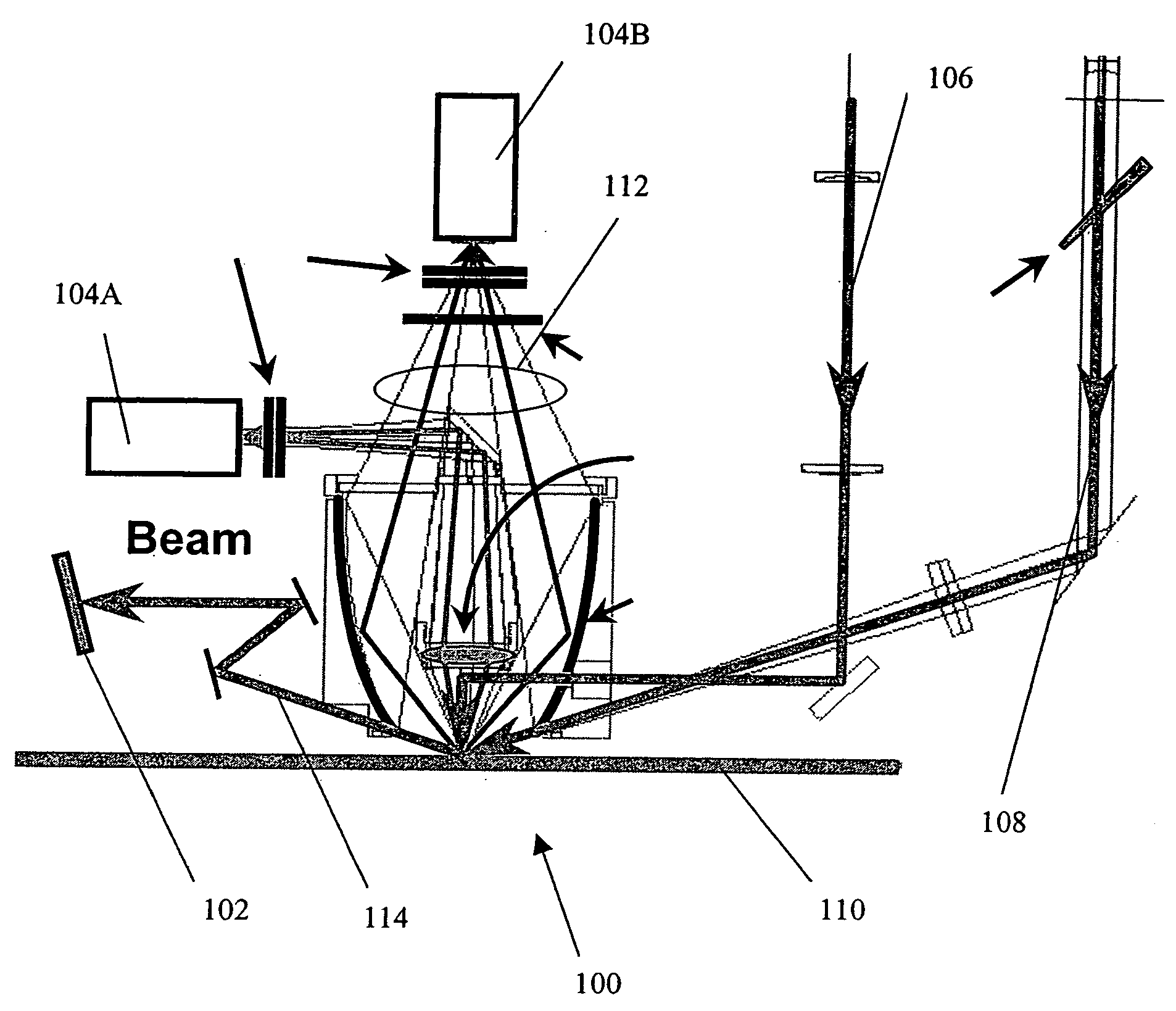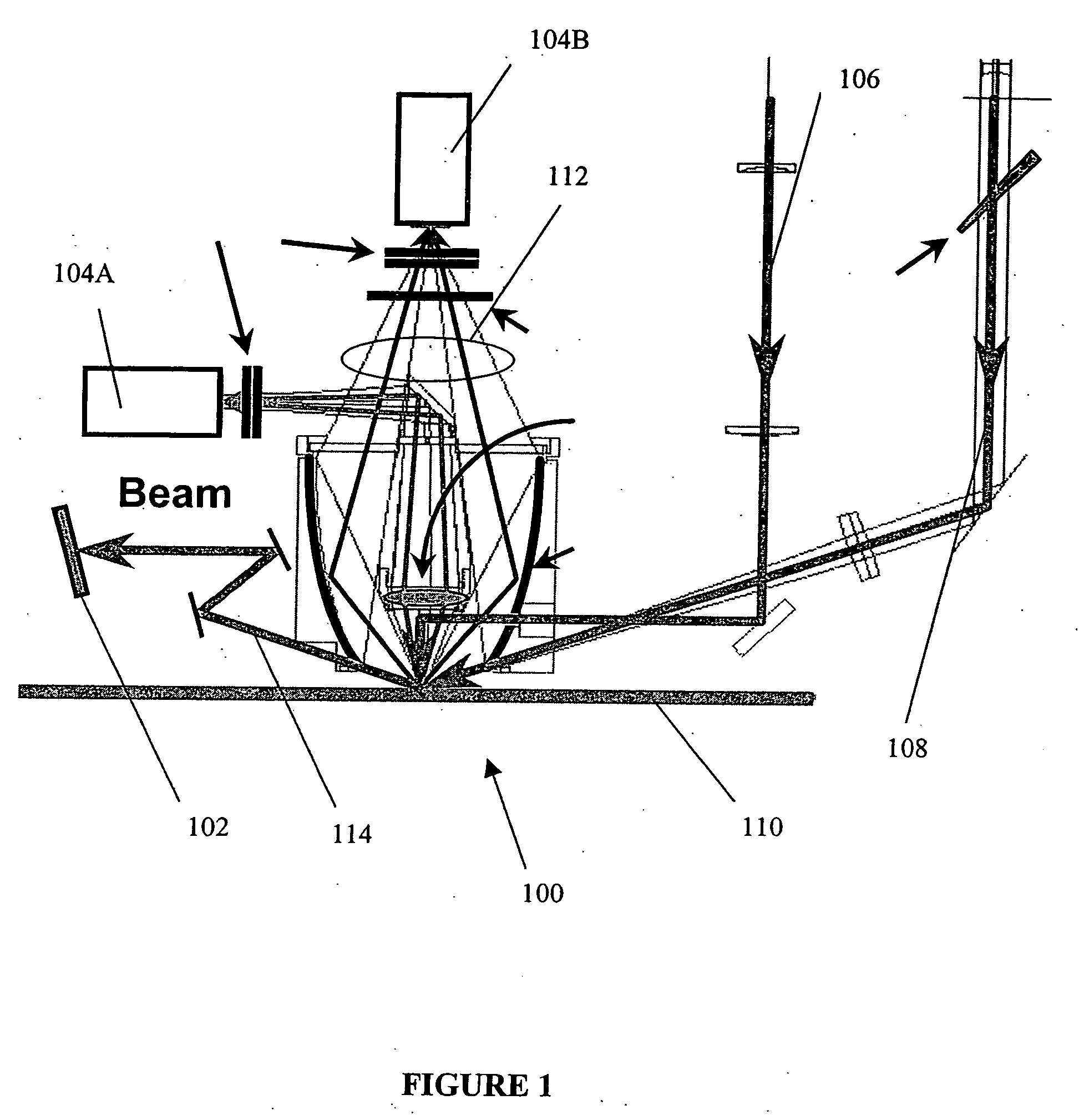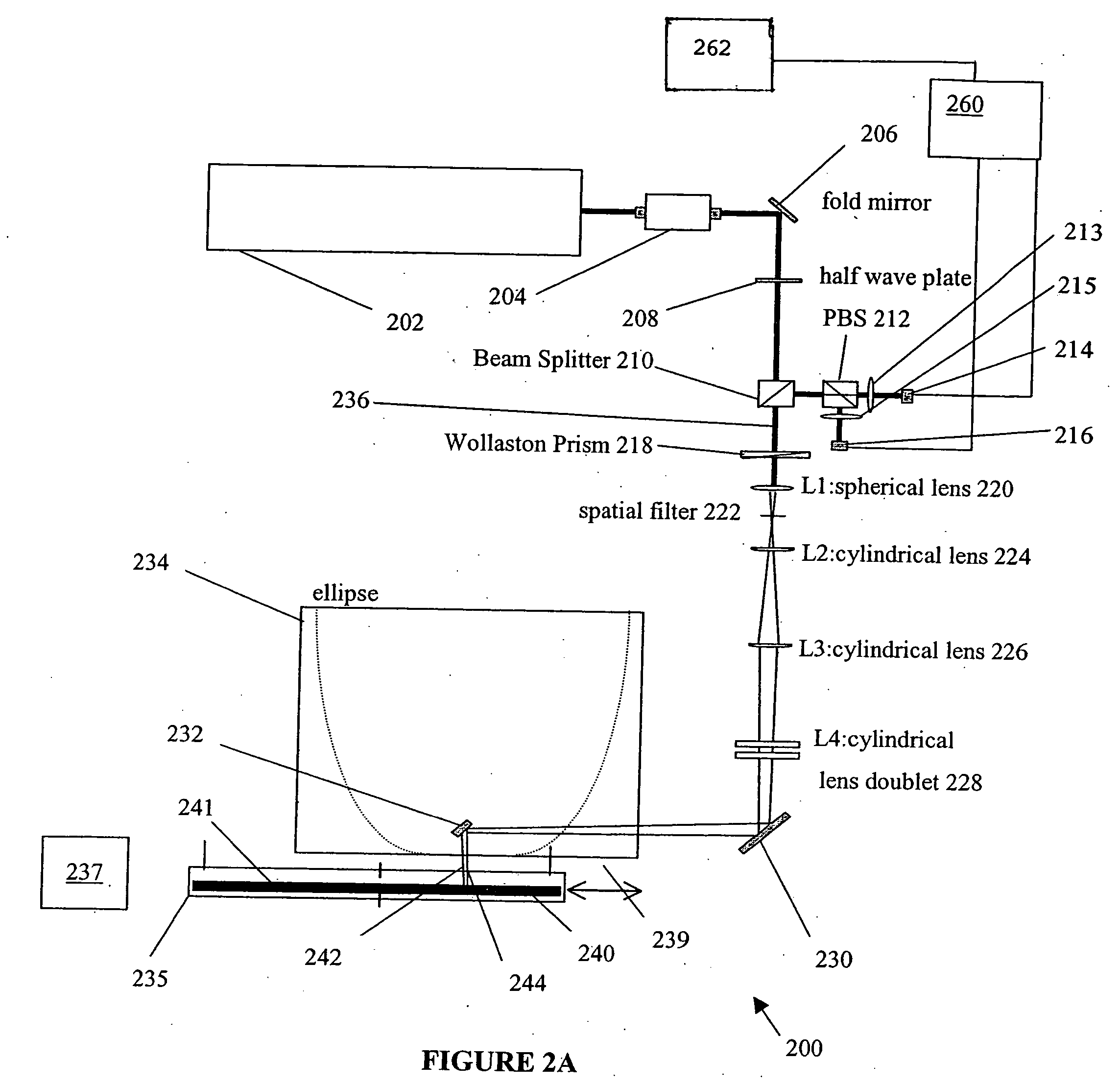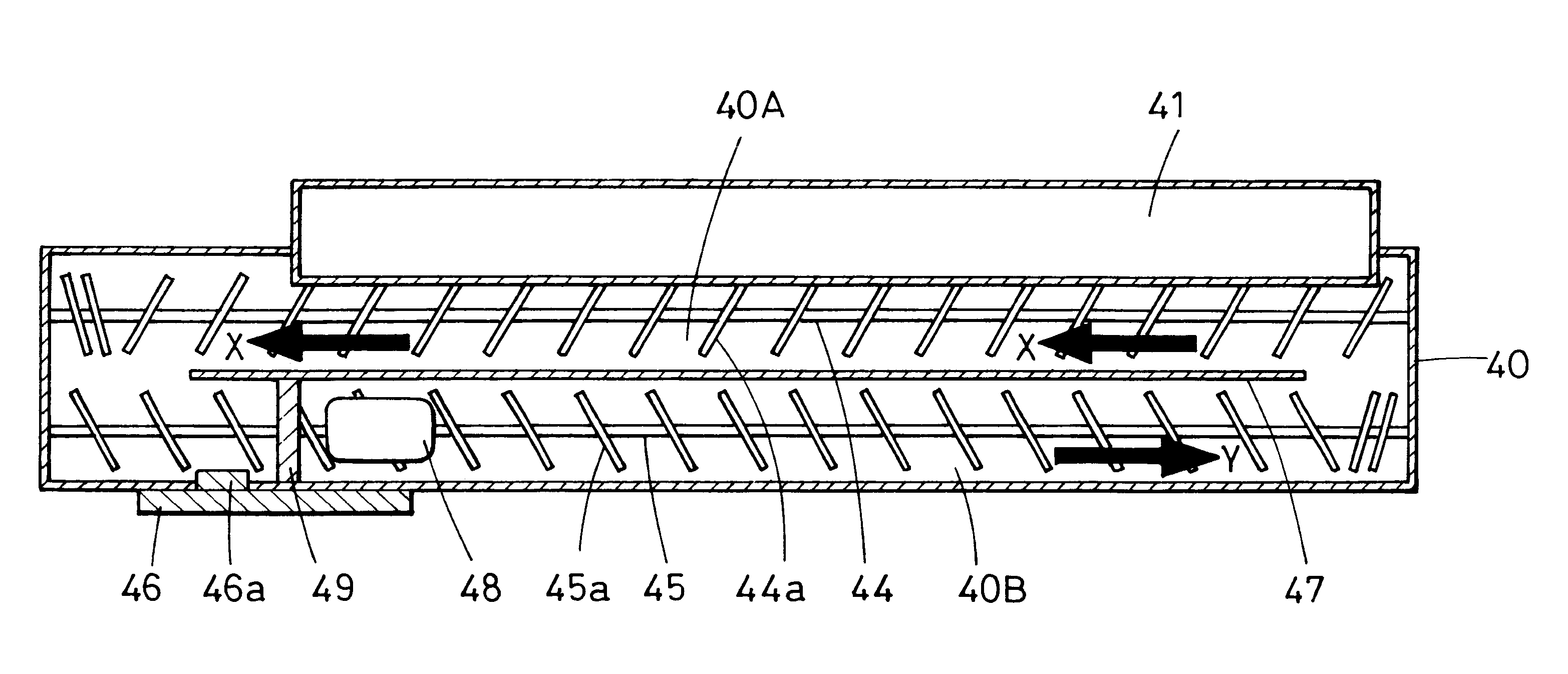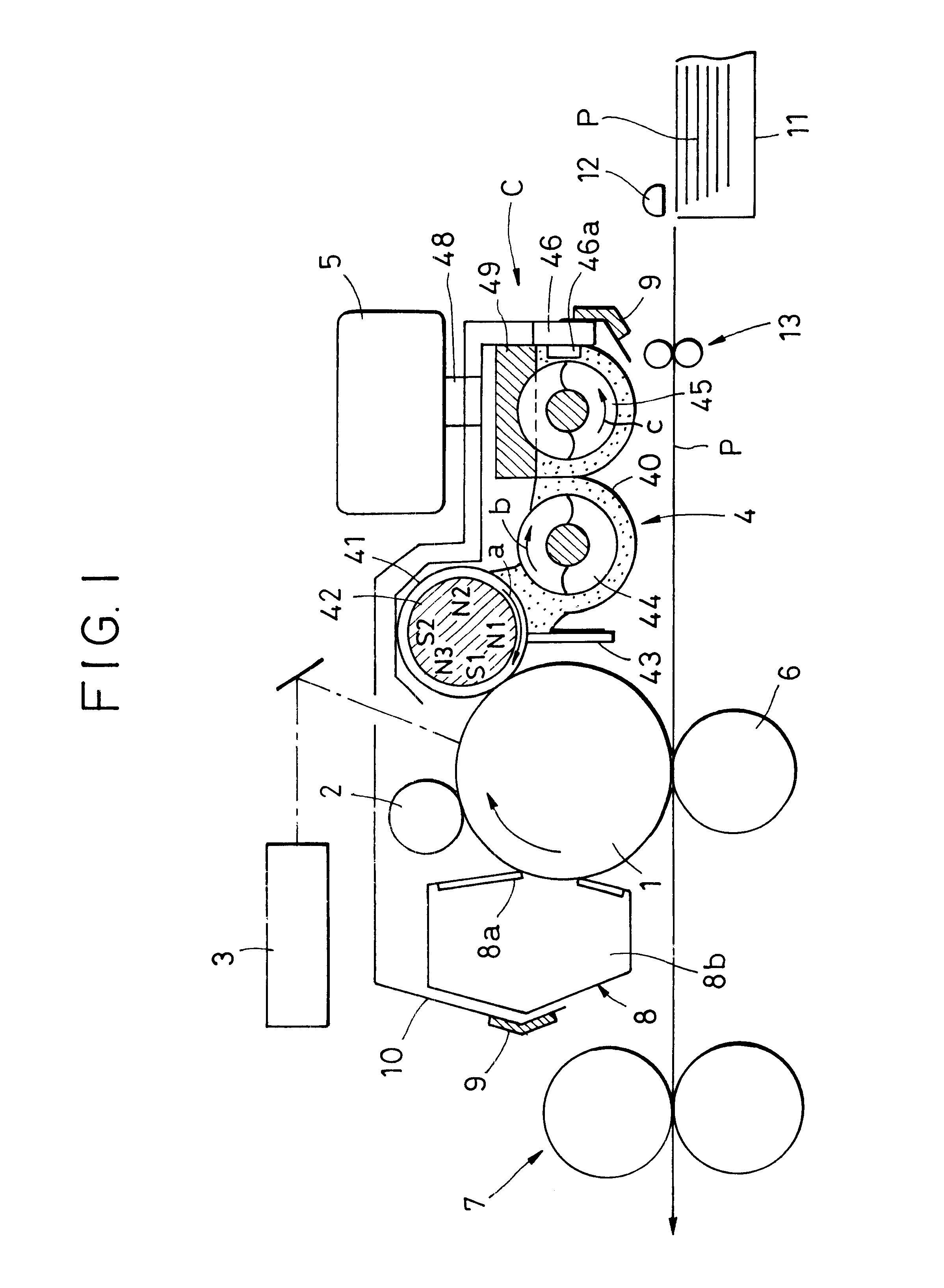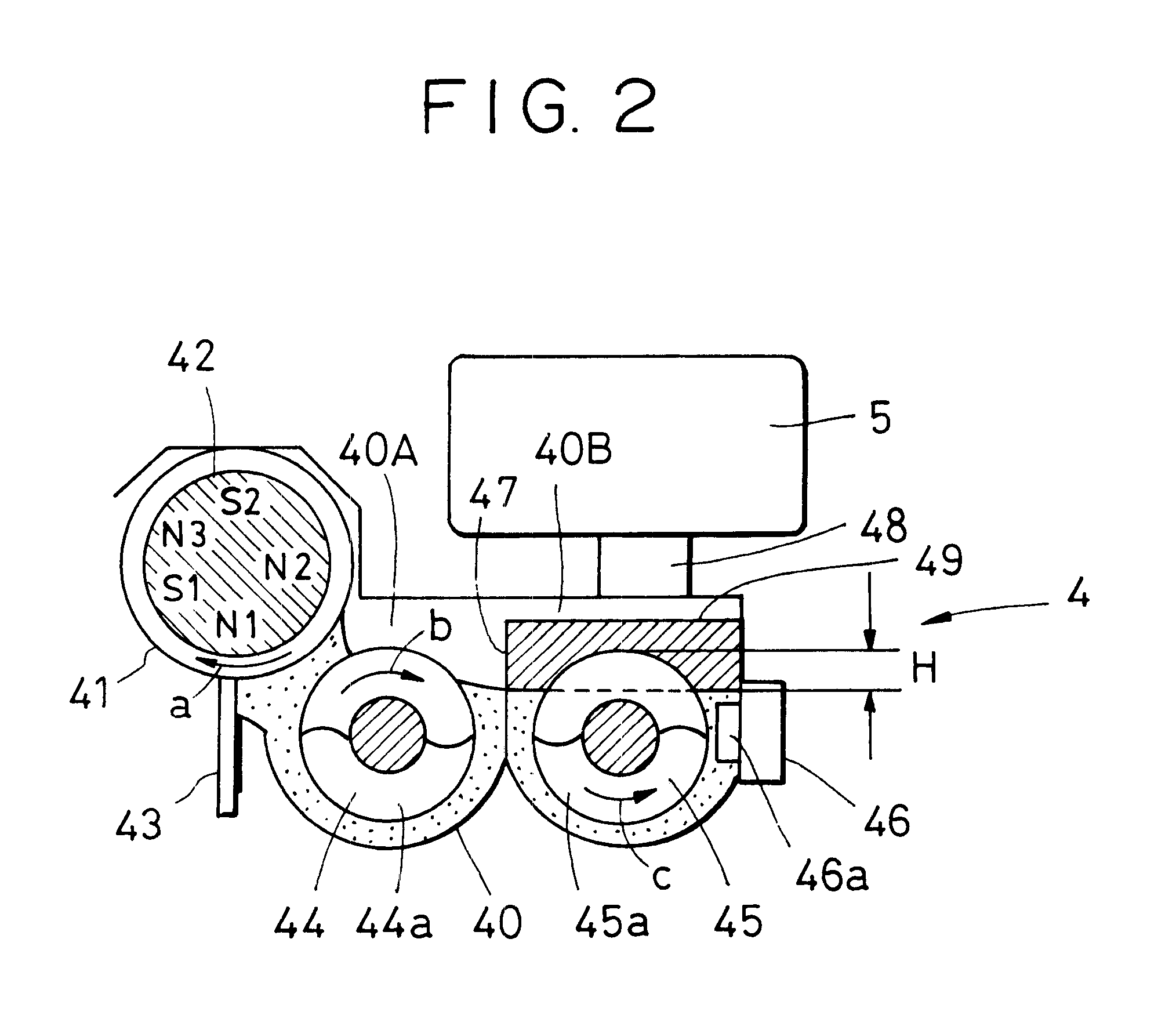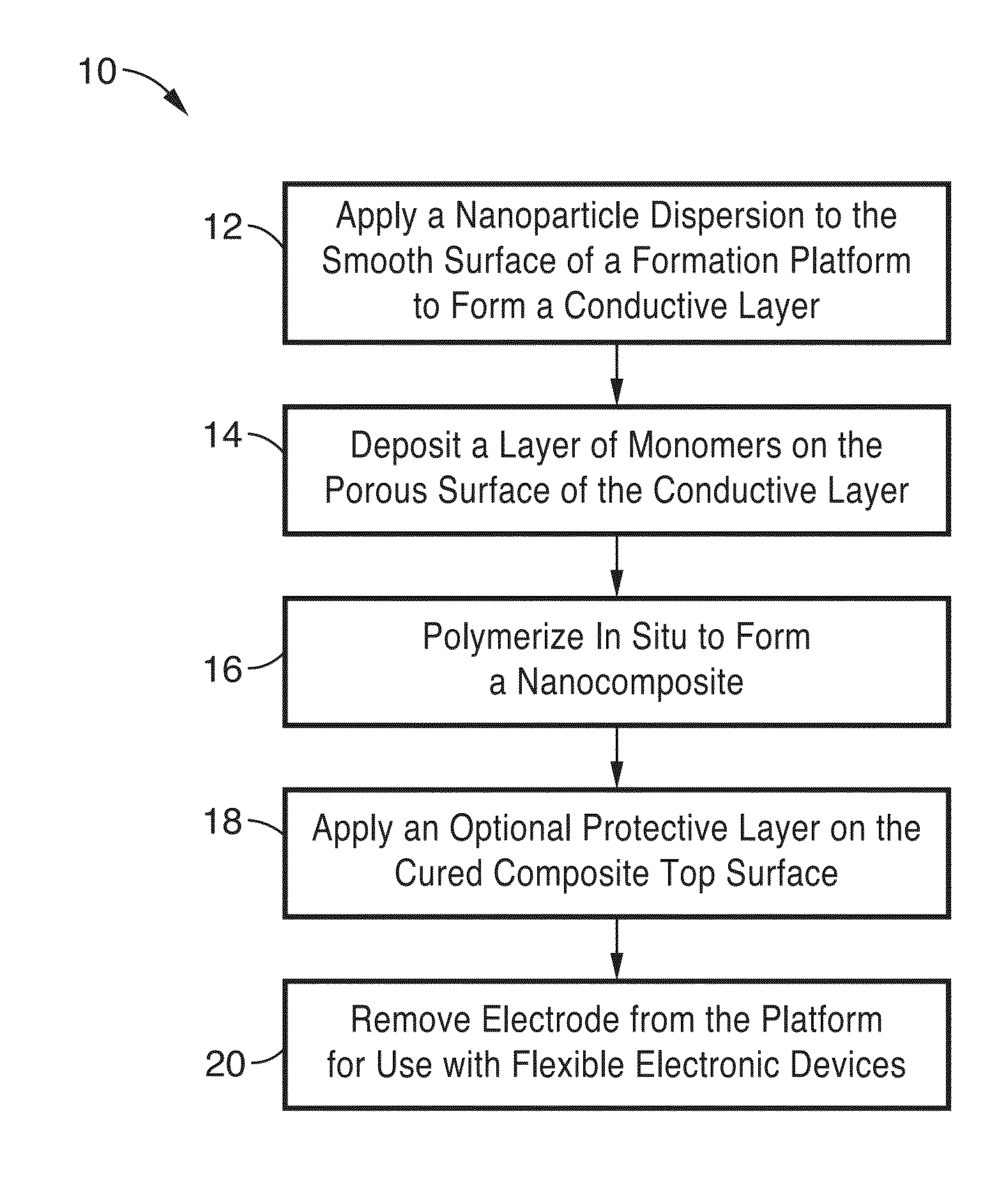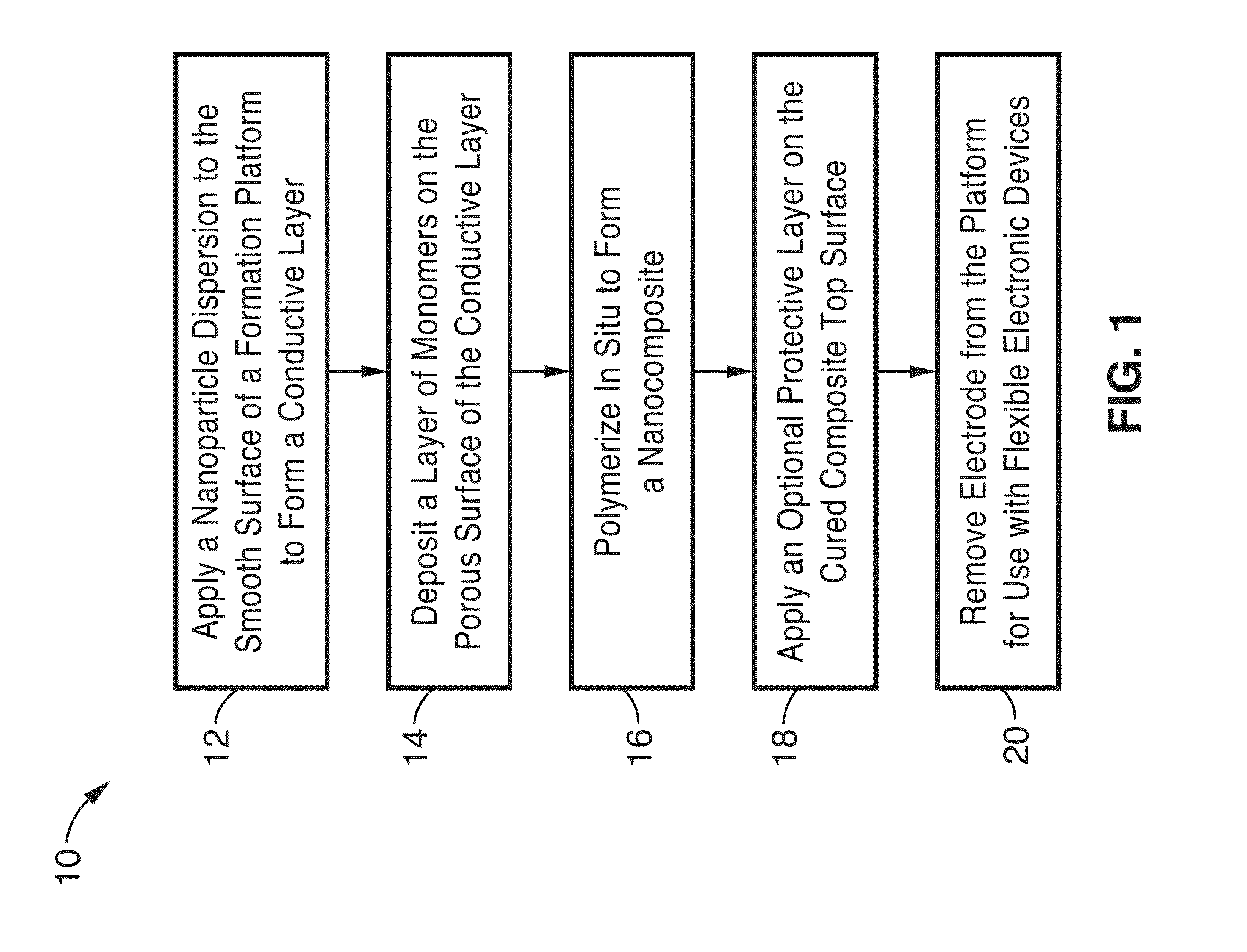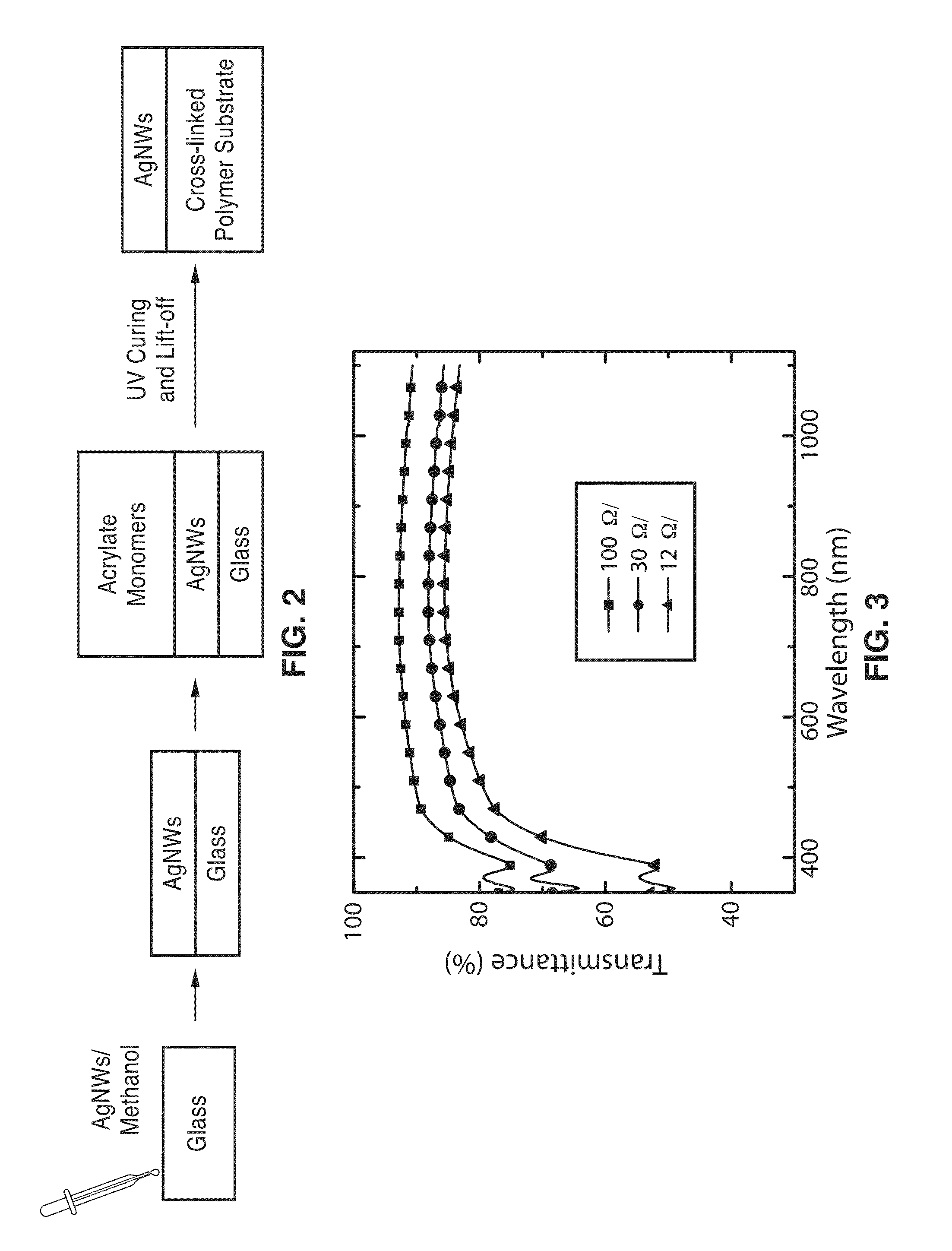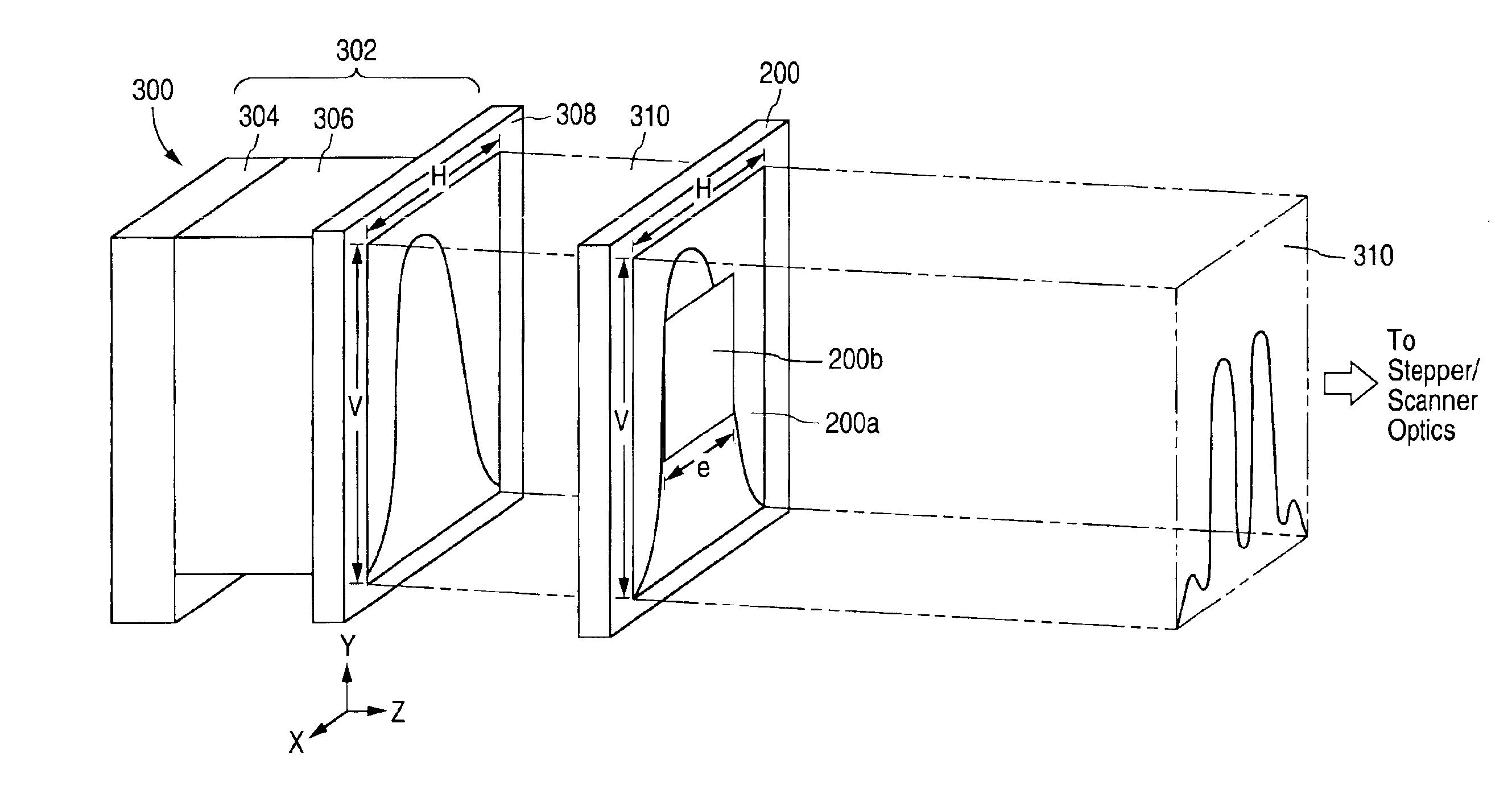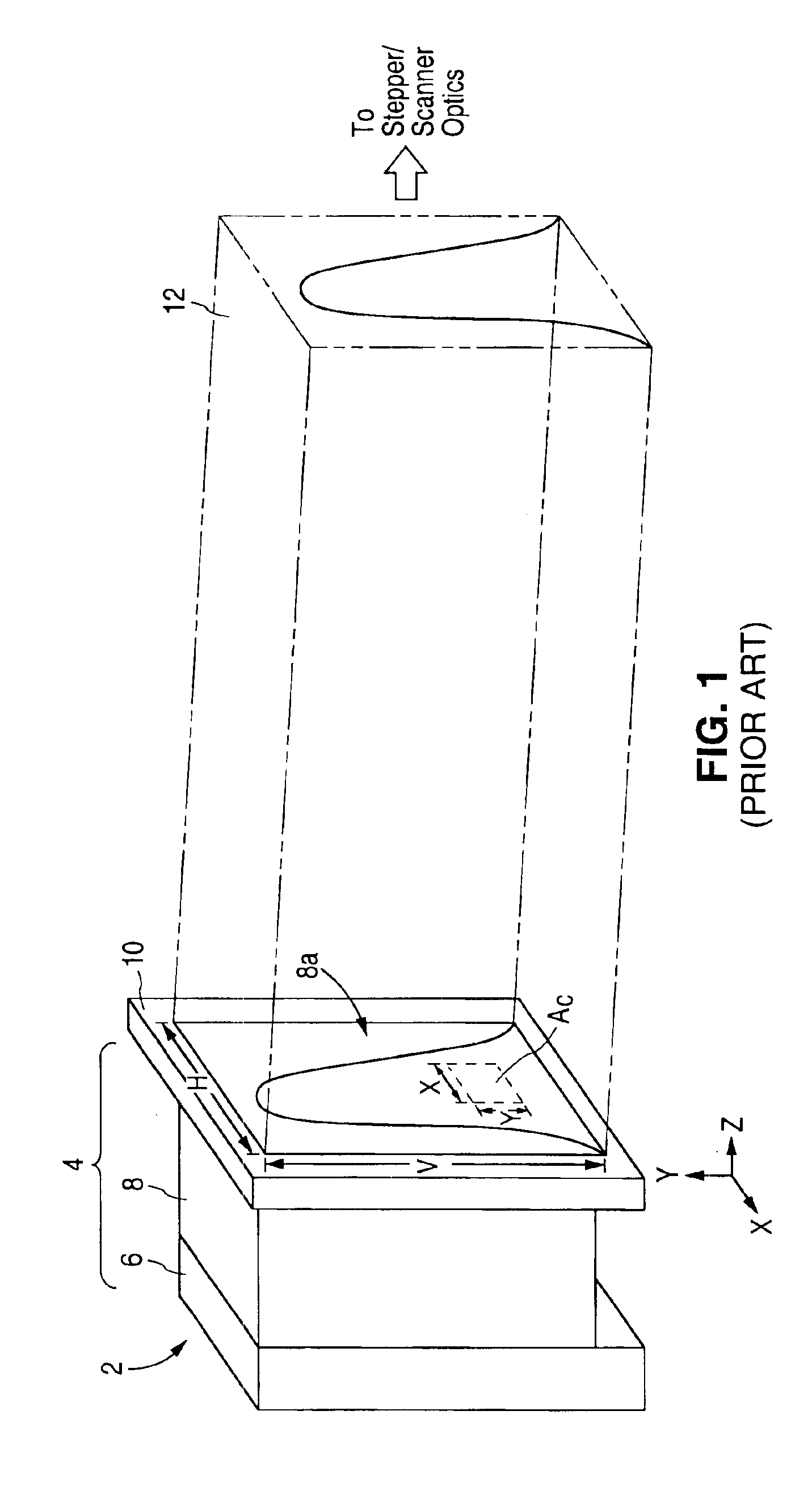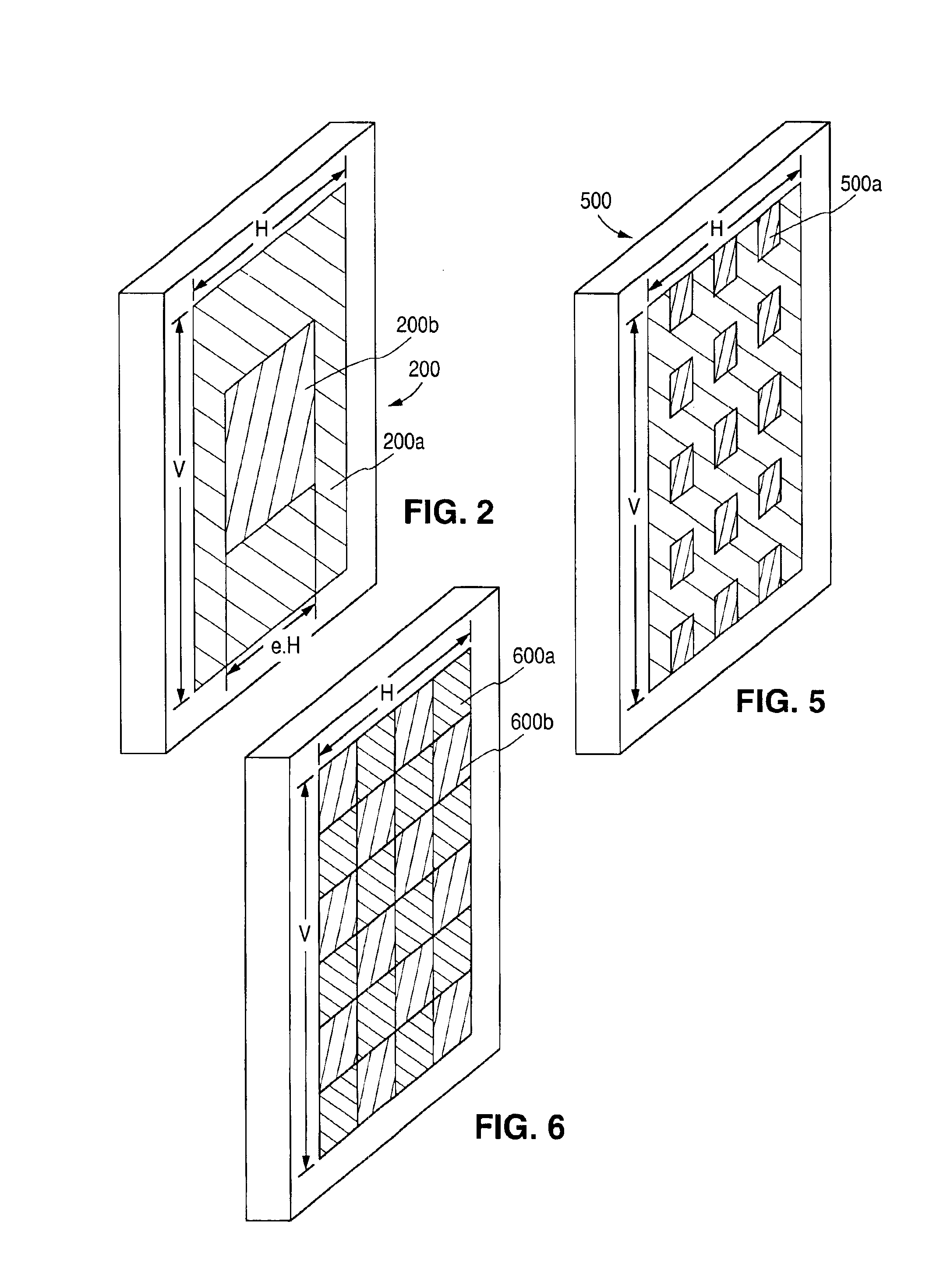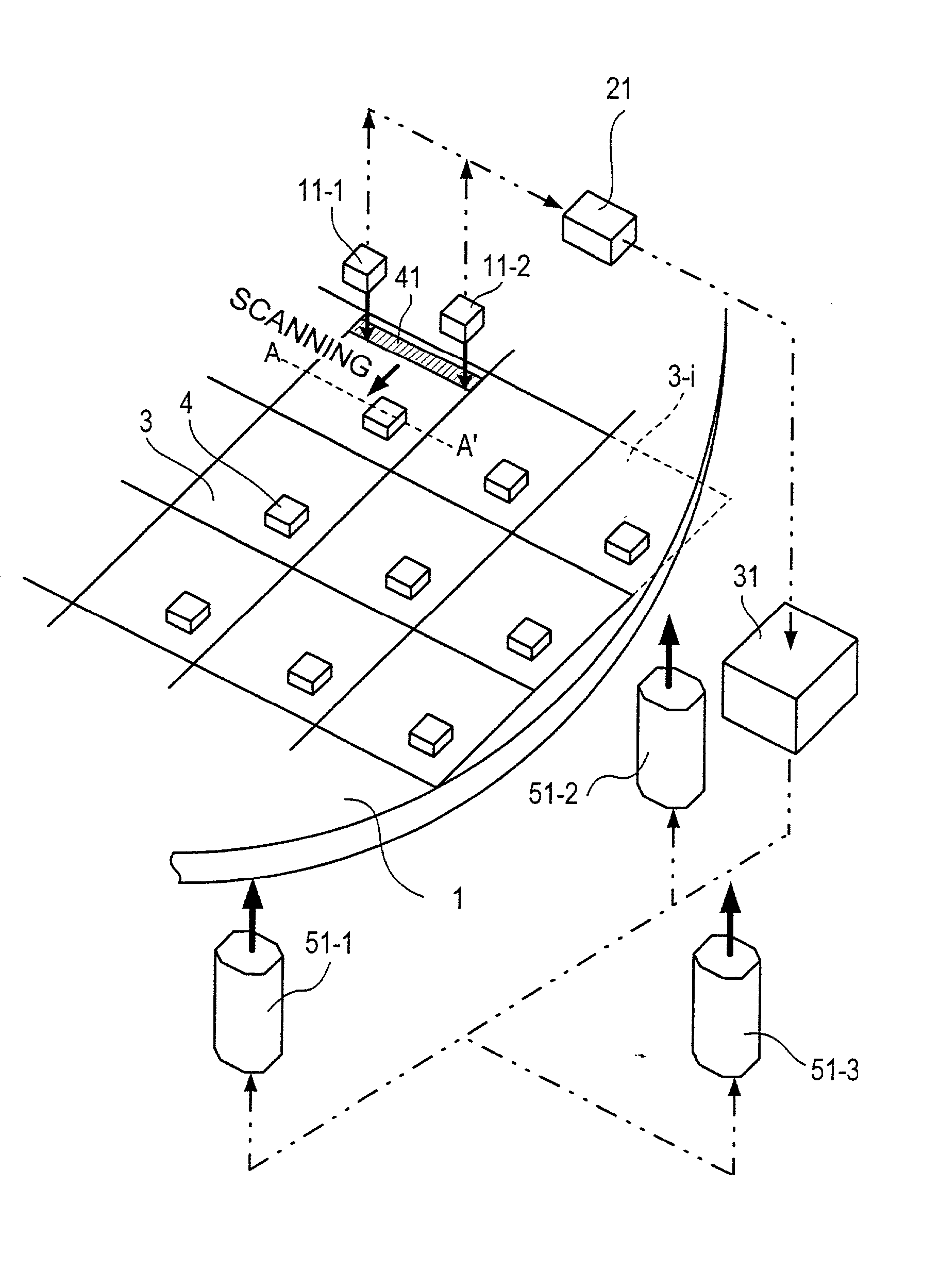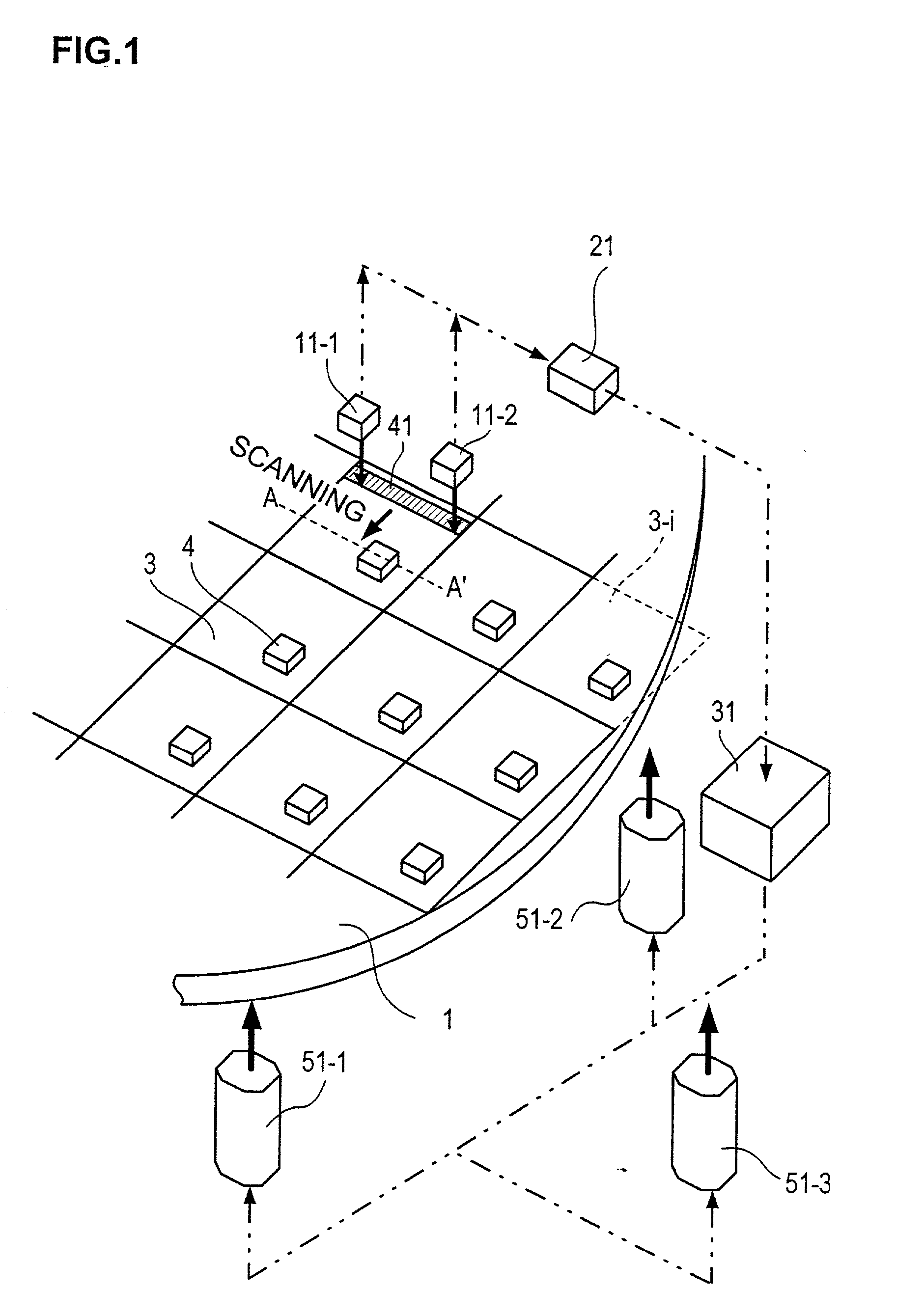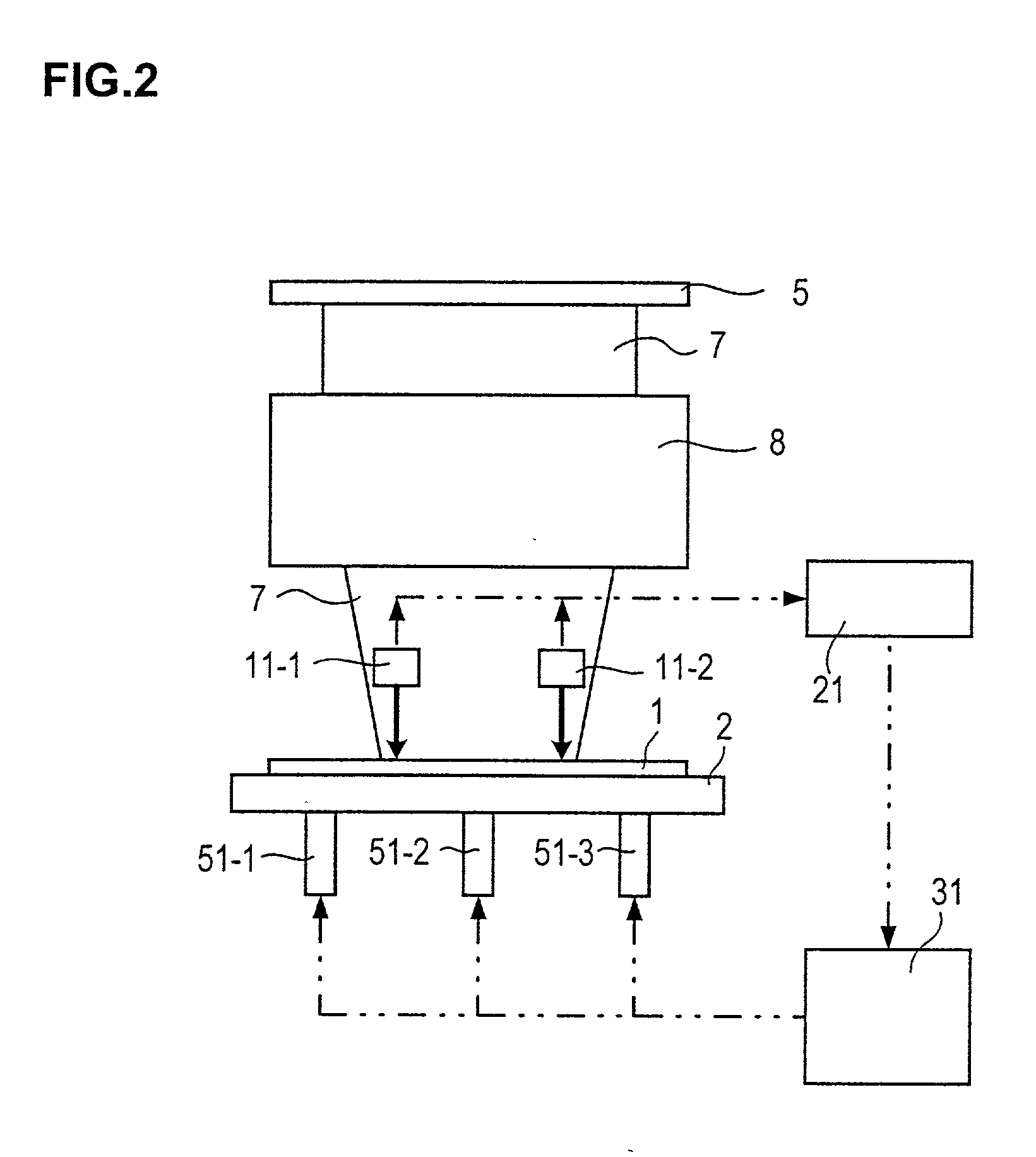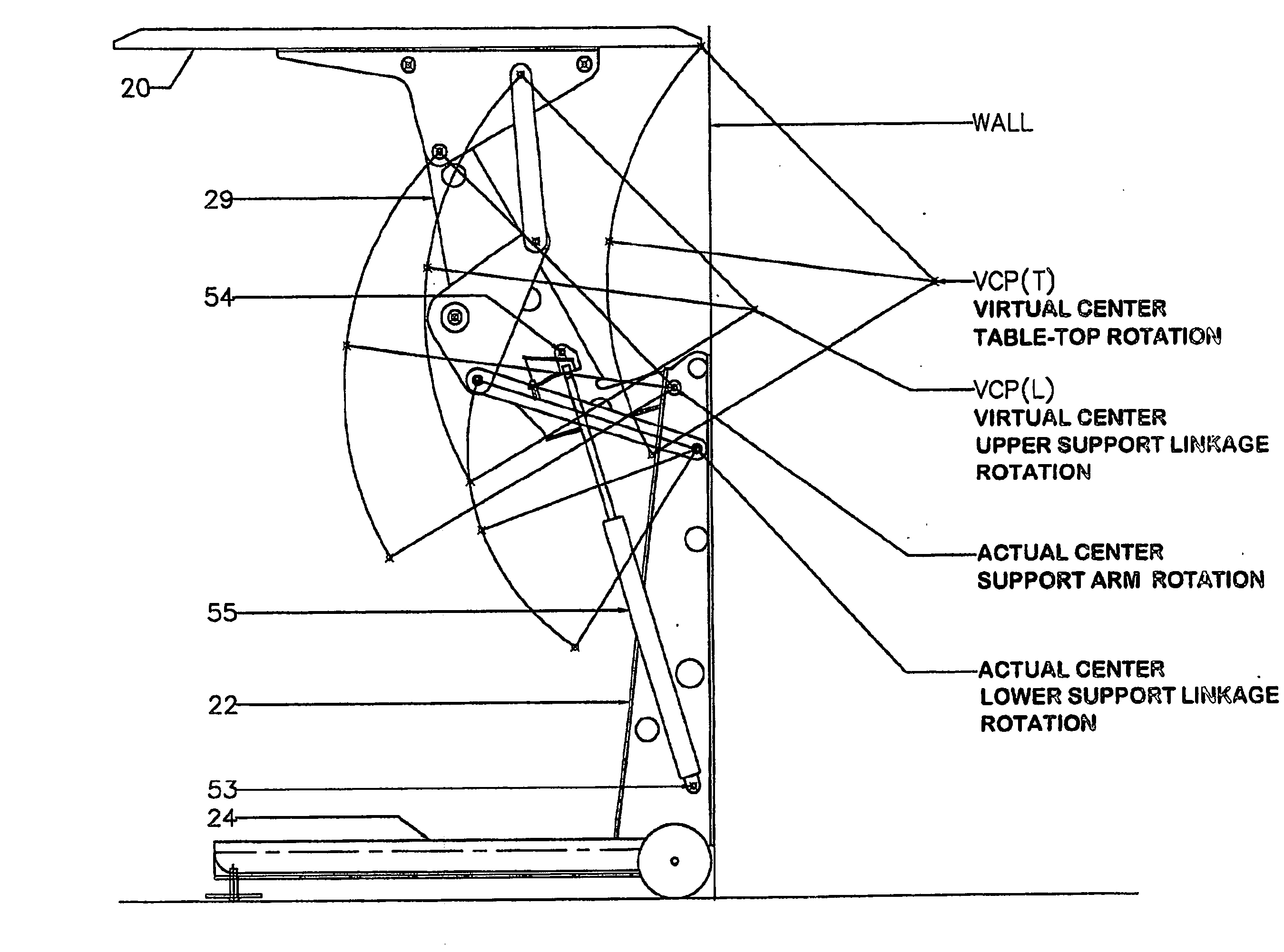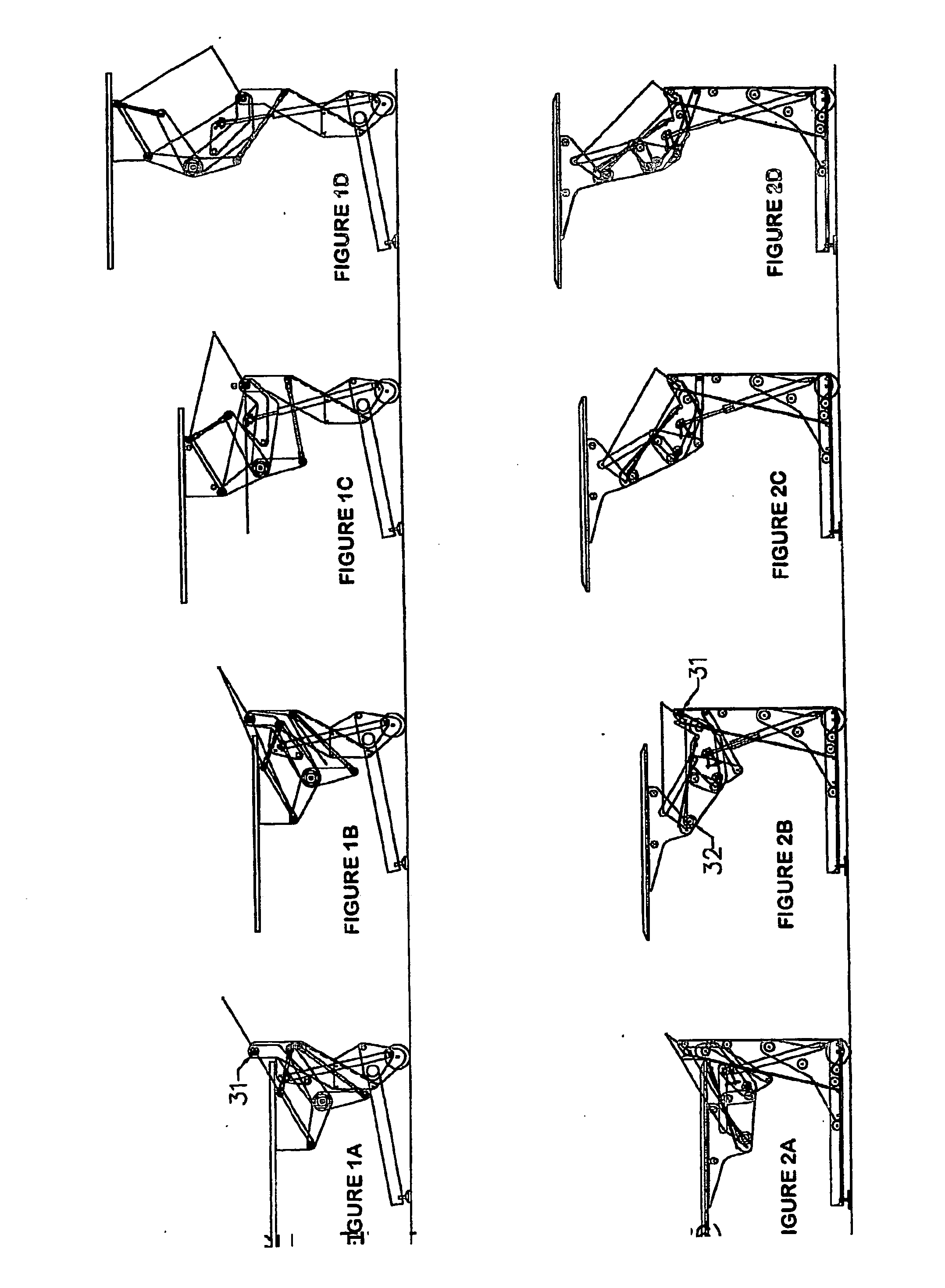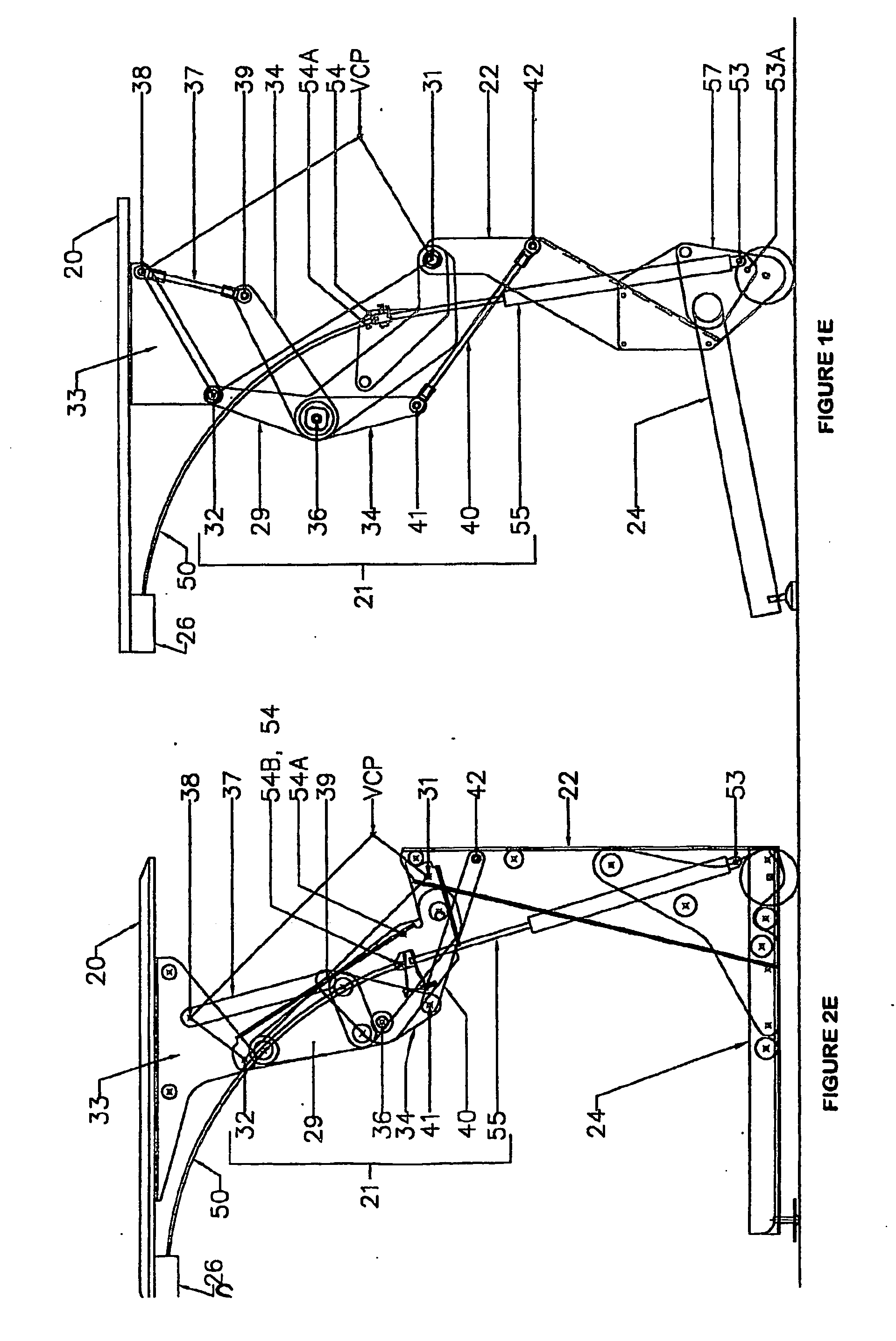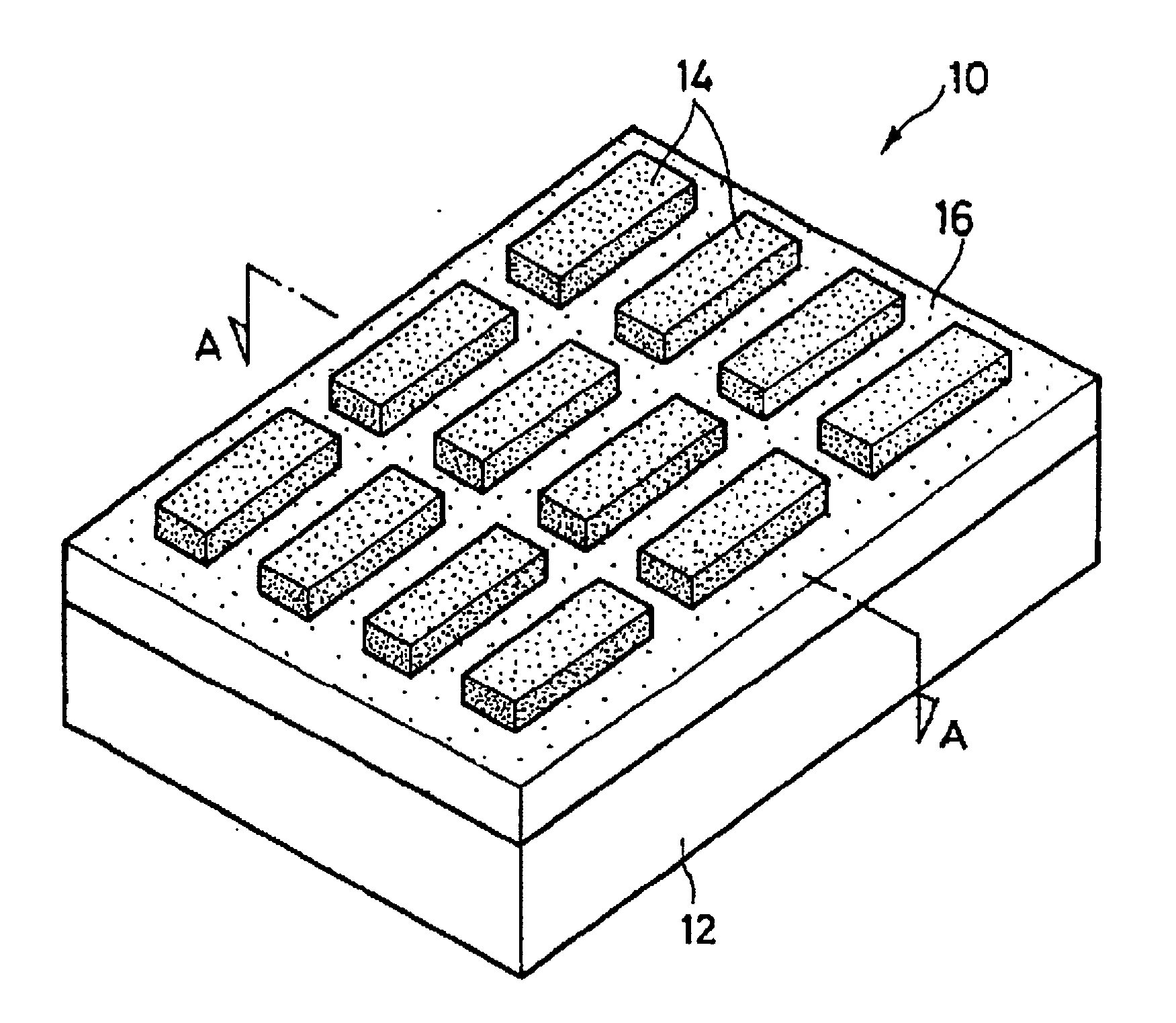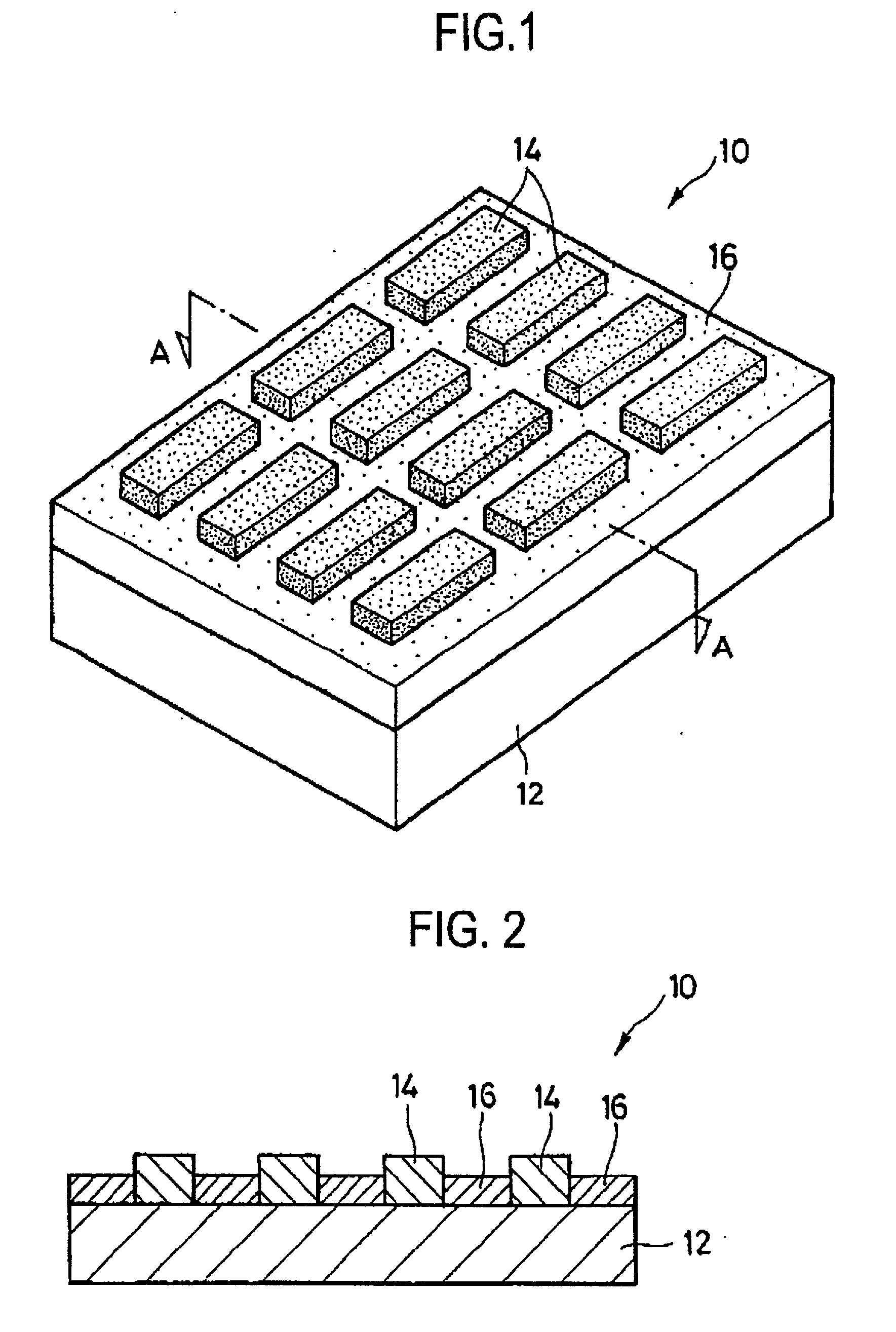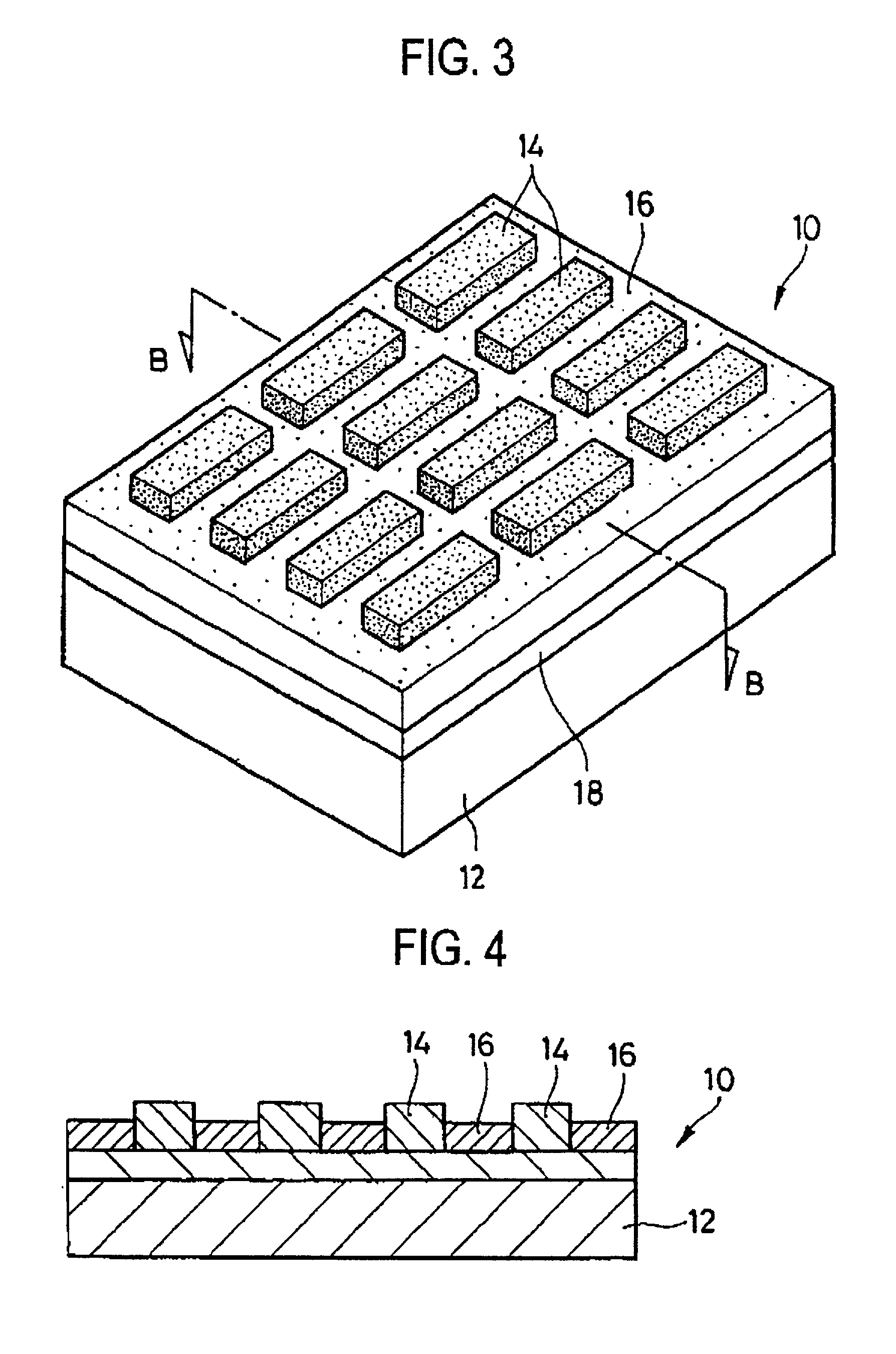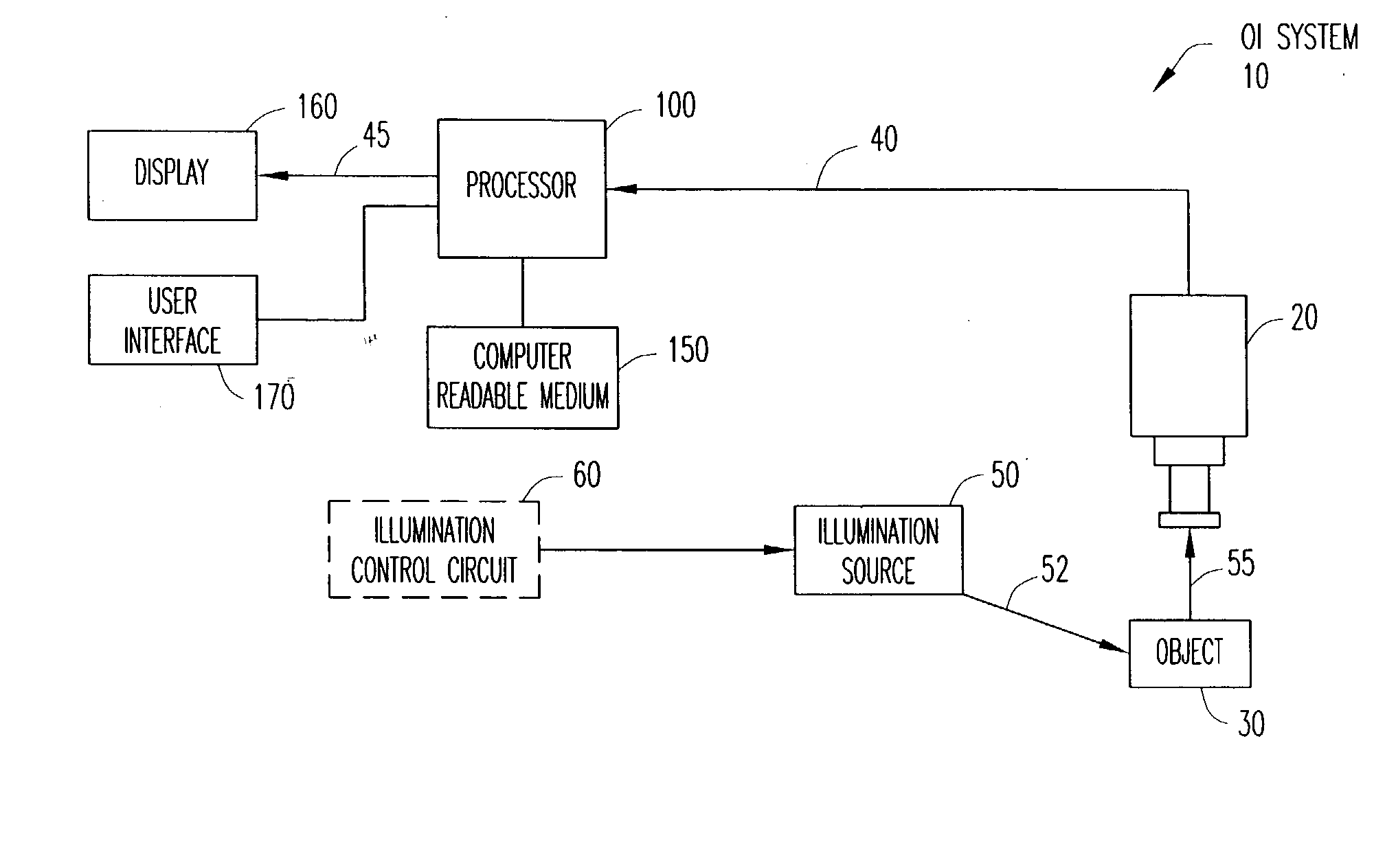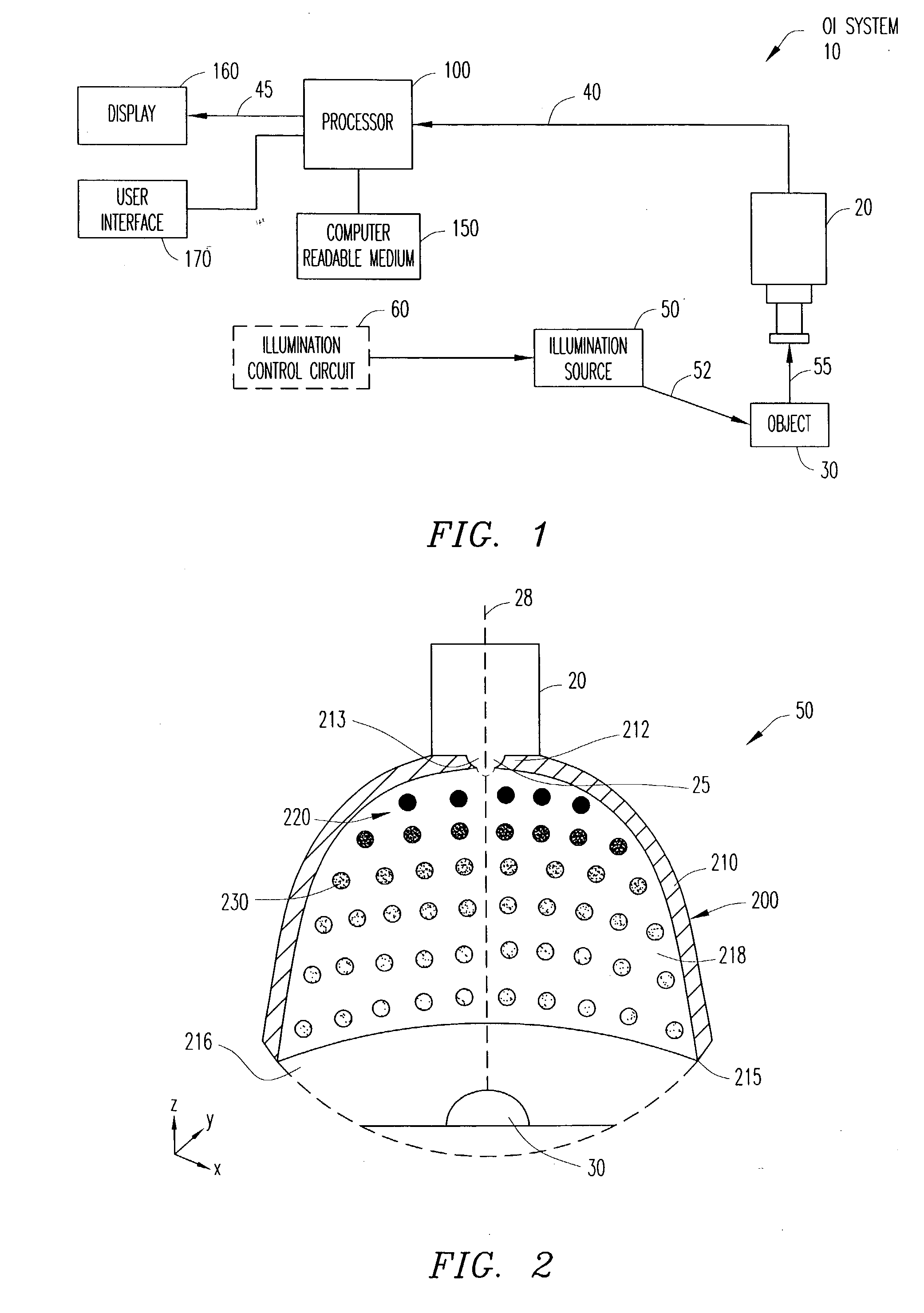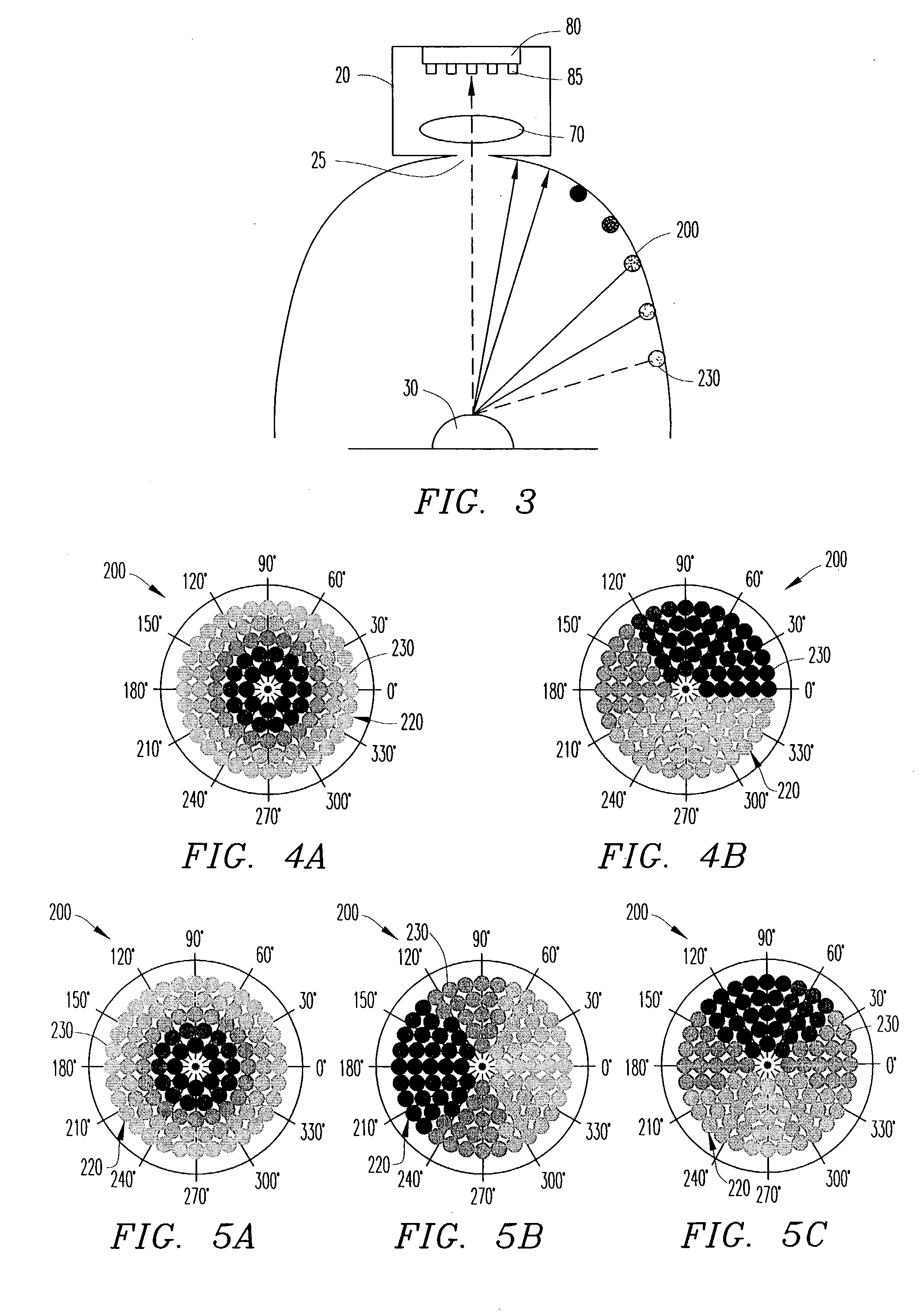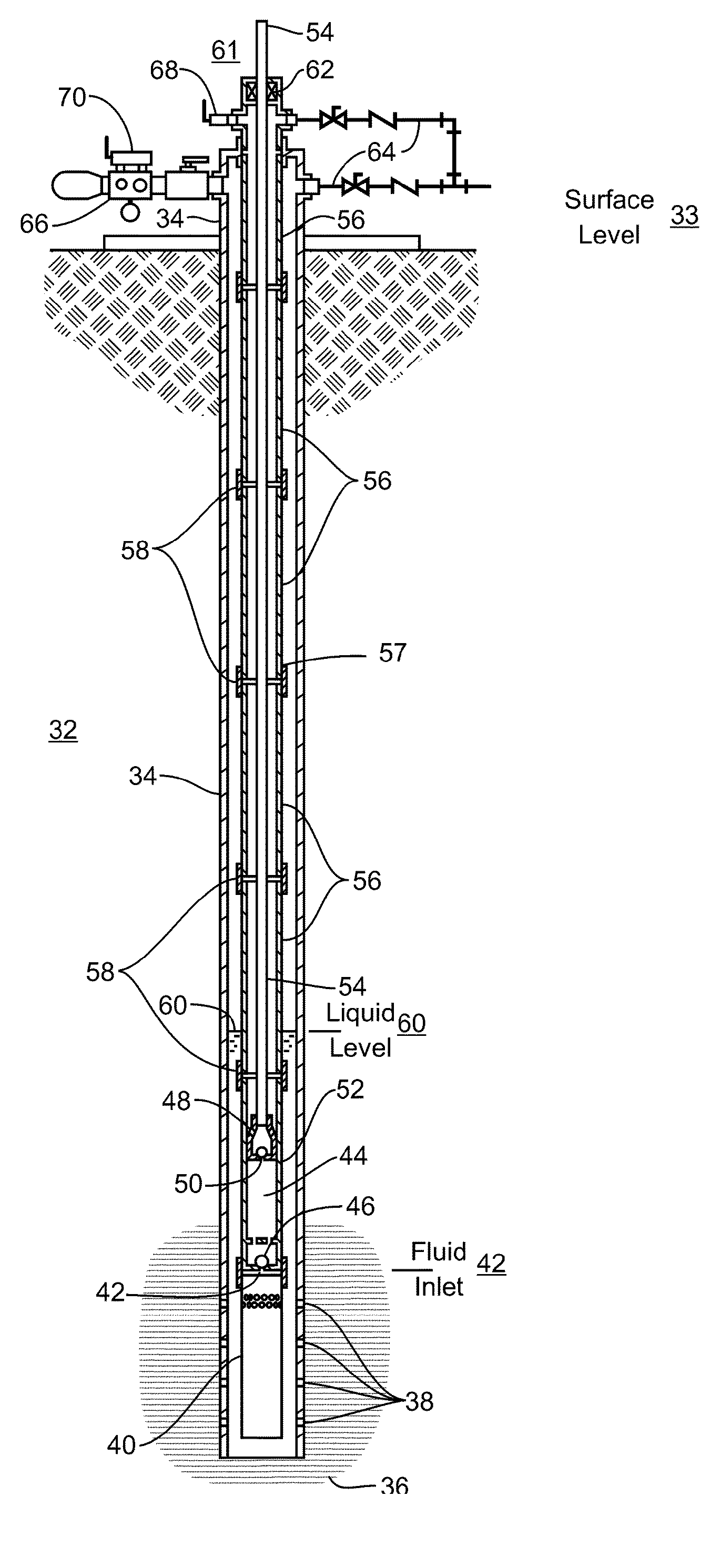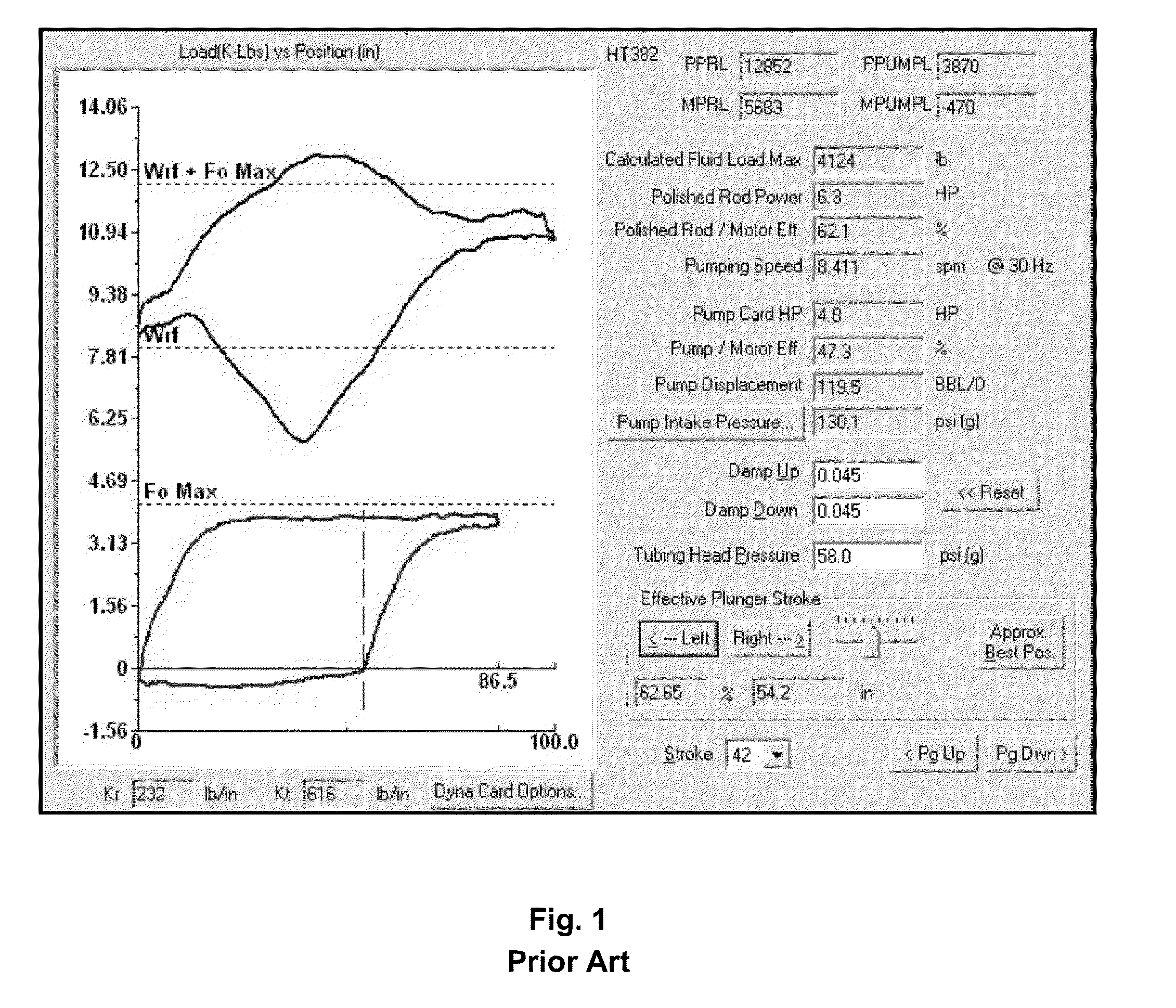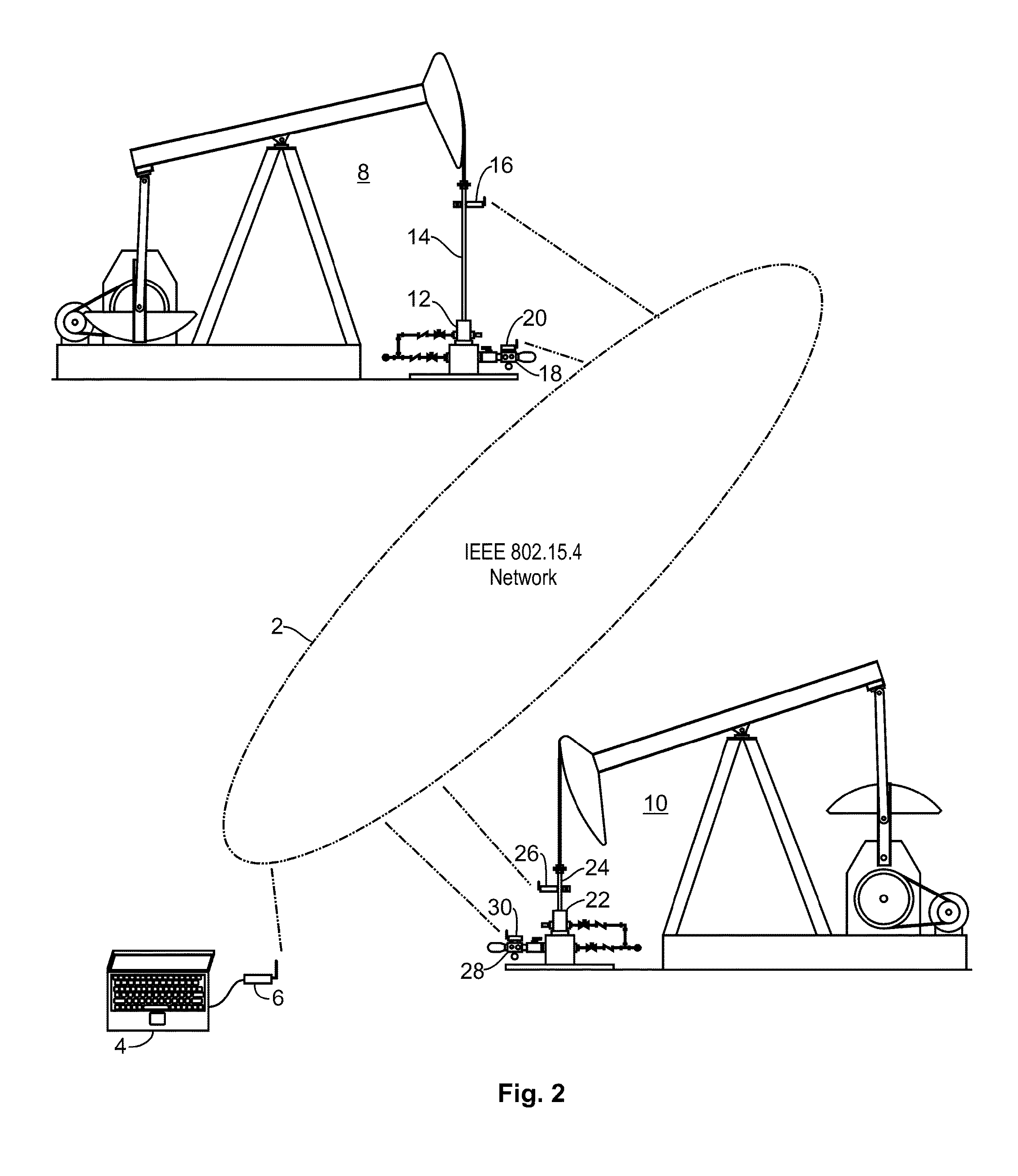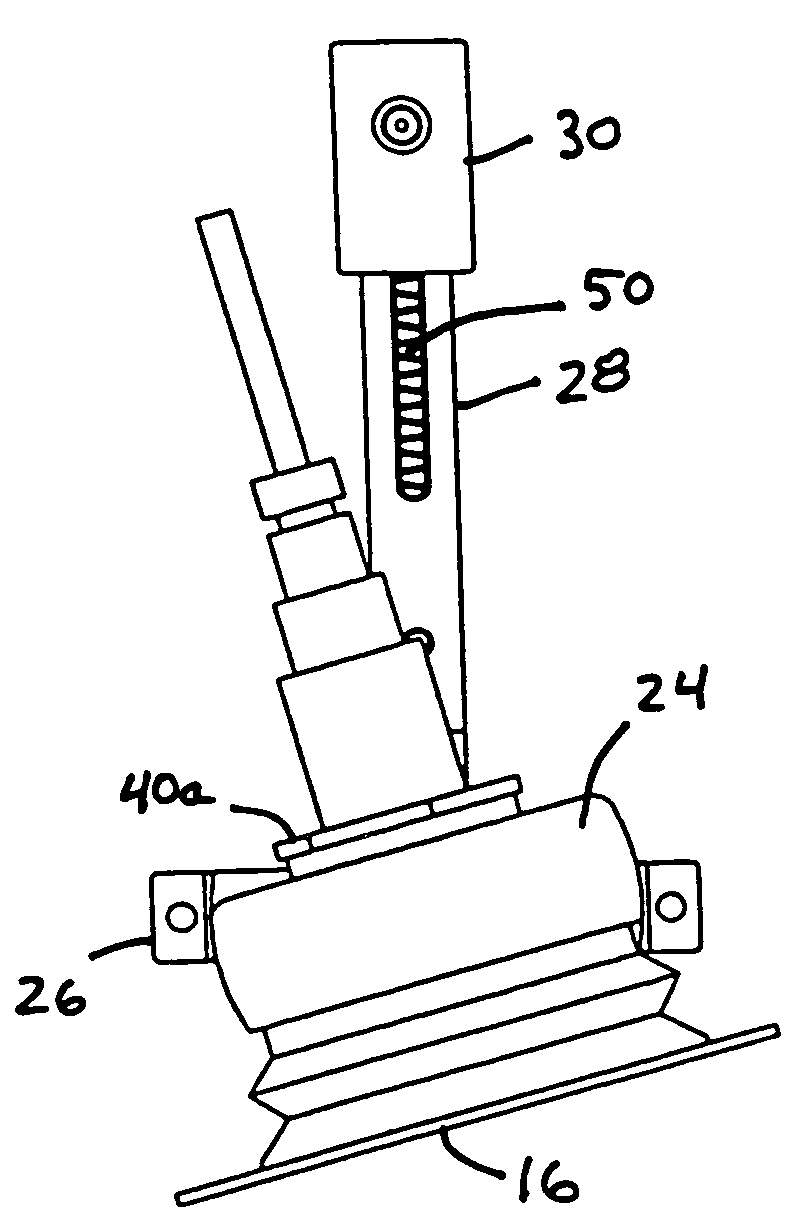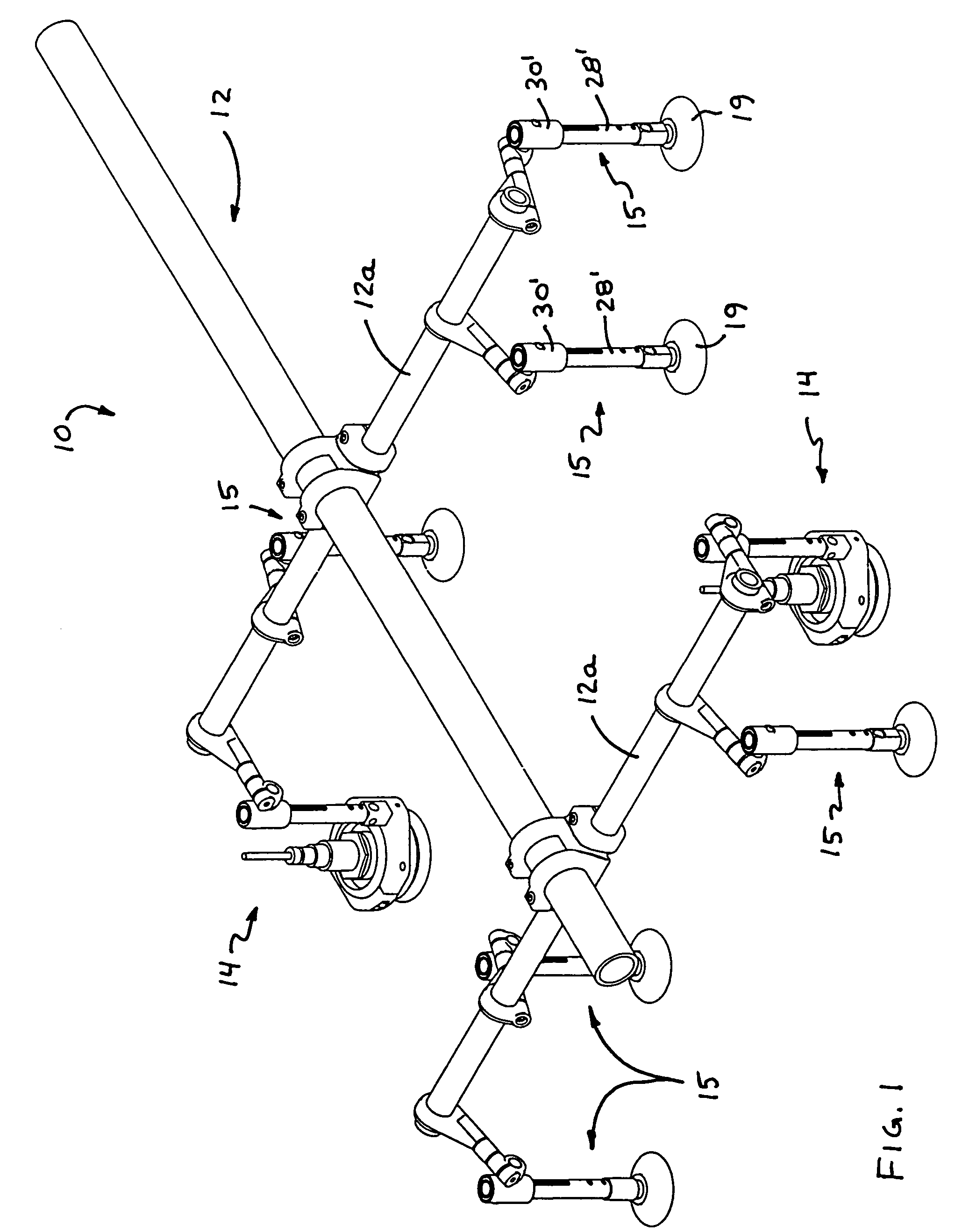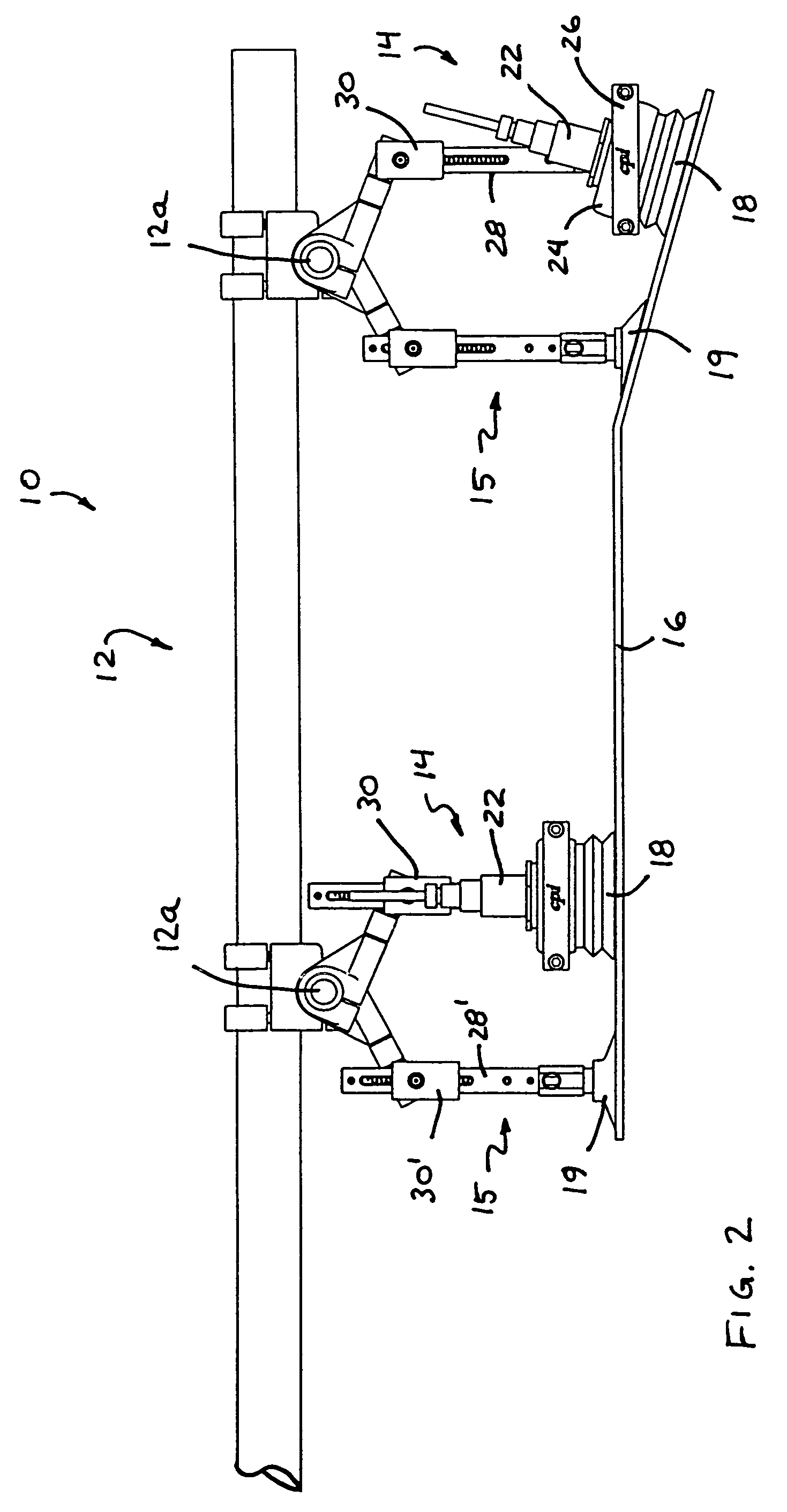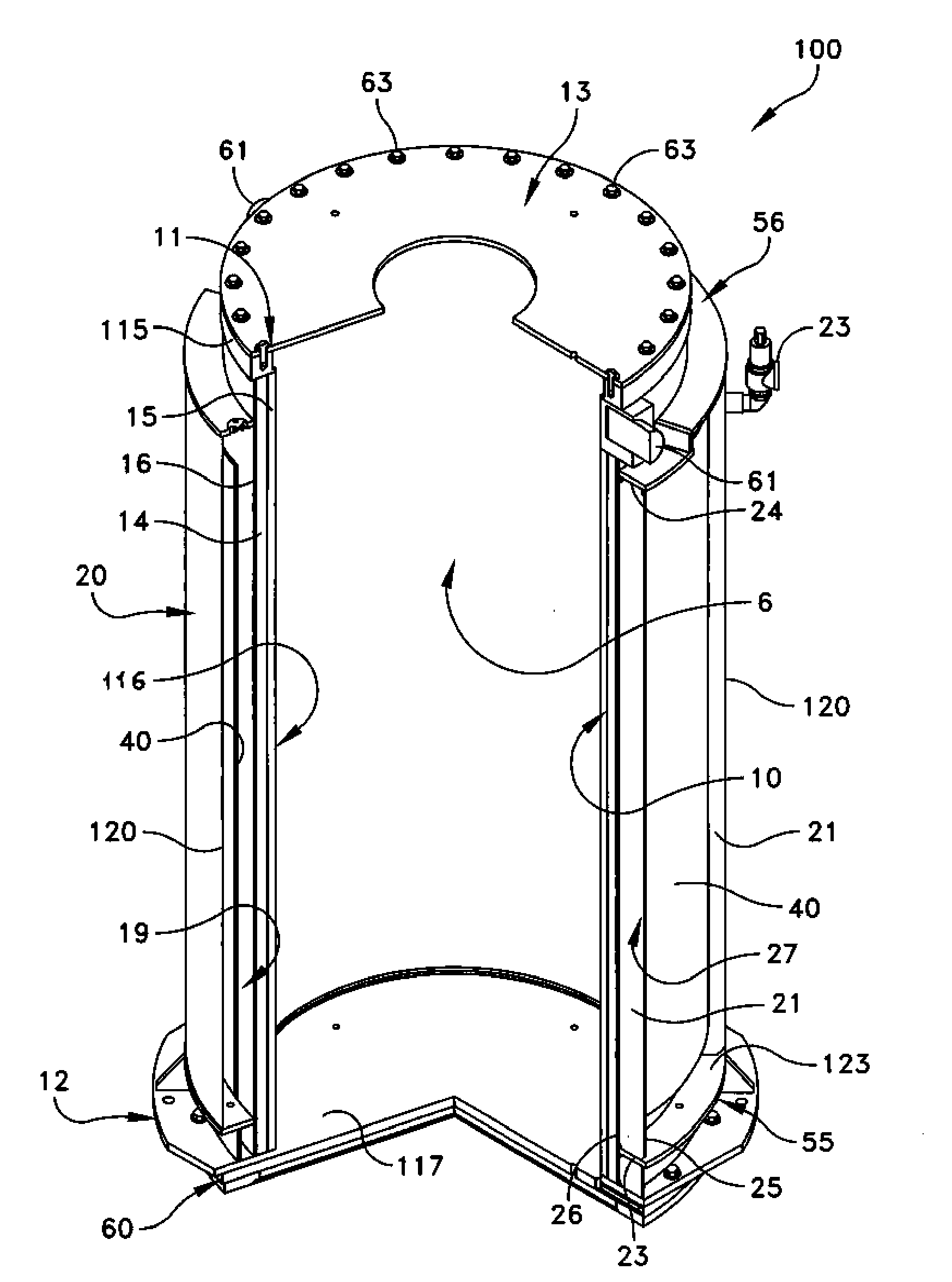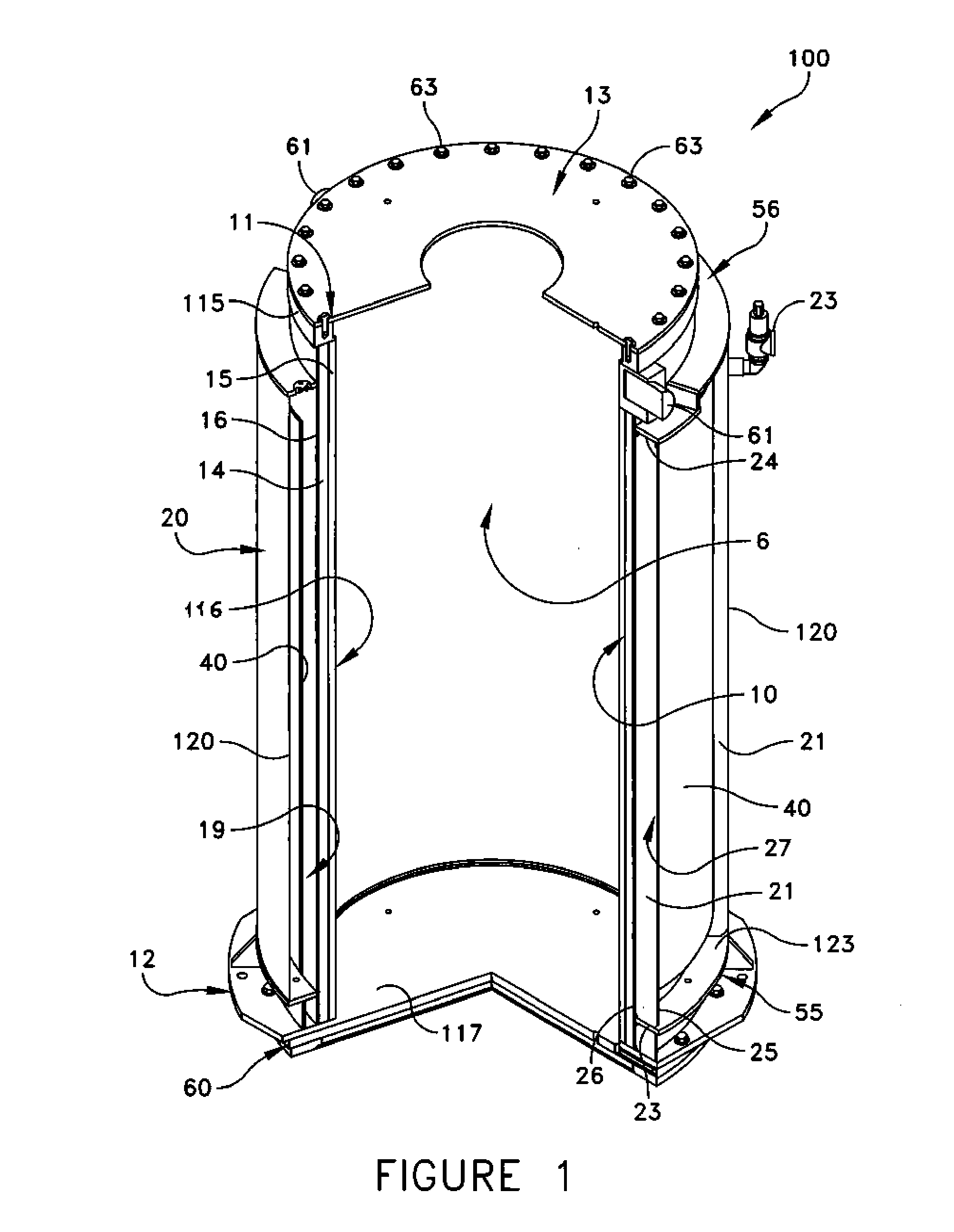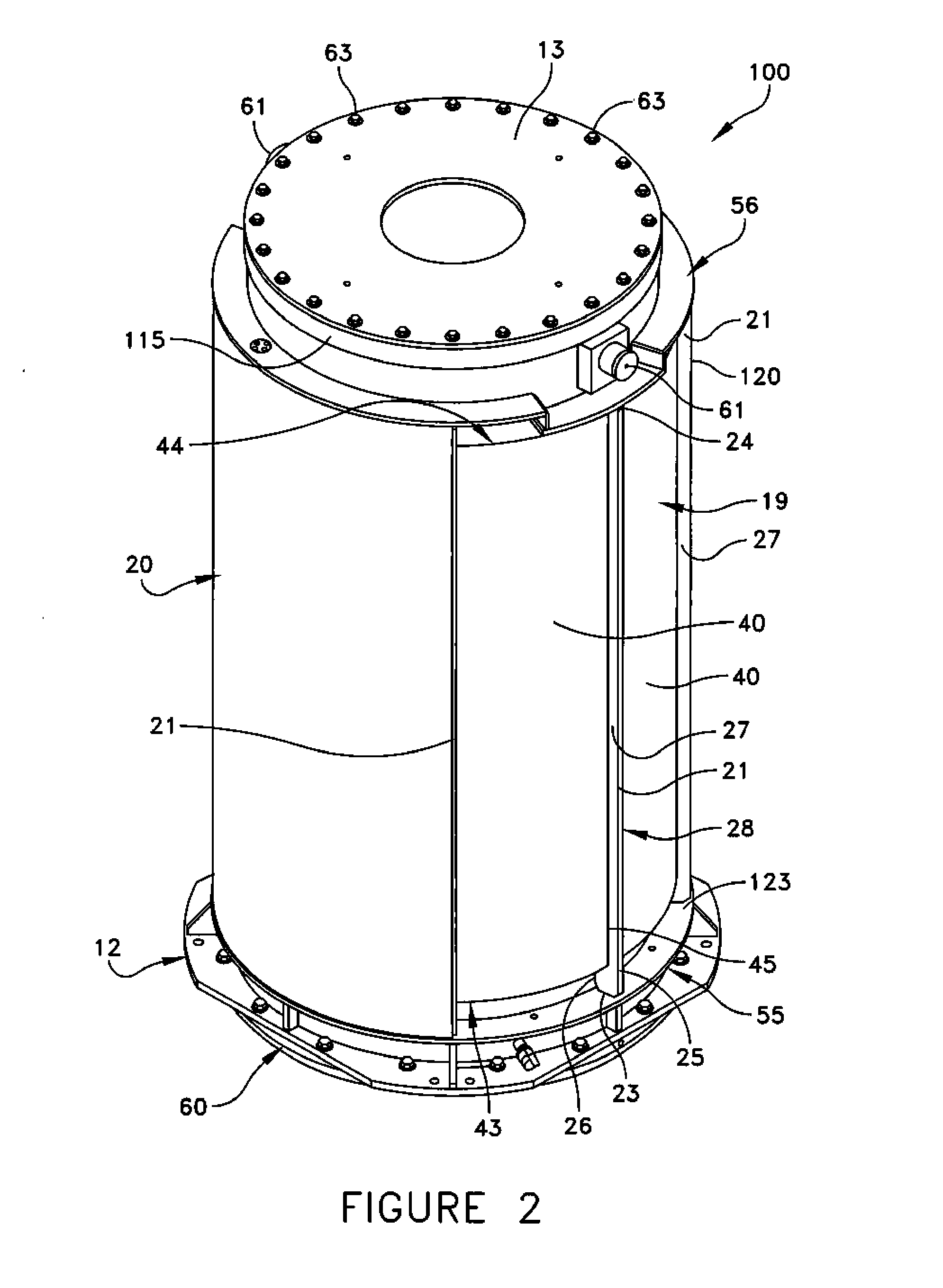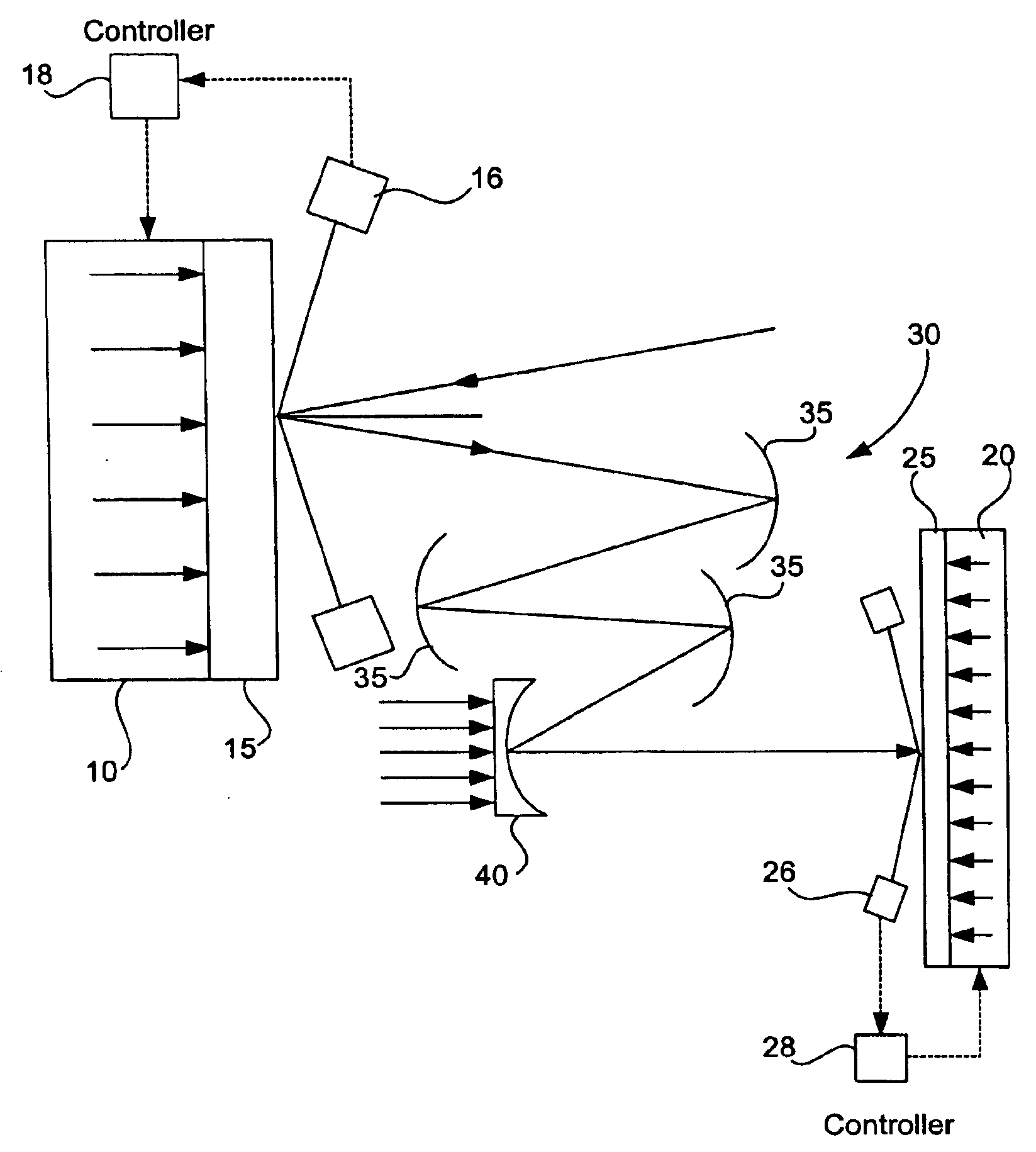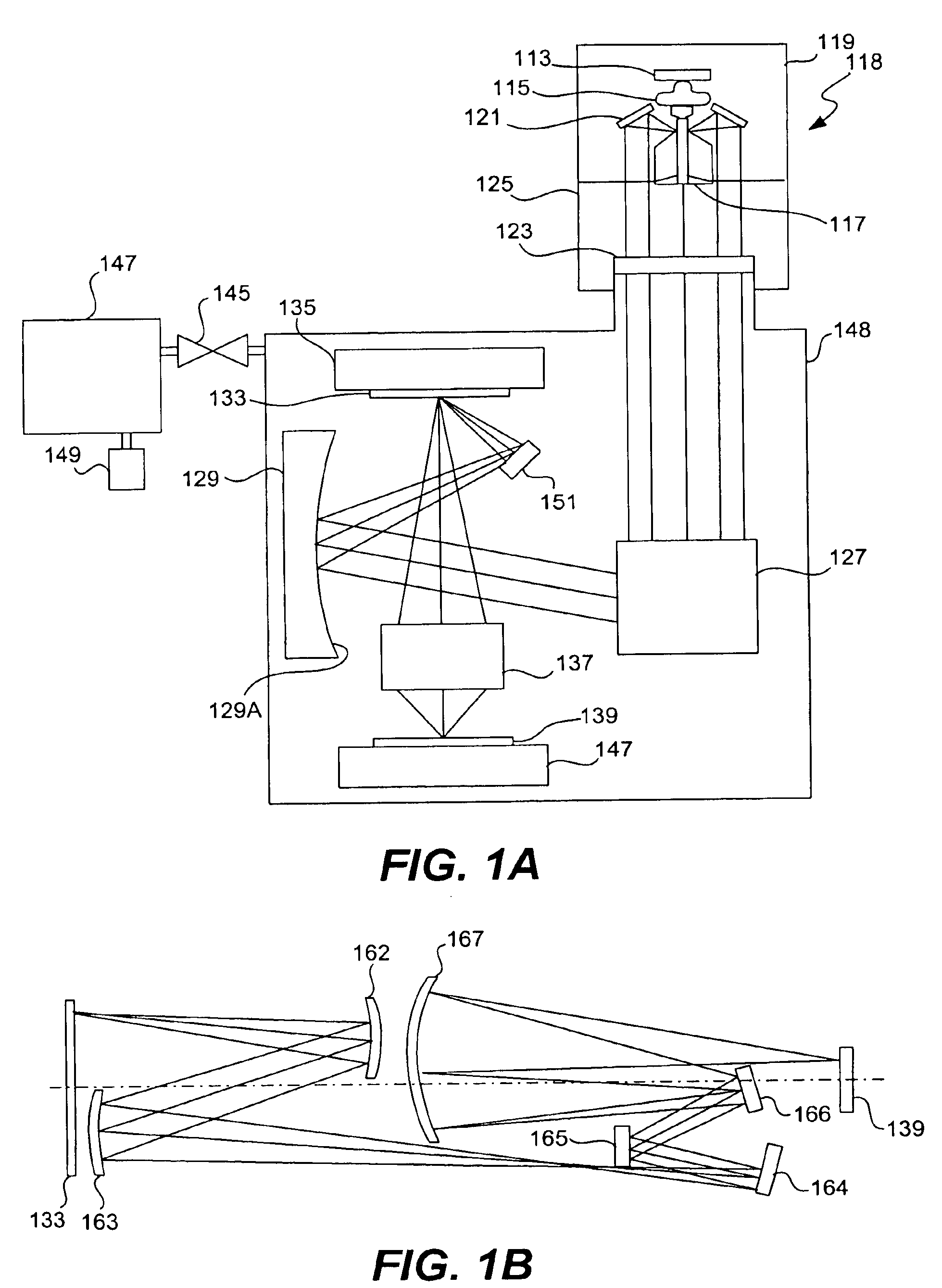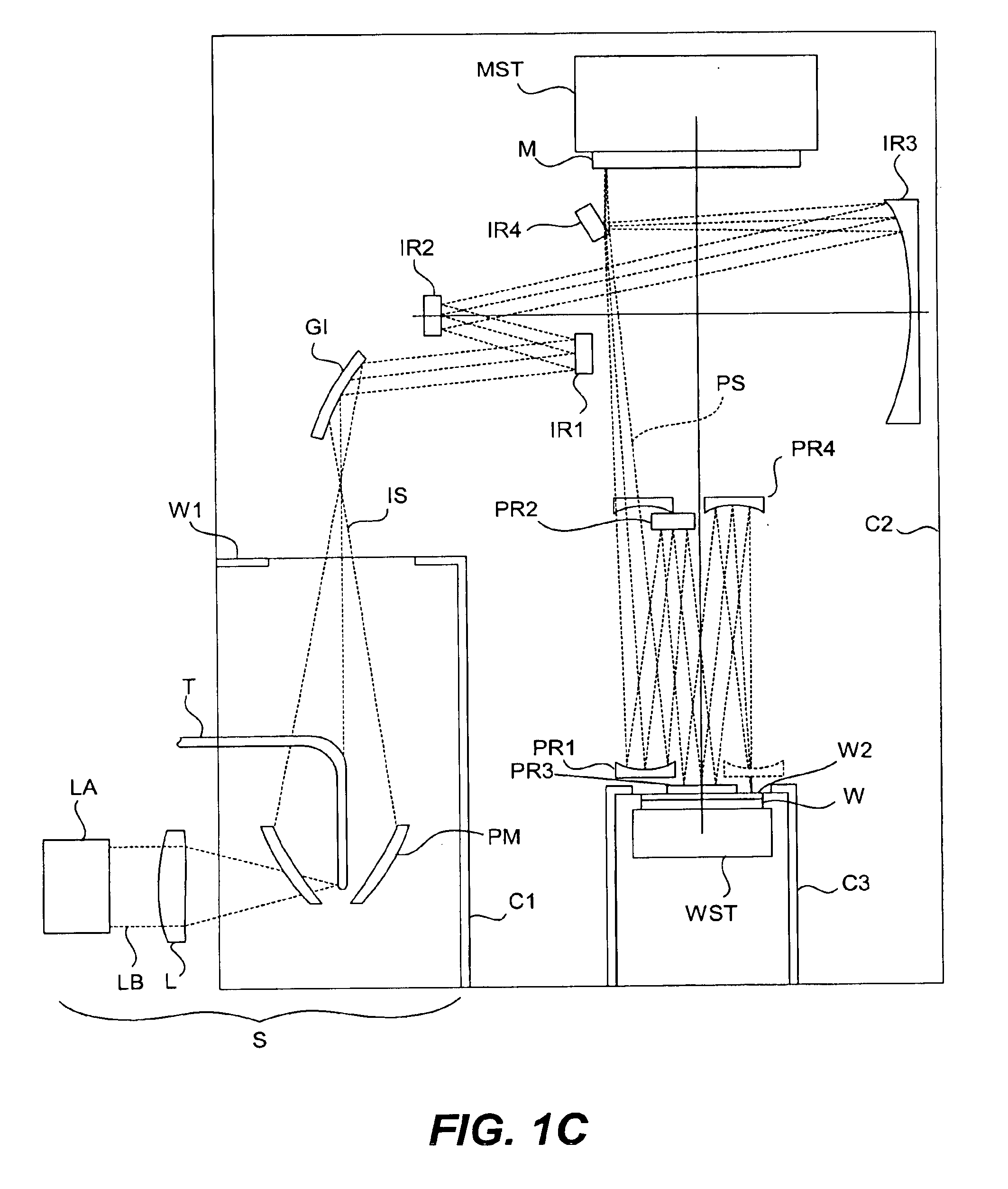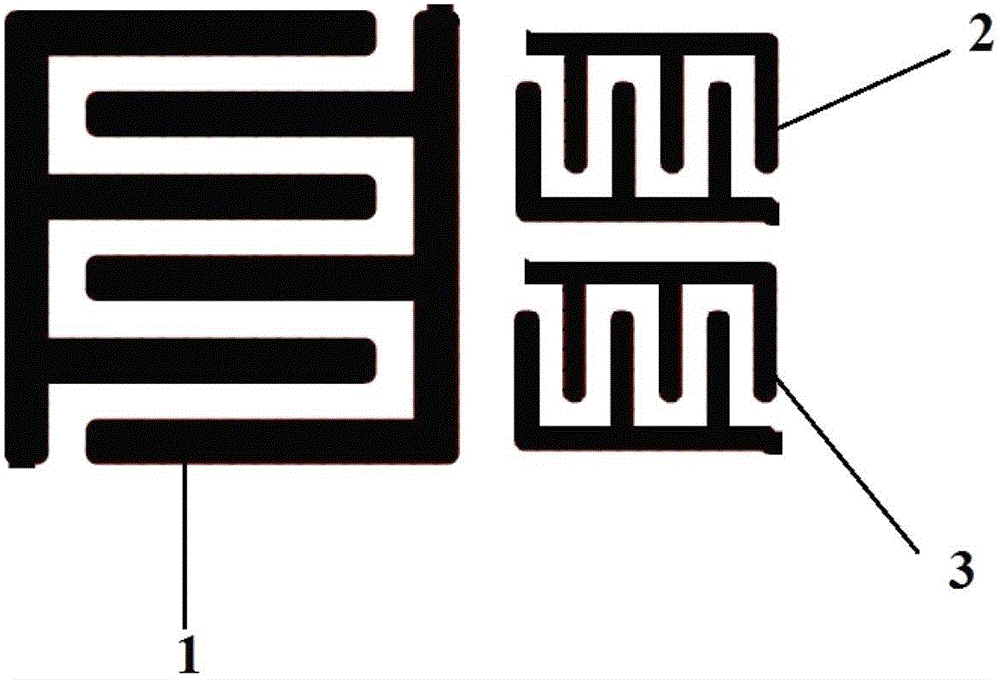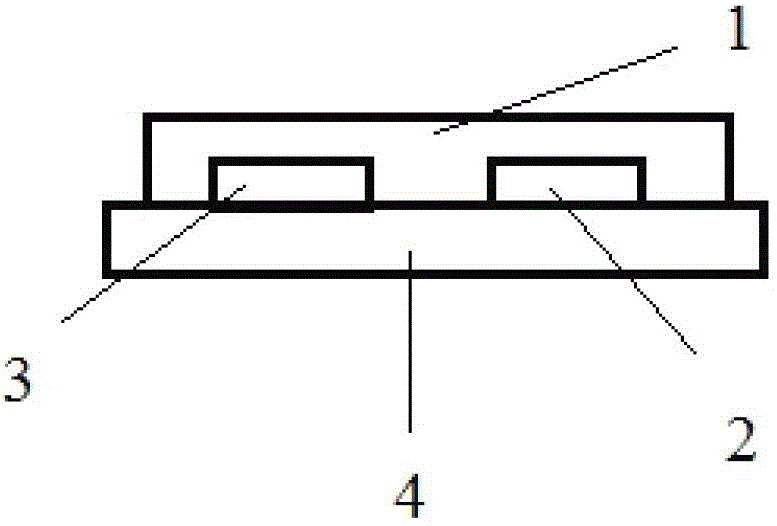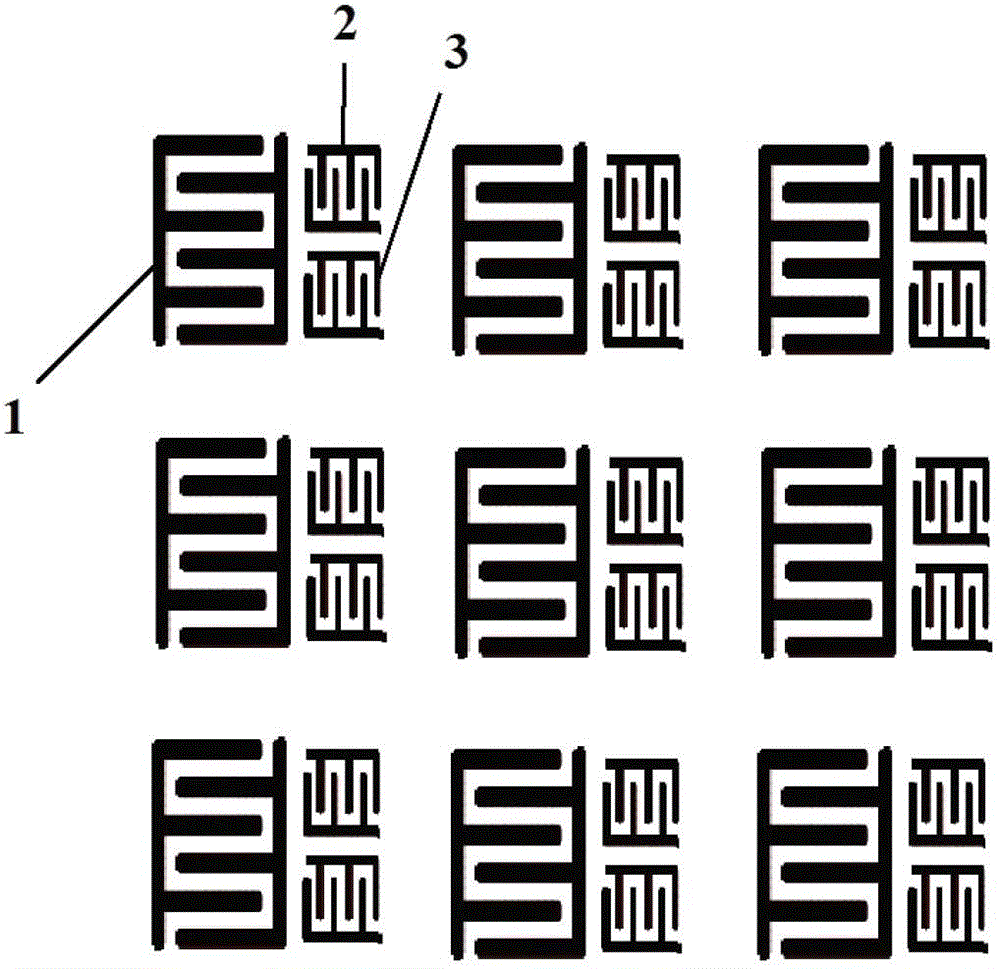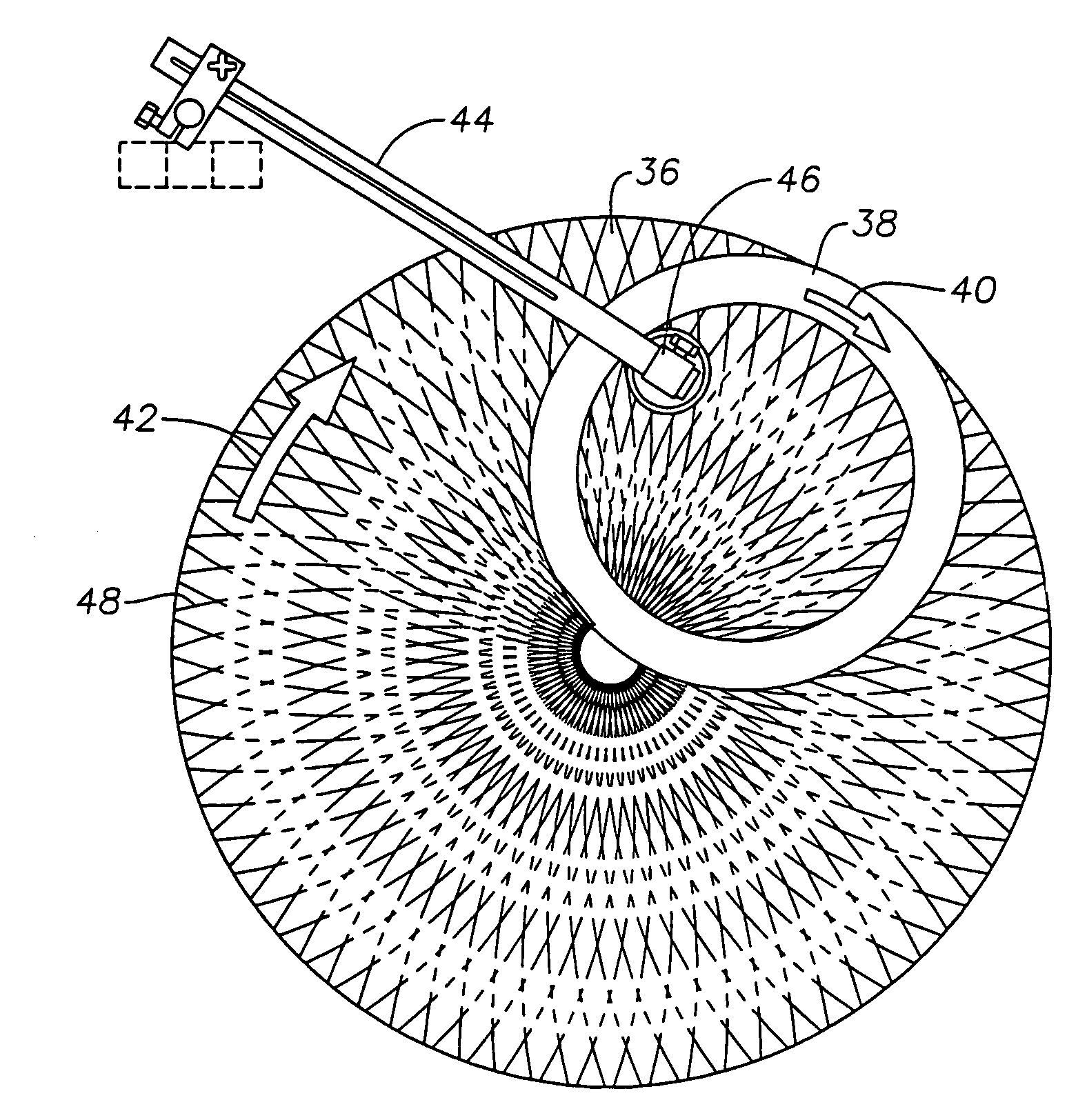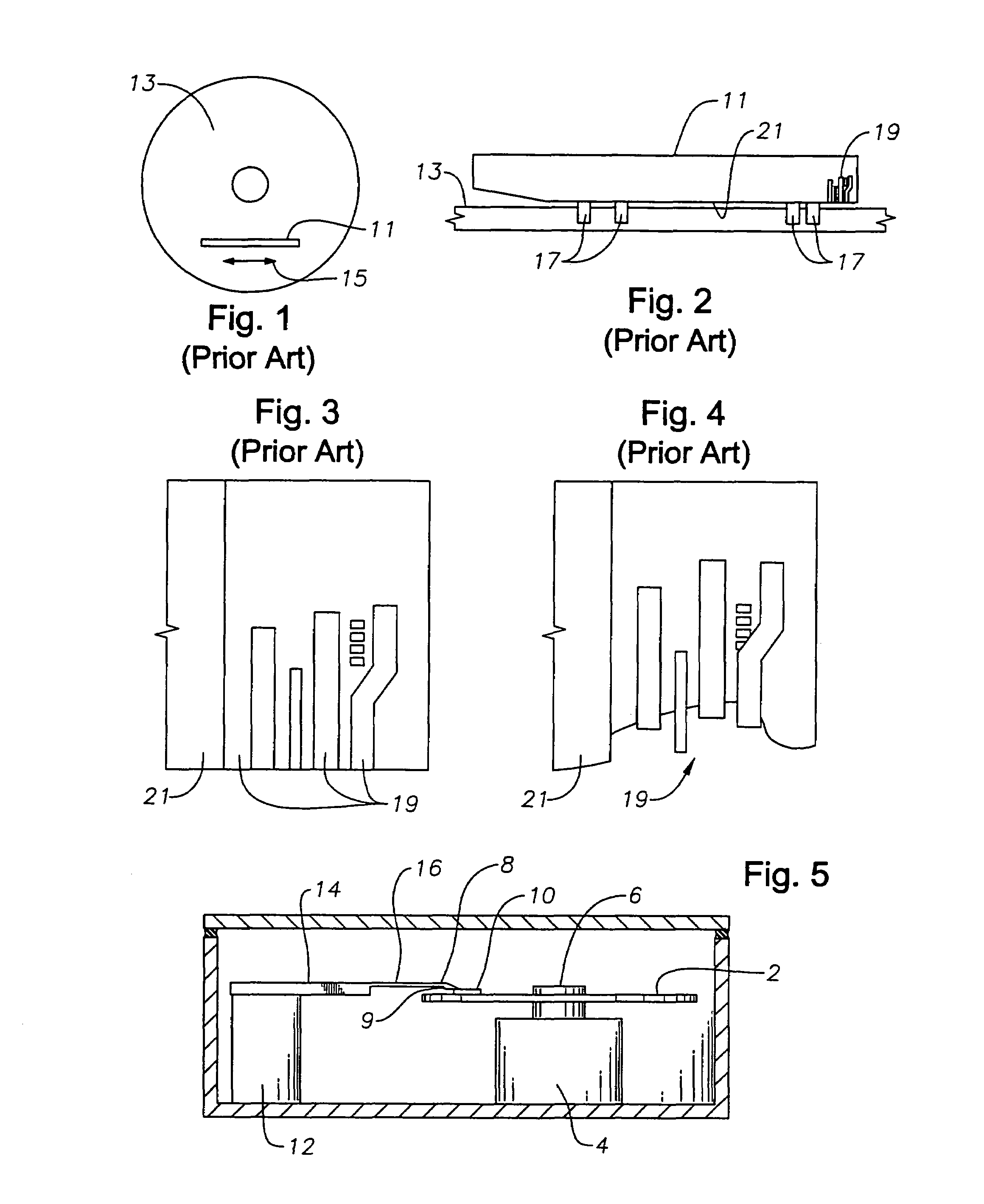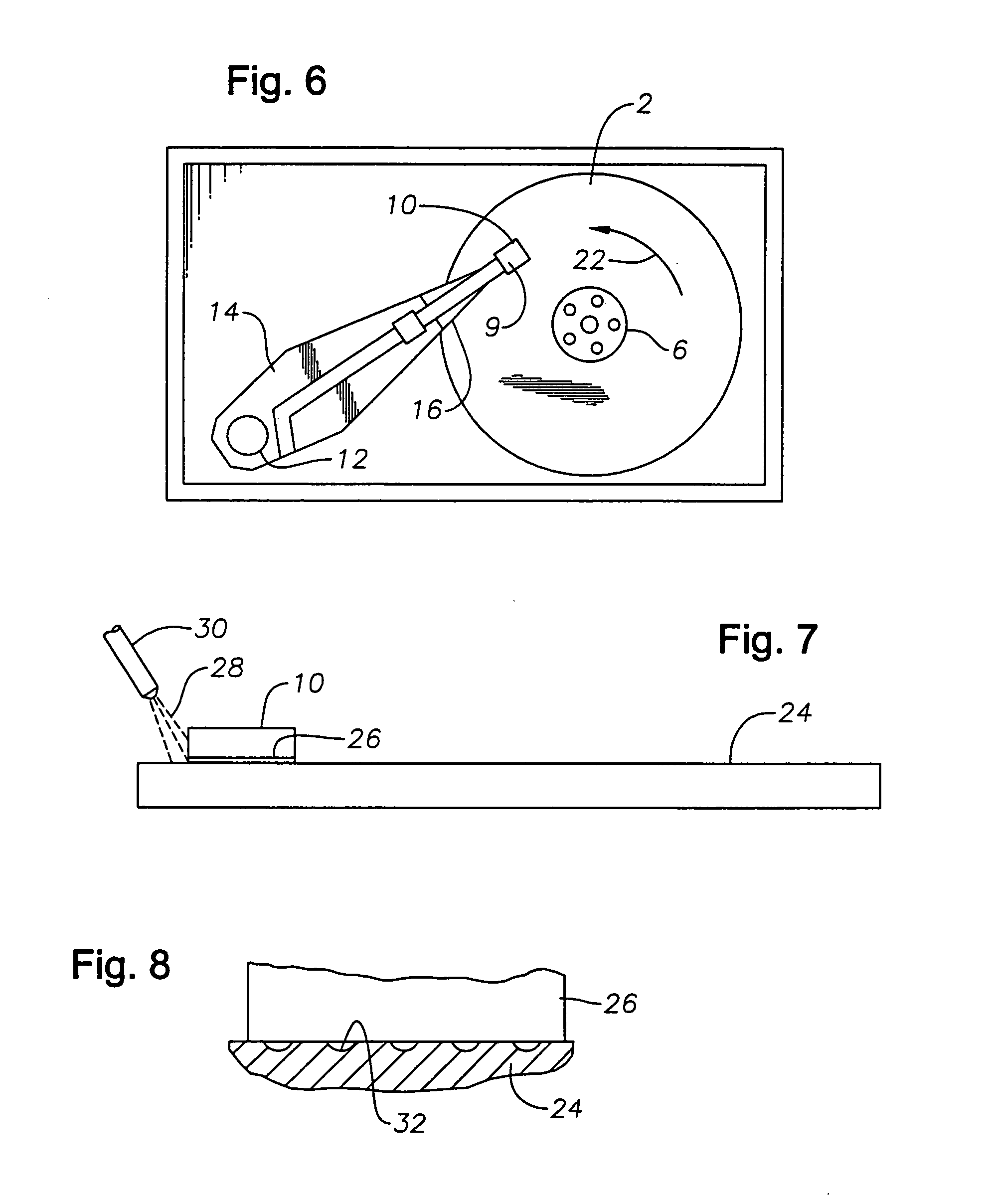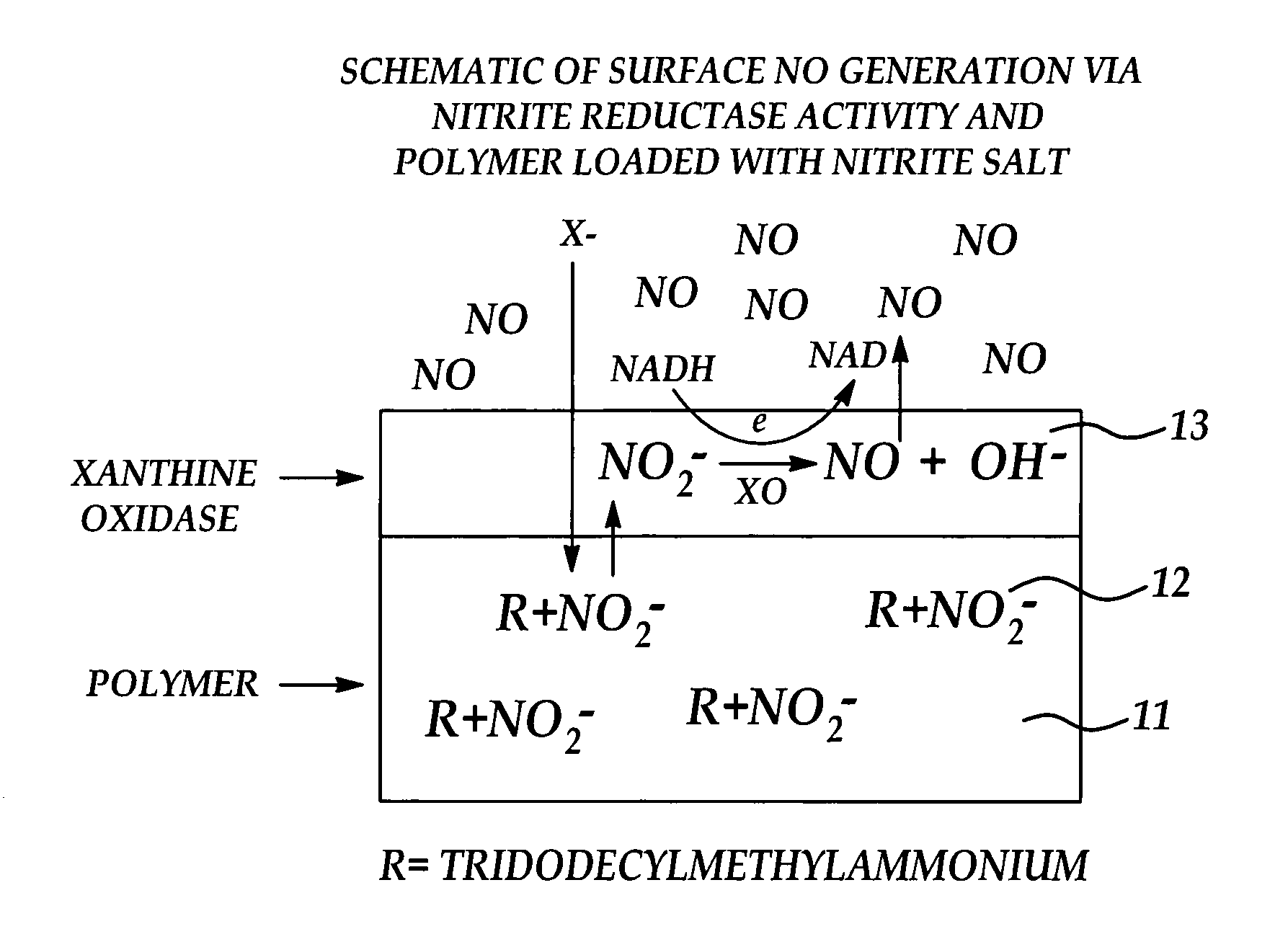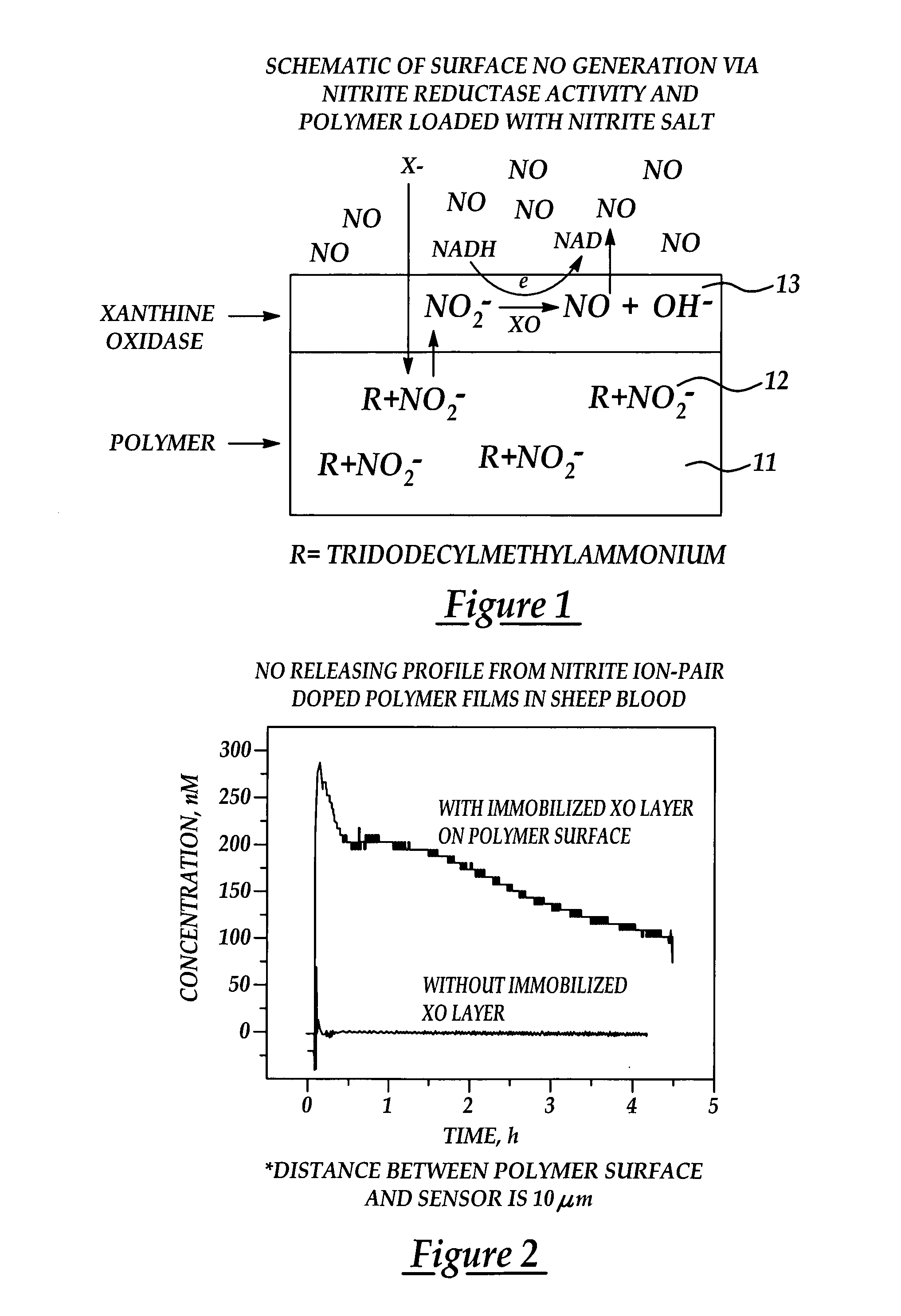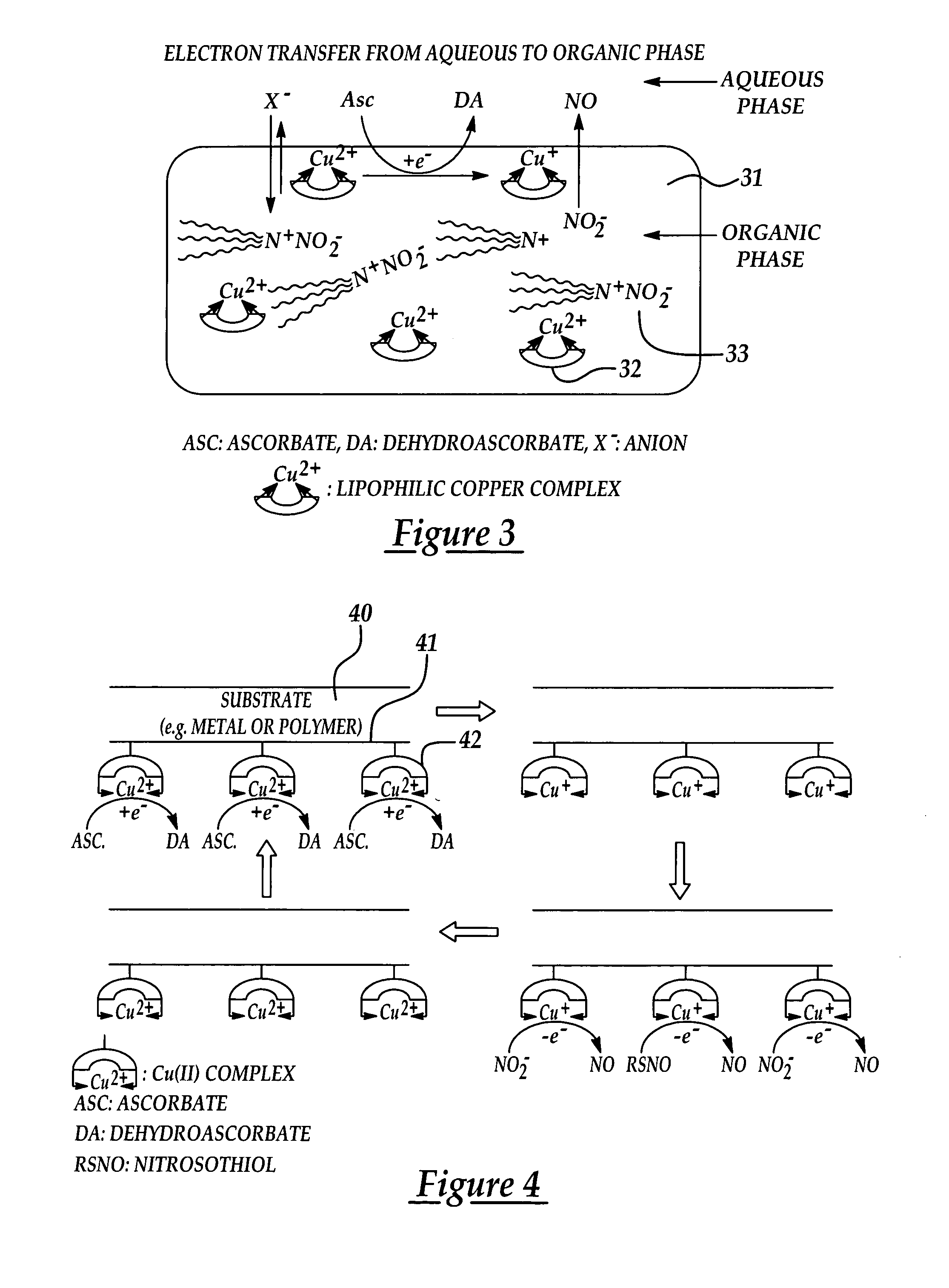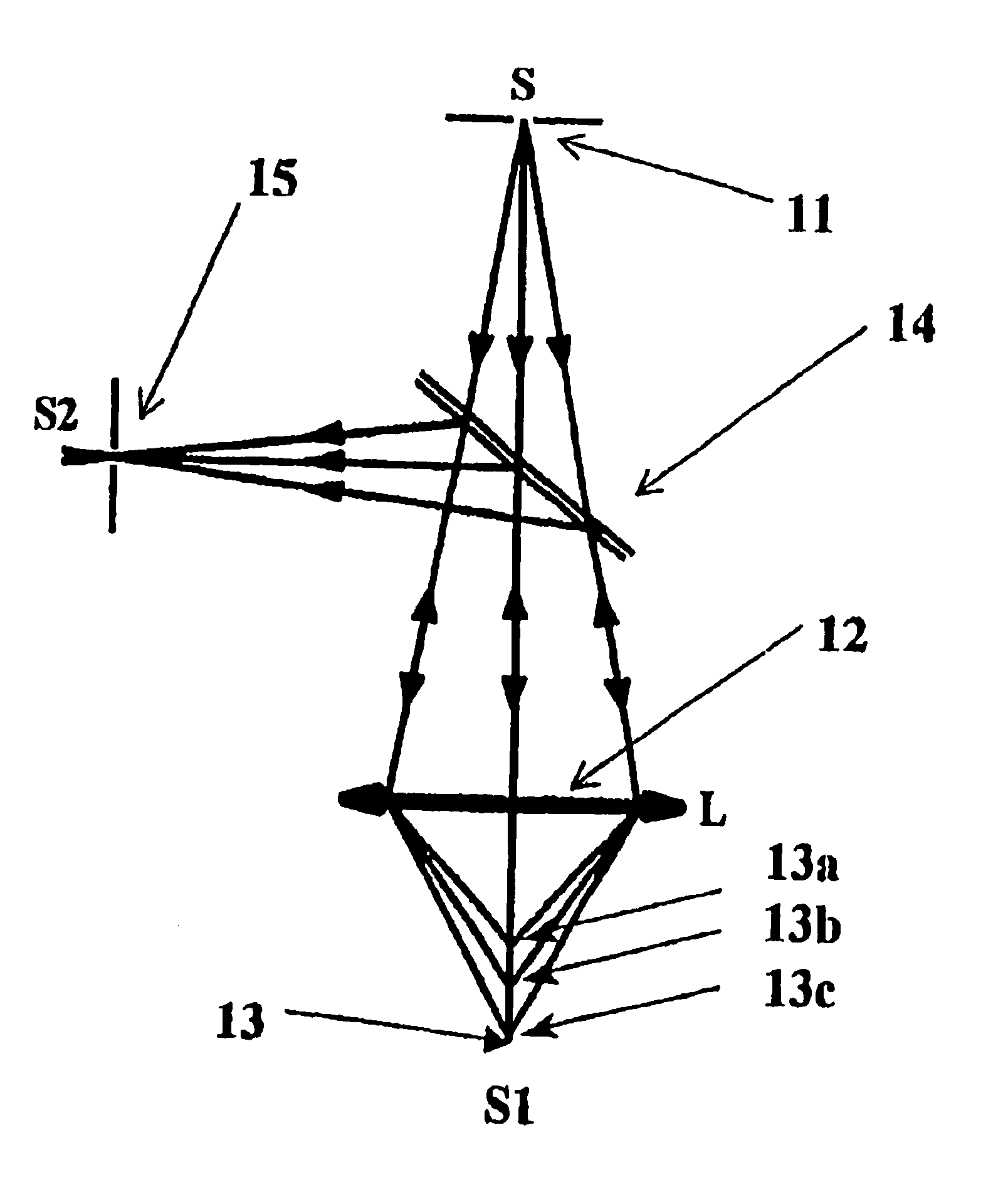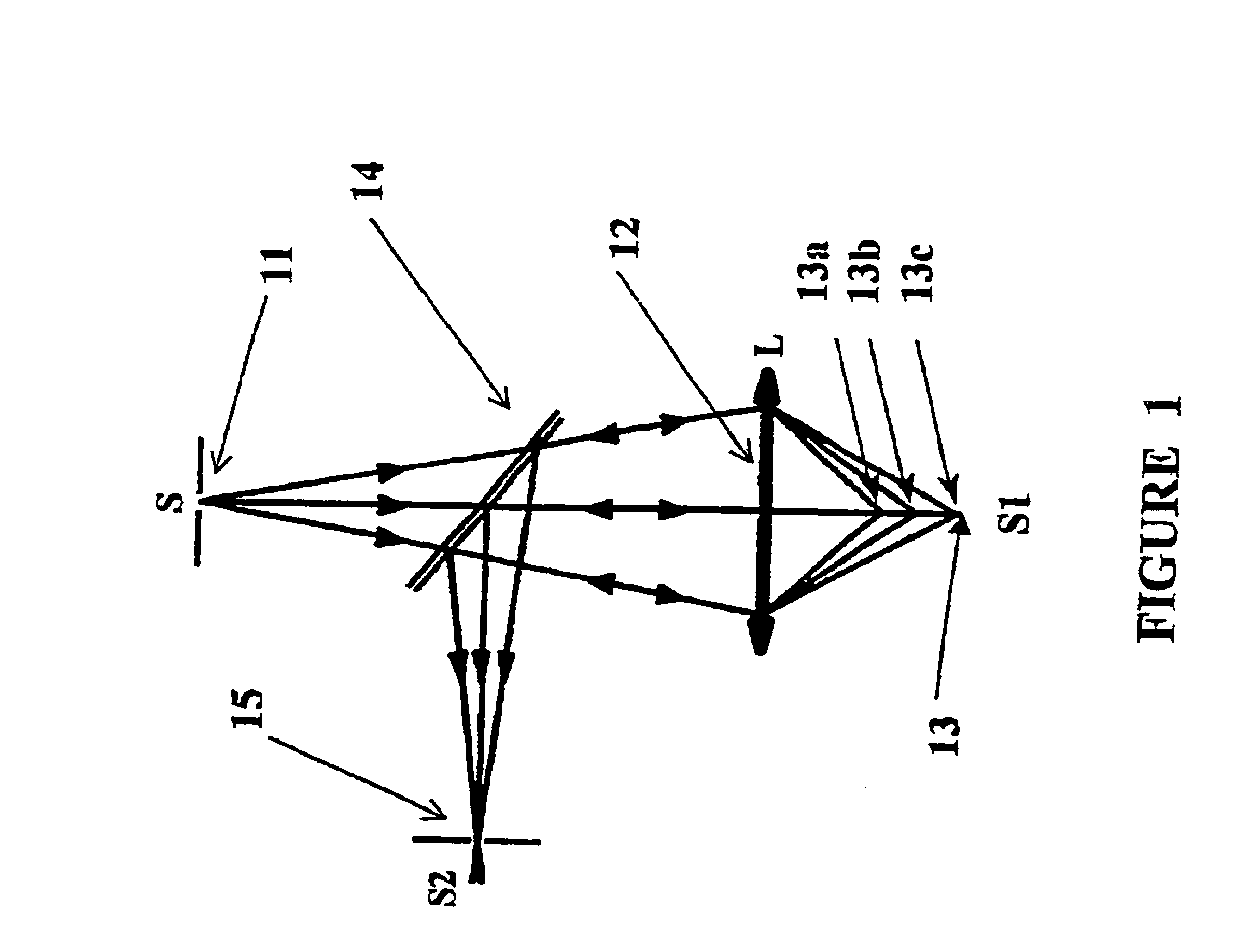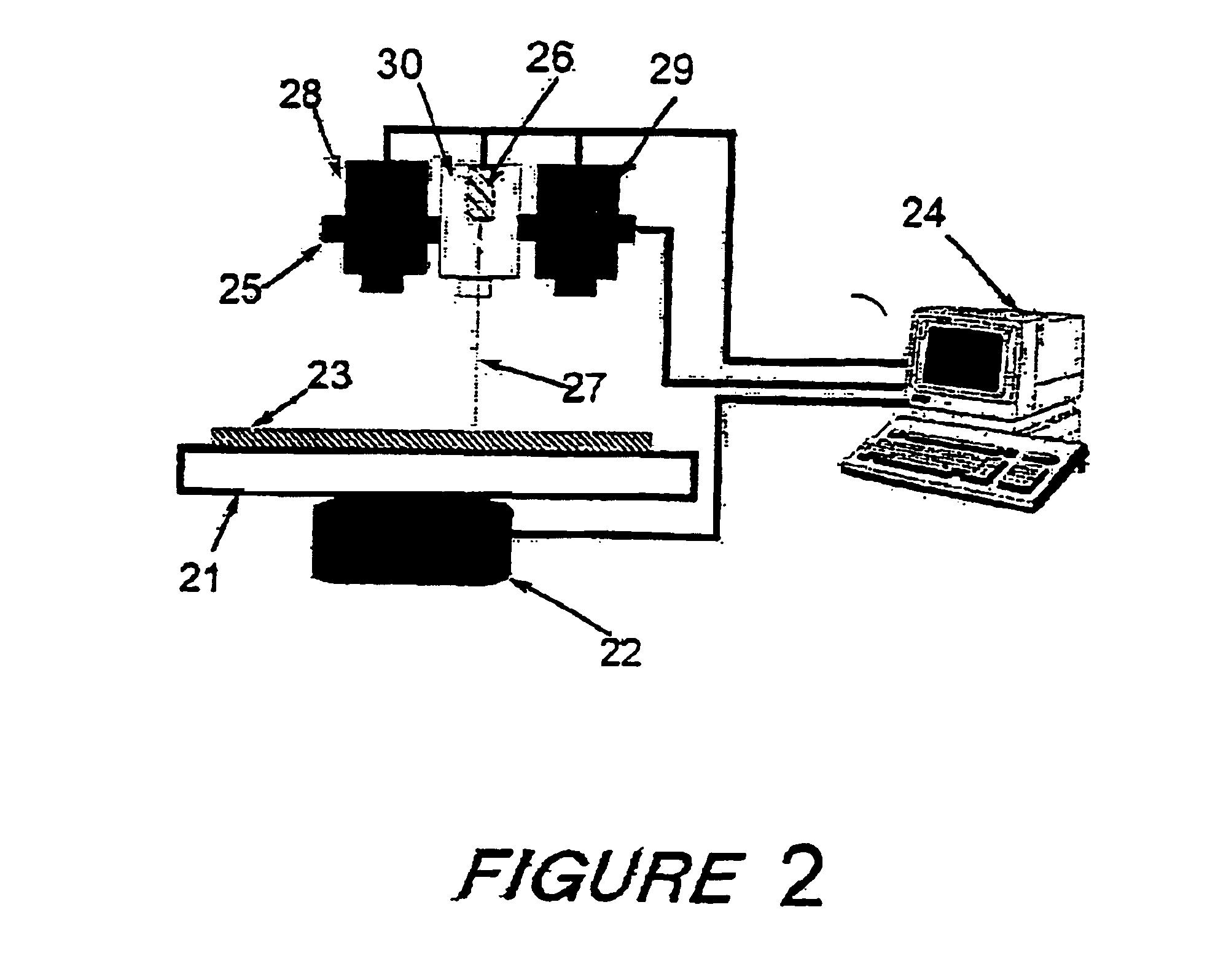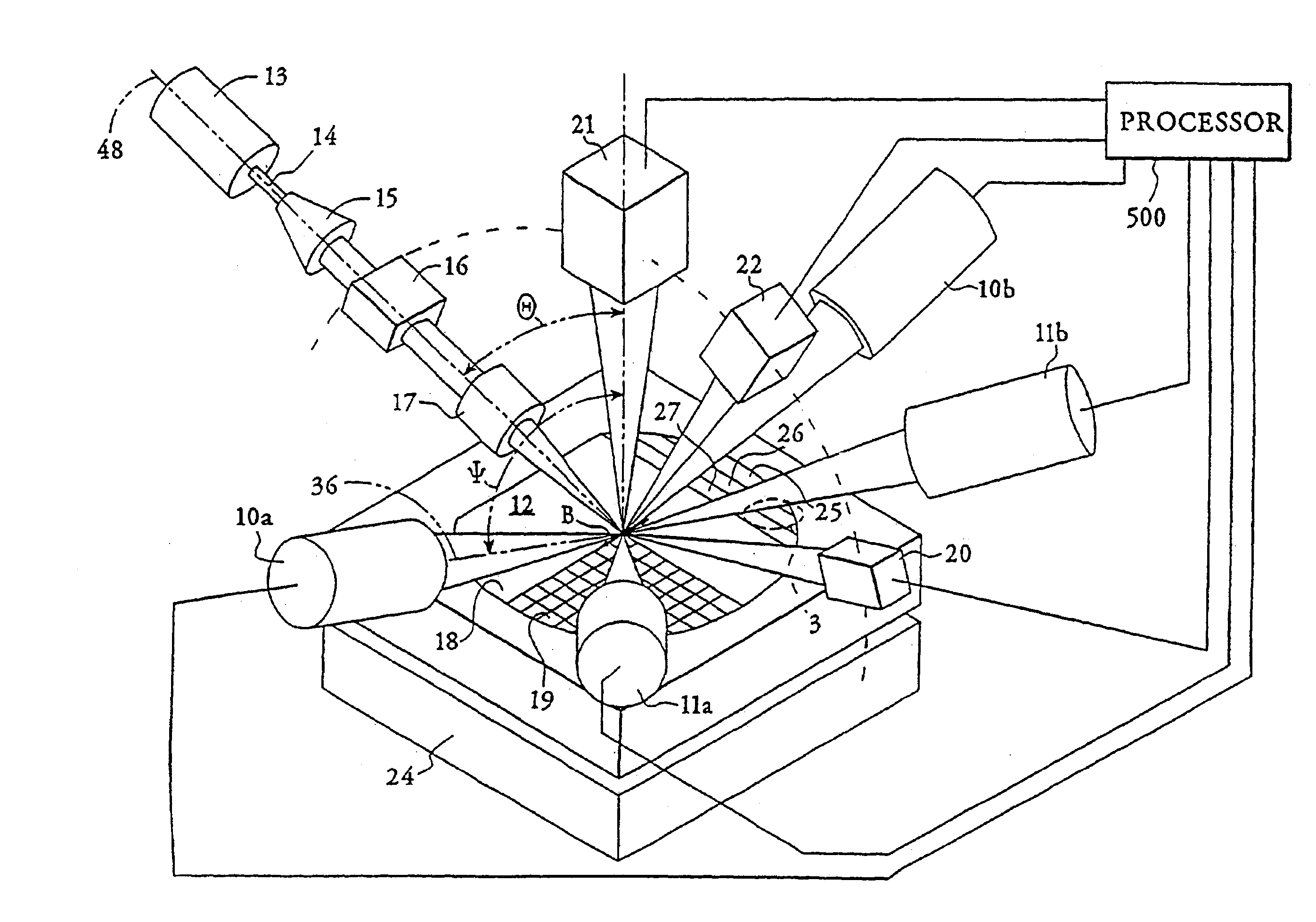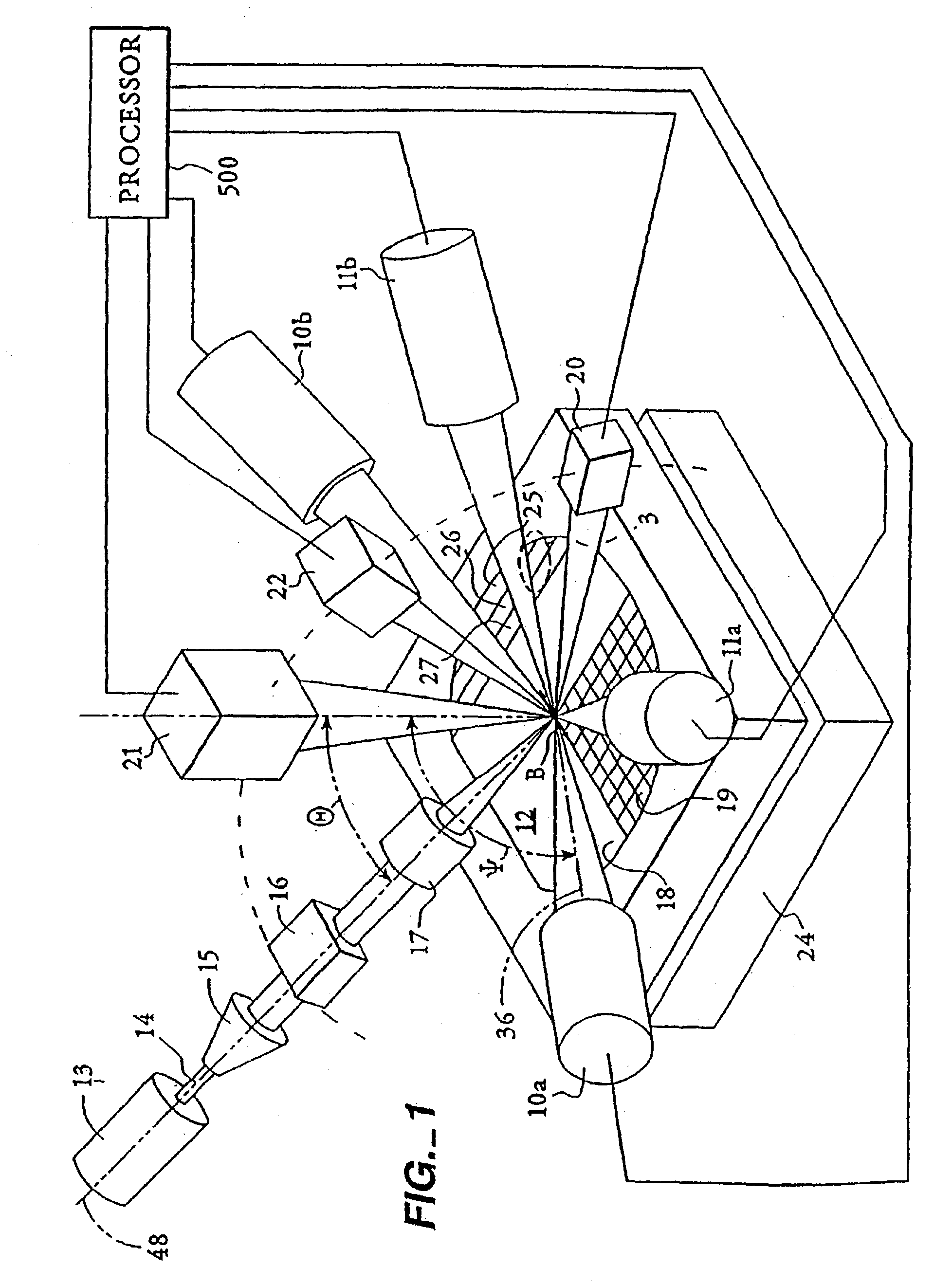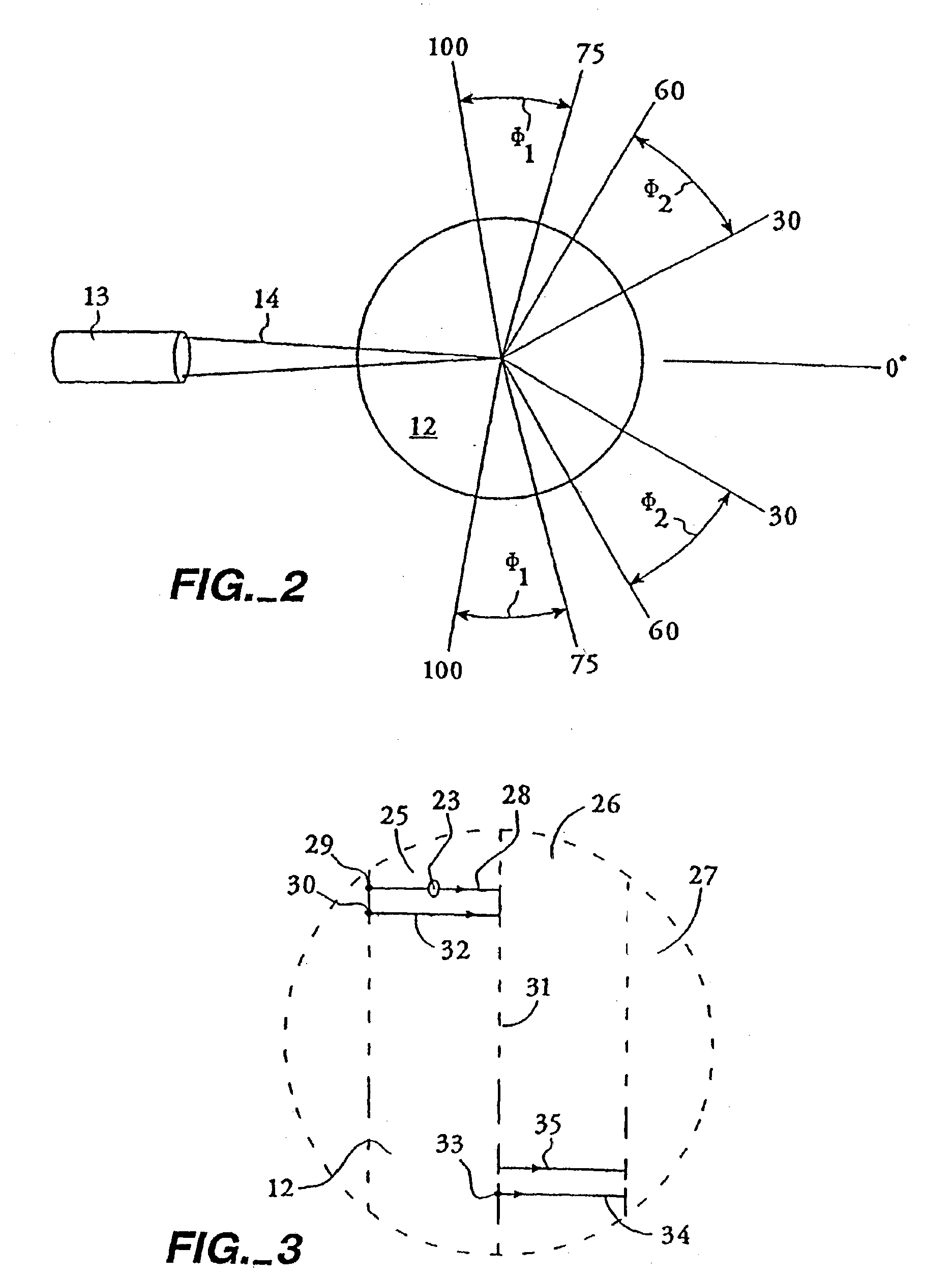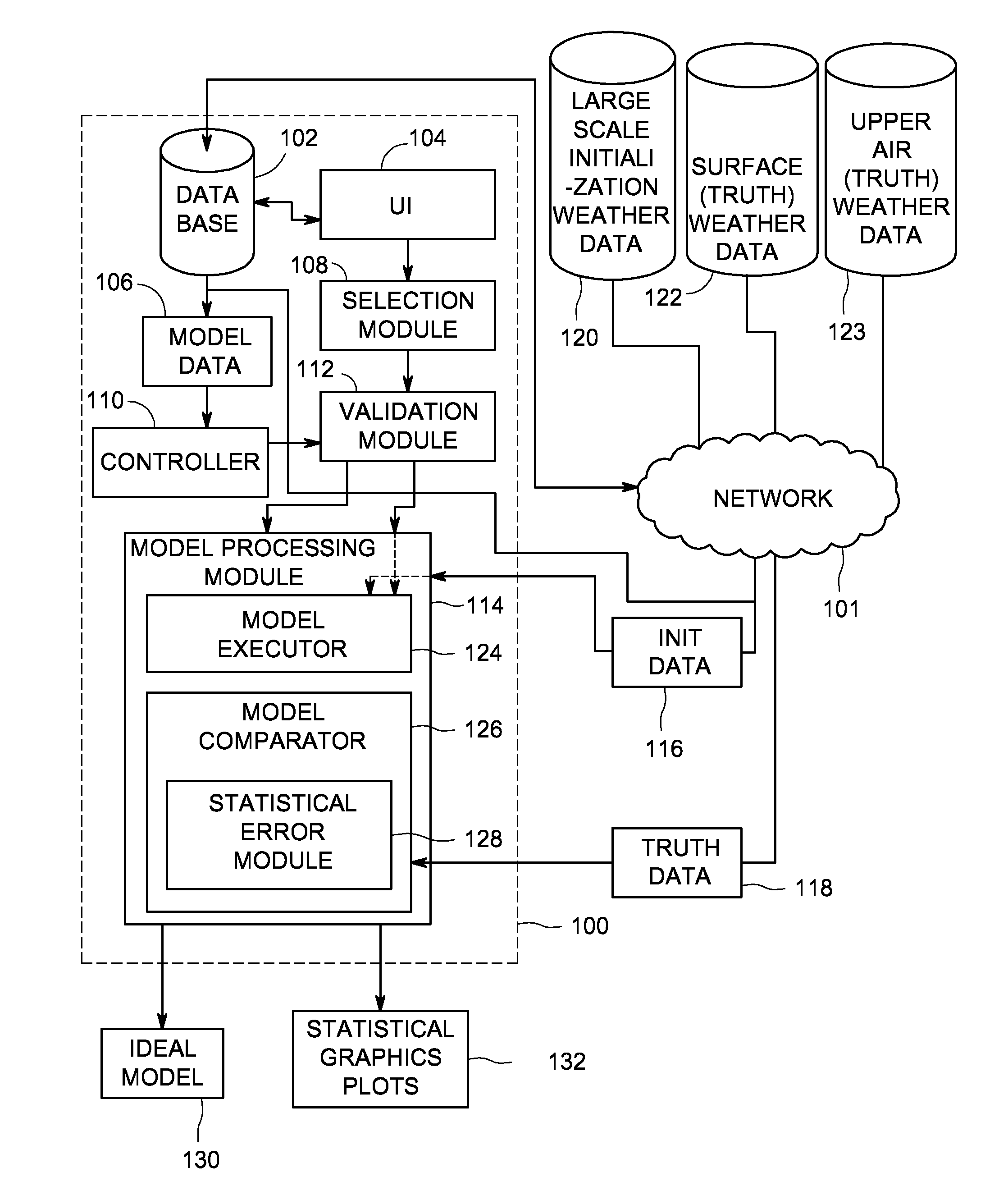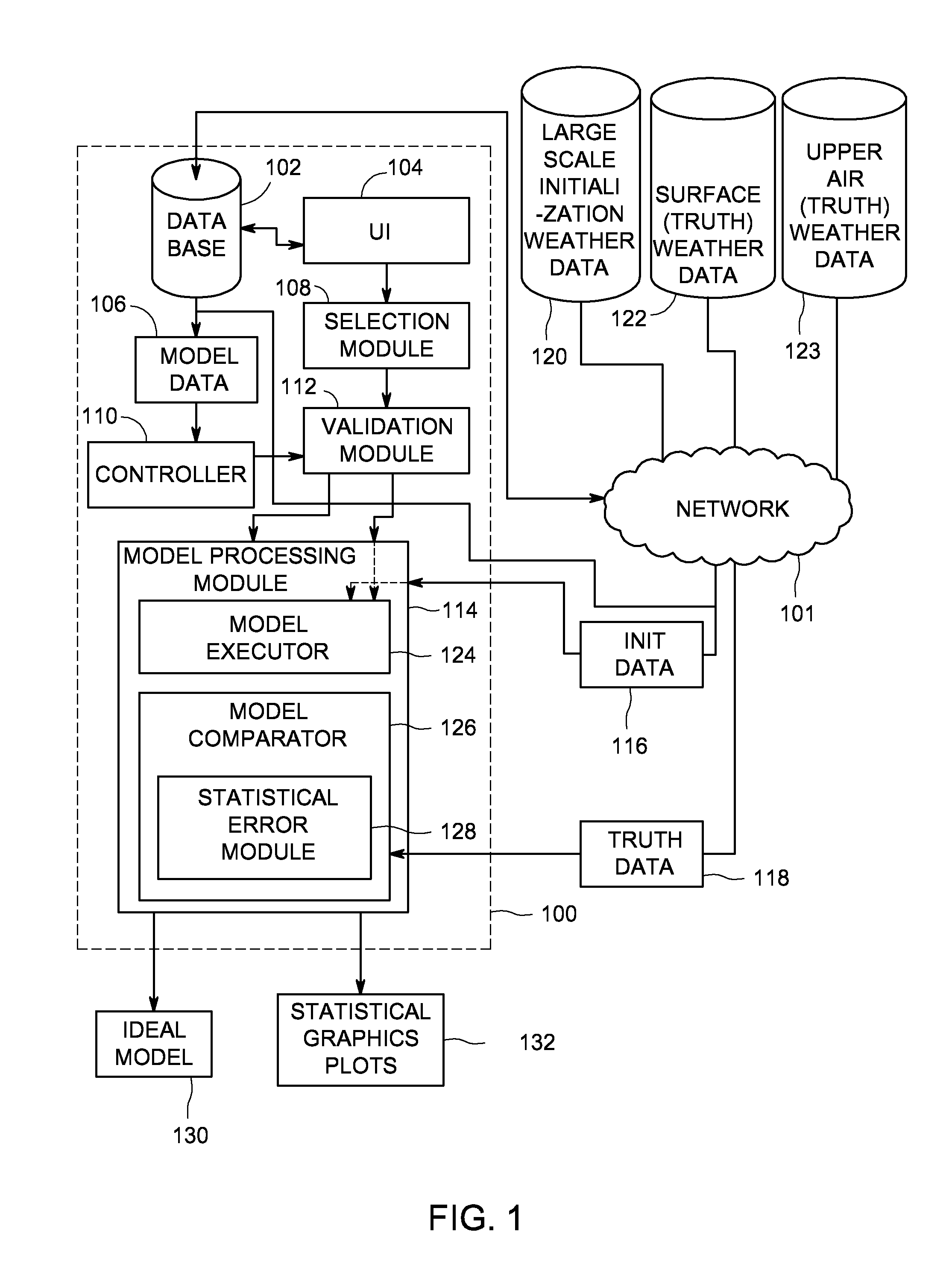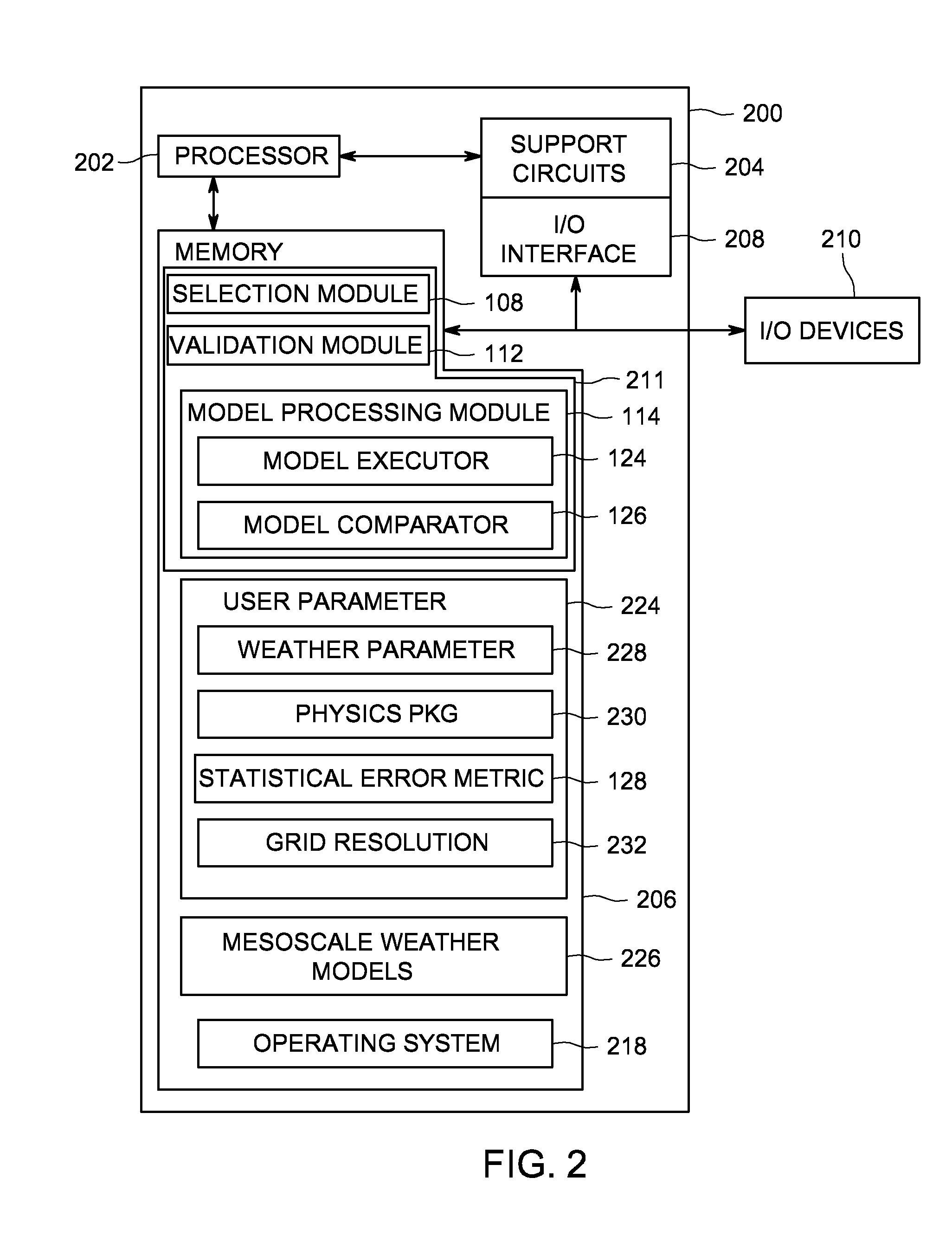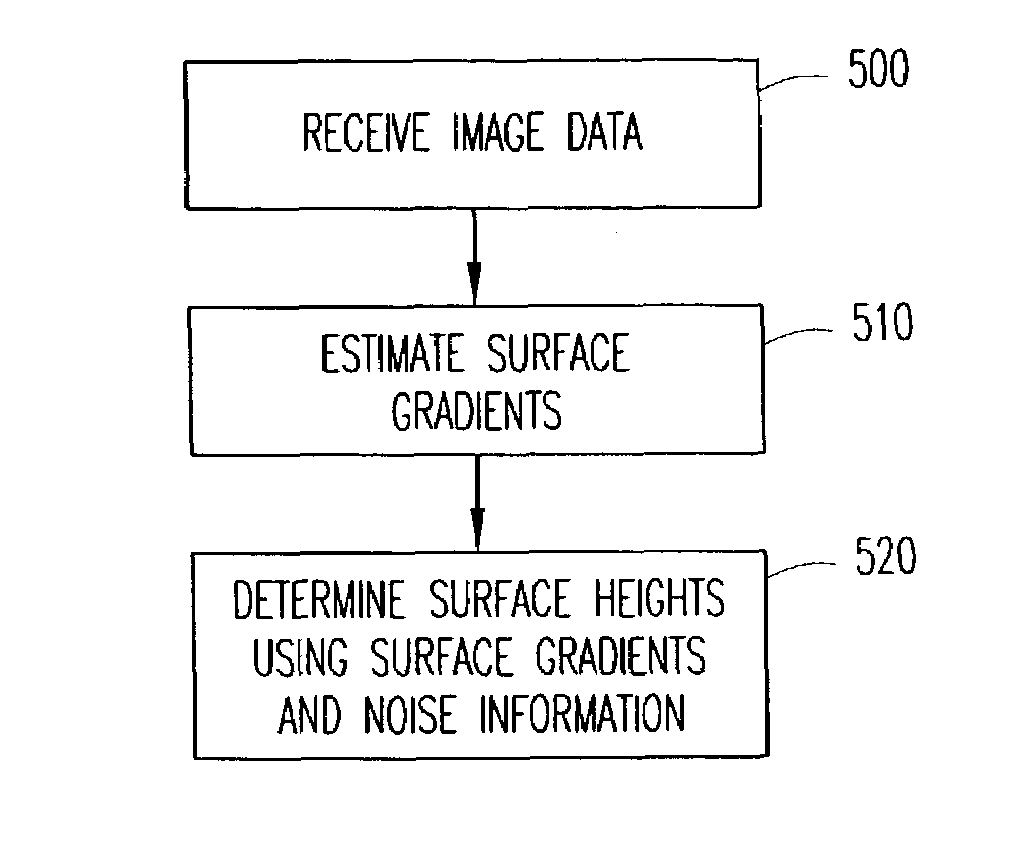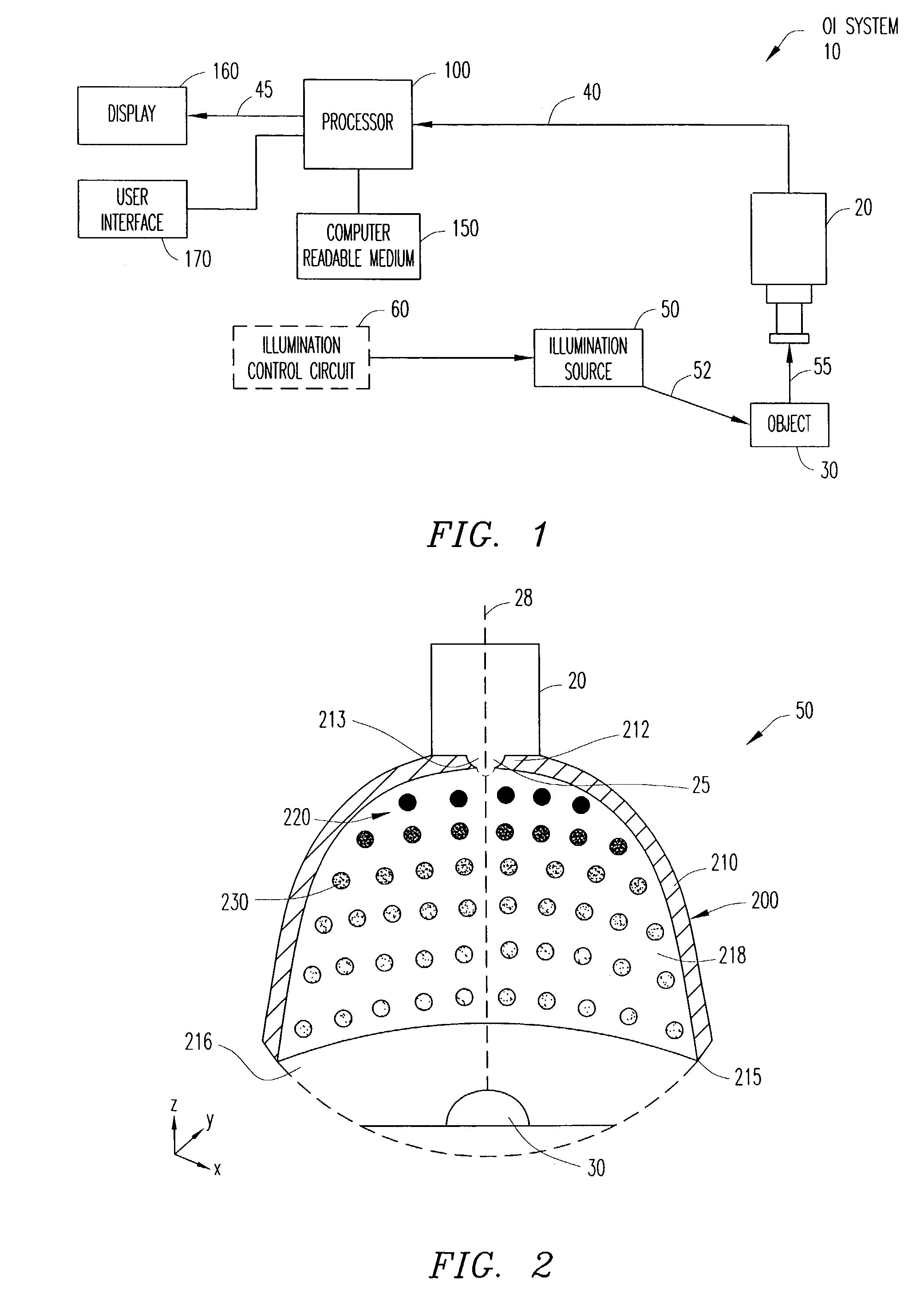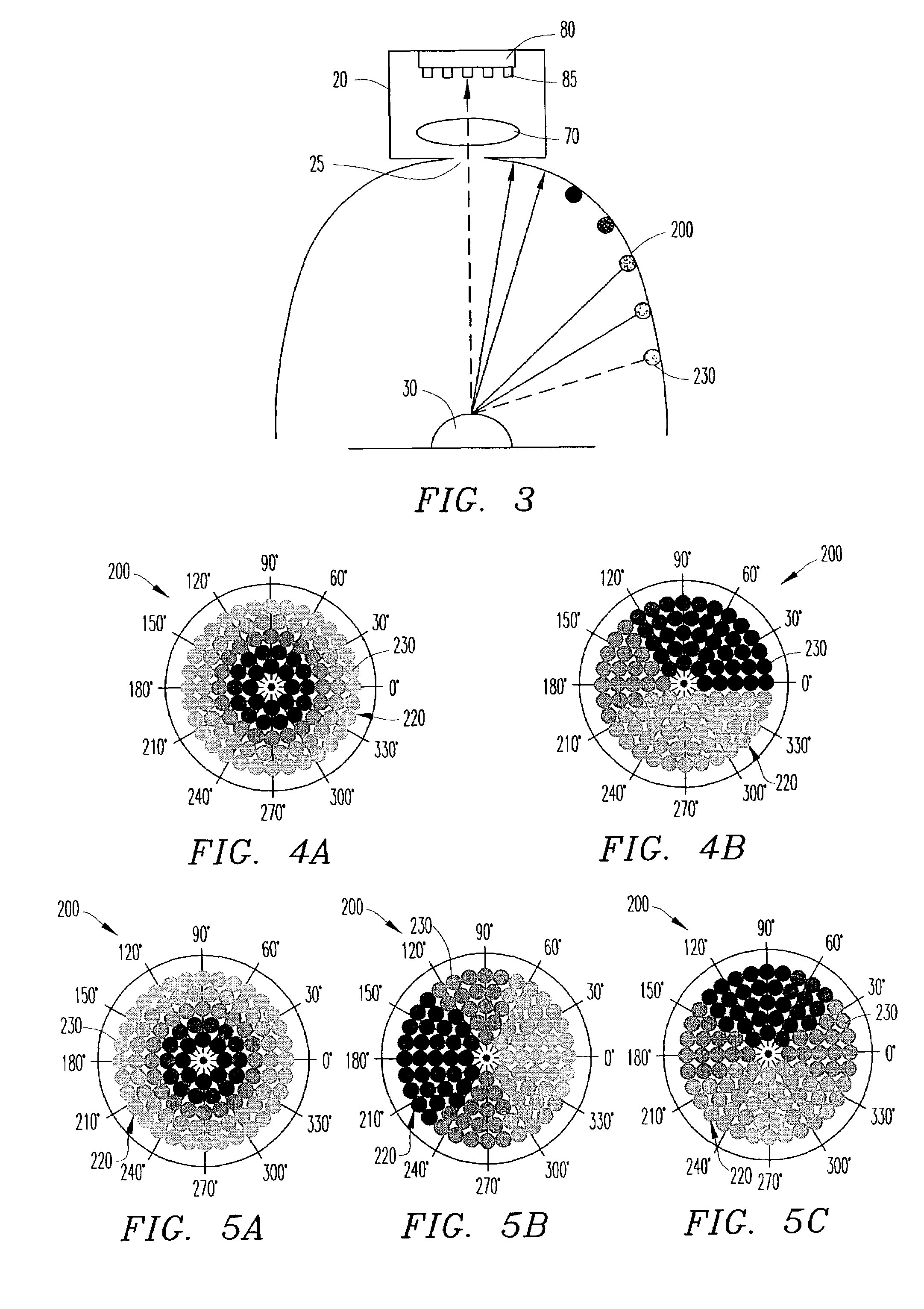Patents
Literature
Hiro is an intelligent assistant for R&D personnel, combined with Patent DNA, to facilitate innovative research.
902 results about "Surface level" patented technology
Efficacy Topic
Property
Owner
Technical Advancement
Application Domain
Technology Topic
Technology Field Word
Patent Country/Region
Patent Type
Patent Status
Application Year
Inventor
Semiconductor device, manufacturing method, and electronic device
ActiveUS20060244107A1Stabilize element propertyEasy to manufactureTransistorSemiconductor/solid-state device detailsSurface levelIntrinsic resistance
In a thin film transistor (1), a gate insulating layer (4) is formed on a gate electrode (3) formed on an insulating substrate (2). Formed on the gate insulating layer (4) is a semiconductor layer (5). Formed on the semiconductor layer (5) are a source electrode (6) and a drain electrode (7). A protective layer (8) covers them, so that the semiconductor layer (5) is blocked from an atmosphere. The semiconductor layer (5) (active layer) is made of, e.g., a semiconductor containing polycrystalline ZnO to which, e.g., a group V element is added. The protective layer (8) thus formed causes decrease of a surface level of the semiconductor layer (5). This eliminates a depletion layer spreading therewithin. Accordingly, the ZnO becomes an n-type semiconductor indicating an intrinsic resistance, with the result that too many free electrons are generated. However, the added element works on the ZnO as an accepter impurity, so that the free electrons are reduced. This decreases a gate voltage required for removal of the free electrons, so that the threshold voltage of the thin film transistor (1) becomes on the order of 0V. This allows practical use of a semiconductor device which has an active layer made of zinc oxide and which includes an protective layer for blocking the active layer from an atmosphere.
Owner:SHARP KK +2
Lithographic apparatus and device manufacturing method
ActiveUS7352434B2Residue reductionEasy to controlServomotor componentsSemiconductor/solid-state device manufacturingControl systemSurface level
In a lithographic apparatus, a localized area of the substrate surface under a projection system is immersed in liquid. The height of a liquid supply system above the surface of the substrate can be varied using actuators. A control system uses feedforward or feedback control with input of the surface height of the substrate to maintain the liquid supply system at a predetermined height above the surface of the substrate.
Owner:ASML NETHERLANDS BV
Method of production pitch fractionizations in semiconductor technology
ActiveUS7291560B2Reduce spacingDecorative surface effectsSemiconductor/solid-state device manufacturingSurface levelEngineering
Spacers are formed on sidewalls of striplike parts of a pattern layer of periodic structure. The pattern layer is removed, and the spacers are covered with a further spacer layer, which is then structured to second sidewall spacers. Gaps between the spacers are filled with a complementary layer. The upper surface is planarized to a lower surface level, leaving a periodic succession of the first spacers, the second spacers and the residual parts of the complementary layer. The lateral dimensions are adapted in such a manner that a removal of one or two of the remaining layers renders a periodic pattern of smaller pitch.
Owner:CHANGXIN MEMORY TECH INC
Method for fabricating an acoustical resonator on a substrate
InactiveUS7275292B2Piezoelectric/electrostrictive device manufacture/assemblyImpedence networksSurface levelMaterials science
Method for fabricating an acoustical resonator on a substrate having a top surface. First, a depression in said top surface is generated. Next, the depression is filled with a sacrificial material. The filled depression has an upper surface level with said top surface of said substrate. Next, a first electrode is deposited on said upper surface. Then, a layer of piezoelectric material is deposited on said first electrode. A second electrode is deposited on the layer of piezoelectric material using a mass load lift-off process.
Owner:AVAGO TECH INT SALES PTE LTD
Protected Solder Ball Joints in Wafer Level Chip-Scale Packaging
ActiveUS20090130840A1High strengthImprove reliabilitySemiconductor/solid-state device detailsSolid-state devicesElectrical connectionSolder ball
Owner:TAIWAN SEMICON MFG CO LTD
Method of producing pitch fractionizations in semiconductor technology
ActiveUS20070026684A1Reduce spacingDecorative surface effectsSemiconductor/solid-state device manufacturingEngineeringSurface level
Spacers are formed on sidewalls of striplike parts of a pattern layer of periodic structure. The pattern layer is removed, and the spacers are covered with a further spacer layer, which is then structured to second sidewall spacers. Gaps between the spacers are filled with a complementary layer. The upper surface is planarized to a lower surface level, leaving a periodic succession of the first spacers, the second spacers and the residual parts of the complementary layer. The lateral dimensions are adapted in such a manner that a removal of one or two of the remaining layers renders a periodic pattern of smaller pitch.
Owner:CHANGXIN MEMORY TECH INC
Dry-cast concrete blocks and manufacturing process therefor
A dry-cast concrete block is provided. The dry-cast concrete block comprises a surface to be exposed, at least a portion of the surface having a cast texture with a natural stone appearance. The cast texture may have a surface level difference of greater than 4 mm. In one example of implementation, the dry-cast concrete block may be a paving unit, in which case the surface level difference may be greater than 6 mm, such as between 6 mm and 12 mm. In another example of implementation, the dry-cast concrete block may be a wall construction unit, in which case the surface level difference may be greater than 15 mm, such as between 15 mm and 25 mm. Each of a plurality of points of the cast texture may define a respective texture angle between 75° and 90°. The cast texture may comprise at least one valley each having a respective depth greater than 4 mm. A process for manufacturing such a concrete block is also provided.
Owner:OLDCASTLE BUILDING PROD CANADA INC
Driving device
A plurality of movable lenses included in a zoom lens system are driven individually by piezoelectric actuators provided one for each lens. Two driving rods are arranged at different positions along the same line in such a way that neither of the driving rods reaches into the driving stroke of the lens driven by the other. Each driving rod has a piezoelectric actuator provided at its end farther from the other. Alternatively, a plurality of piezoelectric actuators are fixed to a single base block having a groove or a surface level difference to restrict propagation of vibration between the piezoelectric actuators. A graduated member having N-pole and S-pole regions formed alternatively thereon with a predetermined pitch is fixed, parallel to the driving rods, to the driving device itself. A magnetic resistance sensor is attached to each lens frame so as to face the graduated member. Based on the outputs of the sensors, the positions of the individual lenses are detected.
Owner:MINOLTA CO LTD
Adjustable mount for vacuum cup
A material handling device includes a vacuum cup pivotally attached to a receiving collar and pivotable to engage a surface of an object to be picked up by the material handling system. The receiving collar includes a support post and a mounting collar that is movable along the support post. The mounting collar is attachable to a support assembly that is movable to move the device toward and into engagement with the object. The mounting collar may move along the post after the respective cup engages the object and while the cups of other devices of the system are moved further toward and into engagement with the object. The material handling device may include an object sensor at a generally central region of the vacuum cup. The material handling device thus is configured to engage objects having uneven surfaces and having varying surface levels from one object to the next.
Owner:DELAWARE CAPITAL FORMATION
Image texture tactile representation system based on force/haptic interaction equipment
ActiveCN101819462AImprove realismImprove stabilityInput/output for user-computer interactionGraph readingInteraction systemsImaging processing
The invention discloses an image texture tactile representation system based on force / haptic interaction equipment for virtual reality human-computer interaction, which is characterized in that when the virtual proxy of the force / haptic interaction equipment slides on a texture surface of a virtual object in a virtual environment, the surface height of the object texture corresponding to the contact point and a coefficient of kinetic friction for reflecting the rough degree of the contact point are firstly obtained on the basis of an image processing method, a continuous normal contact force model reflecting the concave-convex degree of the contact point and a tangential friction model reflecting the rough degree of the contact point are respectively established, and finally the texture contact force is fed back to an operator in real time through the force / haptic interaction equipment so as to realize the force haptic express and reappear when fingers slide over the surface texture of the virtual object. The feedback continuous change normal force not only enables the human-computer interaction to be more real, but also enables an interaction system to be more stable, and the feedback friction related to the rough degree of the contact point also further enhances the sense of reality when the texture reappears.
Owner:NANTONG MINGXIN CHEM +1
Adherent polymeric compositions
InactiveUS20050281866A1Inhibits cellular attachmentAvoid problemsSurgical adhesivesAdhesive dressingsSurface levelMacromonomer
Described herein are adhesive polymeric compositions and methods for using the compositions. The composition are adherent to the applied surface. The compositions, in certain embodiments, are biodegradable and biocompatible, and can be designed with selected properties of compliancy and elasticity for different surgical and therapeutic applications. The adherent polymeric compositions comprise a polymerized macromer network and an additive mixed or entangled in the polymerized macromer. The additive is bonded to a surface by at least one covalent bond or by secondary interactions and is not covalently bonded to the polymerized macromer network. Alternatively, the additive is bonded to the surface by at least one covalent bond and is also bonded to the macromer network. The disclosed compositions can be used as an improved barrier, coating or drug delivery system that due to the additive is highly adherent to an applied surface. The compositions of the present invention are typically non-toxic, water miscible and have adaptable characteristics depending on the macromers and additives used. For example, specific macromers can be used for targeted bioresorption rate and / or degradation rate of the applied composition.
Owner:GENZYME CORP
Method and apparatus for detecting surface characteristics on a mask blank
InactiveUS20050254065A1Material analysis by optical meansUsing optical meansWollaston prismLight beam
An optical system and method configured to detect surface height variations on a mask blank. The optical system comprises a Wollaston prism, optics and first and second detectors. The Wollaston prism splits an incident beam of radiation into a first beam and a second beam. The first beam has a first polarization. The second beam has a second polarization. The optics directs the first and second beams along first and second paths onto first and second illuminated areas on a surface of the mask blank. The first and second illuminated areas reflect or transmit portions of the first and second beams to produce first and second reflected or transmitted beams. The first and second detectors detect the first and second reflected or transmitted beams and produce first and second signals in response to the first and second reflected or transmitted beams. A multiple way coupler may also be used for detecting height variation or other features on a mask blank. Two substantially parallel optical incident radiation beams are transmitted to the mask blank. The multiple way coupler mixes portions of the two beams after they have been reflected or transmitted by two different areas of said mask blank to provide three or more outputs which can be analyzed to provide information on height variation or other features on the mask blank.
Owner:KLA TENCOR TECH CORP
Developing device and image forming apparatus having a restricted developer surface level feature
A developing device and an image forming apparatus includes a developer container for containing a developer made up of magnetic particles and a toner; a developer carrier for bearing and transporting the developer; a first agitating and transporting unit provided in the developer container, the first agitating and transporting unit transporting the developer while agitating the developer; a second agitating and transporting unit provided in the developer container, the second agitating and transporting unit transporting the developer transported by the first agitating and transporting unit while agitating the developer, thereby supplying the developer to the developer carrier; and a restricting member provided in the developer container, the restricting member restricting passage of an upper portion of the developer transported by the first agitating and transporting unit, thereby achieving a desired developer surface level.
Owner:CANON KK
Nanowire-polymer composite electrodes
ActiveUS20130251943A1Facilitate conductionHigh transparencyFinal product manufactureSolid-state devicesComposite filmSurface level
A method for producing flexible, nanoparticle-polymer composite electrodes is described. Conductive nanoparticles, preferably metal nanowires or nanotubes, are deposited on a smooth surface of a platform to produce a porous conductive layer. A second application of conductive nanoparticles or a mixture of nanoparticles can also be deposited to form a porous conductive layer. The conductive layer is then coated with at least one coating of monomers that is polymerized to form a conductive layer-polymer composite film. Optionally, a protective coating can be applied to the top of the composite film. In one embodiment, the monomer coating includes light transducing particles to reduce the total internal reflection of light through the composite film or pigments that absorb light at one wavelength and re-emit light at a longer wavelength. The resulting composite film has an active side that is smooth with surface height variations of 100 nm or less.
Owner:RGT UNIV OF CALIFORNIA
Reduction of laser speckle in photolithography by controlled disruption of spatial coherence of laser beam
InactiveUS6898216B1Speckle reductionSemiconductor/solid-state device manufacturingOptical resonator shape and constructionRefractive indexLight beam
Speckle of a laser beam is reduced by inserting an anti-speckle apparatus in the beam path to disrupt its spatial coherence while maintaining its temporal coherence. In one embodiment, the anti-speckle apparatus is a phase retarder plate bearing periodic optically-coated regions. Transmission or reflection of the beam through coated and uncoated regions causes an internal phase shift of first beam portions relative to second beam portions, thereby disrupting spatial coherence. Size and thickness of the coated regions can be carefully tailored to meet requirements of stepper and scanner equipment manufacturers for maximum allowable spatial coherence expressed as a minimum permissible number of coherent cells across the beam cross-section. An alternative embodiment of an anti-speckle apparatus is a scattering plate bearing a roughened surface. Transmission or reflection of the beam by the roughened surface disrupts the beam's spatial coherence. The correlation length and / or surface height of structures on the roughened surface of the scattering plate may be adjusted to achieve desired divergency and spatial coherence. A liquid matching medium or solid overcoating may be contacted with the roughened surface to adjust the index of refraction at the interface with the roughened surface. The anti-speckle apparatus may serve to outcouple the laser beam, as well, and a fly eye lens may be positioned after the anti-speckle appartus.
Owner:COHERENT GMBH
Exposure apparatus and exposure method
InactiveUS20030011771A1Small measurement errorHigh leveling accuracyInvestigating moving sheetsSemiconductor/solid-state device manufacturingCamera lensMeasurement point
An exposure apparatus and an exposure method that minimize the range over which exposing light becomes defocused even when a non-level portion is present within each shot are provided. One shot is selected from a plurality of shots (exposure unit areas) set on a wafer (S 50). 49 measurement points are set in the selected shot and the three-dimensional coordinates of each measurement point are determined (S 70). Next, an arithmetic operation is performed using the 49 sets of three-dimensional coordinate data to ascertain an "in-shot focus plane" (S 90). This arithmetic operation may be performed through, for instance, the method of least squares. The extents of positional deviation between the surface of the selected shot and the in-shot focus plane is ascertained and the extents of deviation are stored in memory as "adjustment values" (S 110). An exposure shot to undergo exposure processing is selected and the surface level variation manifesting at the exposure shot is measured. The adjustment values are subtracted from the results of the measurement and exposing light is irradiated on the exposure shot while moving the wafer along the vertical direction in conformance to the result of the subtraction (S 130).
Owner:LAPIS SEMICON CO LTD
Multi-Position Work Tables
A compact height adjustable work station utilizes a unique combination of support arms and linkages to achieve greater strength and a greater range of tabletop height adjustment from a smaller form factor than is found anywhere in the industry. The method for adjusting the work surface height is user operated and pressure assisted whereby the user requires a minimal effort to physically lift or lower the work surface to the desired tabletop height. The pressure assist can be variably located to counterbalance different tabletop weights. For automatic counterbalancing, an elongated extensible gas spring piston-cylinder is adapted to be locked in any of its continuous range of infinite adjusted positions. Manual unclamping frees the counterbalancing gas spring for readily changed, manual tabletop height level adjustment. A mid-range level or a high tabletop level may be achieved, adjusted by unclamping and minimum manual force.
Owner:CARRABBA STEPHEN
Magnetic recording medium
InactiveUS20020135939A1Avoid stickingEliminate needNanoinformaticsPatterned record carriersEngineeringSurface level
Owner:TDK CORPARATION
System and method for shape reconstruction from optical images
Reconstructing the shape of the surface of an object in greater than two dimensions is performed using a noise-tolerant reconstruction process and / or a multi-resolution reconstruction process. The noise-tolerant reconstruction process can be a Bayesian reconstruction process that adds noise information representing the noise distribution in optical image(s) of the object to surface gradient information estimated from the images to determine surface height information that defines the shape of the surface of the object in greater than two dimensions. In the multi-resolution reconstruction process, for each resolution of the image, the surface gradient information is estimated and the surface height information is calculated using the estimated surface gradient information. To obtain the final surface height map, the surface height information from each resolution is combined to reconstruct the shape of the surface of the object in greater than two dimensions. The multi-resolution reconstruction process can be used with the Bayesian reconstruction process or with another decomposition process, such as a wavelet decomposition process.
Owner:APTINA IMAGING CORP
Hydrocarbon Well Performance Monitoring System
A system and method for real-time data acquisition and presentation of force, position, load, pressures, and movement within a subterranean well pumping system, such as an oil well. Data is gathered using sensors attached to a surface level pump drive and wellhead system. Well structural data and well production data are combined therewith to generate a real-time display of down-hole well operation, including animated graphics of the pump operation, including pump movement, rod and tubing stretch, fluid movement, gas compression, system forces, and fluid pressures. Liquid levels are tested using an acoustic liquid level instrument, and incorporated to improve well performance analysis.
Owner:MCCOY JAMES N
Adjustable mount for vacuum cup with offset mounting post and swivel
A material handling device includes a vacuum cup pivotally attached to a receiving collar and pivotable to engage a surface of an object to be picked up by the material handling system. The receiving collar includes a support post and a mounting collar that is movable along the support post. The mounting collar is attachable to a support assembly that is movable to move the device toward and into engagement with the object. The mounting collar may move along the post after the respective cup engages the object and while the cups of other devices of the system are moved further toward and into engagement with the object. The material handling device may include an object sensor at a generally central region of the vacuum cup. The material handling device thus is configured to engage objects having uneven surfaces and having varying surface levels from one object to the next.
Owner:DELAWARE CAPITAL FORMATION INC
Method of removing radioactive materials from a submerged state and/or preparing spent nuclear fuel for dry storage
ActiveUS20090069621A1Quantity maximizationIncreasing transfer procedure cycleNuclear engineering problemsNuclear engineering solutionsRadioactive agentRadioactive waste
A system, apparatus and method of processing and / or removing radioactive materials from a body of water that utilizes the buoyancy of the water itself to minimize the load experienced by a crane and / or other lifting equipment. In one aspect, the invention is a method comprising: a) submerging a container having a top, a bottom, and a cavity in a body of water having a surface level, the cavity filling with water; b) positioning radioactive material within the cavity of the submerged container; c) raising the submerged container until the top of the containment apparatus is above the surface level of the body of water while a major portion of the container remains below the surface level of the body of water; and d) removing bulk water from the cavity while the top of the container remains above the surface level of the body of water and a portion of the container remains submerged. The bulk water can be added back into the cavity to add neutron shielding after the container is placed in a staging area and prior to personnel performing the desired operations to the container. As a result, gamma radiation and neutron shielding of the container can be maximized for any crane capacity.
Owner:HOLTEC INT
System for correcting aberrations and distortions in EUV lithography
InactiveUS6897940B2Decorative surface effectsDuplicating/marking methodsExit pupilConductive coating
A system for correcting aberration and distortion in EUV lithography places a reticle on a deformable reticle chuck, and a reticle height sensor is used to measure the surface height of the reticle placed on the deformable reticle chuck. An optical system projects EUV radiation onto the reticle and collects and projects reflected EUV radiation from the reticle through its exit pupil onto a wafer placed on a wafer chuck. A deformable mirror disposed proximal to the exit pupil may also be controlled for this purpose. The deformable reticle chuck and the deformable mirror are controlled such that aberration and distortion of an image of the reticle formed on the wafer by the optical system are corrected based on the height measured by the reticle height sensor. The deformable reticle chuck includes a supporting structure, a deformable membrane disposed above and being comprised of a dielectric layer and a conductive layer, a voltage source connected to the conductive coating on the reticle and the conductive layer to generate an electrostatic attractive force between them, a plurality of actuator rods each connected to a corresponding one of actuators, and a coolant gas inside a chamber formed between the membrane and the top surface of the supporting structure. A deformable wafer chuck and wafer height sensor may be included to provide further correction of the image.
Owner:NIKON CORP
Flexible compound type array sensor used for artificial sensitive skin of intelligent robot
InactiveCN102749092AImprove accuracyEliminate distractionsConverting sensor output electrically/magneticallyManipulatorSurface levelMoisture sensor
The invention discloses a flexible compound type array sensor used for the artificial sensitive skin of an intelligent robot, which is characterized in that a sensing unit for forming an array takes a flexible polyimide circuit board as a substrate; the same surface of the substrate is respectively provided with a pressure sensor, a temperature sensor and a humidity sensor; and the surface height of the pressure sensor is higher than those of the temperature sensor and the humidity sensor to form a distribution form which is integrally in a male and female mode. According to the flexible compound type array sensor used for the artificial sensitive skin of the intelligent robot, which is disclosed by the invention, pressure, temperature and humidity can be simultaneously measured, and the flexible compound type array sensor used for the artificial sensitive skin of the intelligent robot has the advantages of good flexibility, high precision and stable performance.
Owner:HEFEI UNIV OF TECH
Apparatus and method for precise lapping of recessed and protruding elements in a workpiece
InactiveUS6935013B1Reduce height differenceDeep textureElectrical transducersDecorative surface effectsElectricityEngineering
A lapping method utilizing textured and conditioned lapping plates most suitable for finishing magnetic heads resulting in improved surface quality, less sensitivity to electrical shorts due to smears, and reduced surface height difference between the head elements exposed at the slider air bearing surface. A rough lapping phase is followed by a polishing phase that maintains the same mechanical motion between the work piece and lapping plate but utilizes only the lapping plate without abrasives of any kind to polish the work piece surface, and to clean up any deep textured marks resulting from the diamond slurry phase. A conductive liquid is utilized to provide lubrication and to minimize static charge.
Owner:HITACHI GLOBAL STORAGE TECH NETHERLANDS BV
Material containing metal ion ligand complex producing nitric oxide in contact with blood
InactiveUS7128904B2Good biocompatibilityPeptide/protein ingredientsOther blood circulation devicesPolymer thin filmsNitric oxide
Biocompatible materials that have the ability to release nitric oxide (NO) in situ at the surface-blood interface when in contact with blood. The materials which may be polymers (e.g., polyurethane, poly(vinyl chloride), silicone rubbers), metals, such as stainless steel, carbon, and the like are provided with biocatalysts or biomimetic catalysts on their surface that have nitrite, nitrate, and / or nitrosothiol-reducing capability. Illustratively, the catalysts are adsorbed or immobilized at the surface of the material. The catalysts can act on endogenous nitrite, nitrate, or nitrosothiols within the blood creating a local increase in the NO levels at the surface of the material. An illustrative enzymatic biocatalyst is mammalian xanthine oxidase. In another illustrative embodiment, a biomimetic catalyst is a copper (Cu(II)-ligand complex, e.g. dibenzo[e,k]-2,3,8,9-tetraphenyl-1,4,7,10-tetraaza-cyclododeca-1,3,7,9-tetraene. In some cases, lipophilic salts of nitrite / nitrate (e.g., tridodecylmethylammonium nitrite (TDMA+NO2− / NO3−)) or certain salts of nitrosothiols can be doped within a polymer material, or an underlying polymeric film, to create a reservoir of nitrite or nitrosothiol that continuously leaks into the immobilized catalytic layer. Adequate levels of endogenous reducing equivalents are present within blood to provide catalytically-generated surface levels of NO that are above the threshold reportedly required to prevent platelet adhesion or activation.
Owner:RGT UNIV OF MICHIGAN
Confocal wafer-inspection system
InactiveUS6934019B2Semiconductor/solid-state device testing/measurementSemiconductor/solid-state device manufacturingMeasurement pointDegrees of freedom
A confocal wafer inspection system including: (a) a table to carry a wafer for inspection, the table having two vertical degrees of freedom to enable XY axis movements; (b) a movement device for moving the table along the degrees of freedom; (c) a confocal height measurement system, perpendicular to the table, for measuring the range to a point on a surface of the wafer and for enabling to recognize changes in surface altitude while the wafer moves with the table; and (d) a computer operative for: (i) holding a bumps map of the wafer; (ii) controlling the movement device; (iii) moving the table so that the measuring point of the confocal height measurement system crosses each bump of the wafer; (iv) storing a height profile of each bump; (v) comparing the height profiles or checking each height profile according to predetermined criteria or both; and (vi) enabling a results output. The invention also relates to a method for confocal wafer inspection.
Owner:CAMTEK LTD
Optical scanning system for surface inspection
In an optical scanning system for detecting particles and pattern defects on a sample surface, a light beam is focused to an illuminated spot on the surface and the spot is scanned across the surface along a scan line. A detector is positioned adjacent to the surface to collect scattered light from the spot where the detector includes a one- or two-dimensional array of sensors. Light scattered from the illuminated spot at each of a plurality of positions along the scan line is focused onto a corresponding sensor in the array. A plurality of detectors symmetrically placed with respect to the illuminating beam detect laterally and forward scattered light from the spot. The spot is scanned over arrays of scan line segments shorter than the dimensions of the surface. A bright field channel enables the adjustment of the height of the sample surface to correct for errors caused by height variations of the surface. Different defect maps provided by the output of the detectors can be compared to identify and classify the defects. The imaging function of the array of sensors combines the advantages of a scanning system and an imaging system while improving signal / background ratio of the system.
Owner:KLA TENCOR TECH CORP
Method and system for determining accuracy of a weather prediction model
ActiveUS20130117608A1Weather condition predictionError detection/correctionSurface levelAtmospheric sciences
A method and system for determining the accuracy of a mesoscale weather model comprising at least one processor having at least one input for inputting a preexisting weather model and initial weather data comprising surface level and upper air temperatures and wind conditions, and actually measured surface level and the upper-air level weather conditions; the at least one processor operating to use the mesoscale weather model to generate output data comprising forecasted temperatures, wind conditions, and predicted weather conditions; the at least one processor operating to compare the output data to actually measured data obtained when same or similar initial weather data were present and subsequent resulting temperatures, wind conditions and weather conditions were measured; and the at least one processor operating to generate an accuracy rating reflecting the deviation of temperature, wind conditions and weather conditions predicted by the mesoscale weather model as compared to those actually measured.
Owner:UNITED STATES OF AMERICA THE AS REPRESENTED BY THE SEC OF THE ARMY
System and method for shape reconstruction from optical images
Owner:APTINA IMAGING CORP
Features
- R&D
- Intellectual Property
- Life Sciences
- Materials
- Tech Scout
Why Patsnap Eureka
- Unparalleled Data Quality
- Higher Quality Content
- 60% Fewer Hallucinations
Social media
Patsnap Eureka Blog
Learn More Browse by: Latest US Patents, China's latest patents, Technical Efficacy Thesaurus, Application Domain, Technology Topic, Popular Technical Reports.
© 2025 PatSnap. All rights reserved.Legal|Privacy policy|Modern Slavery Act Transparency Statement|Sitemap|About US| Contact US: help@patsnap.com
